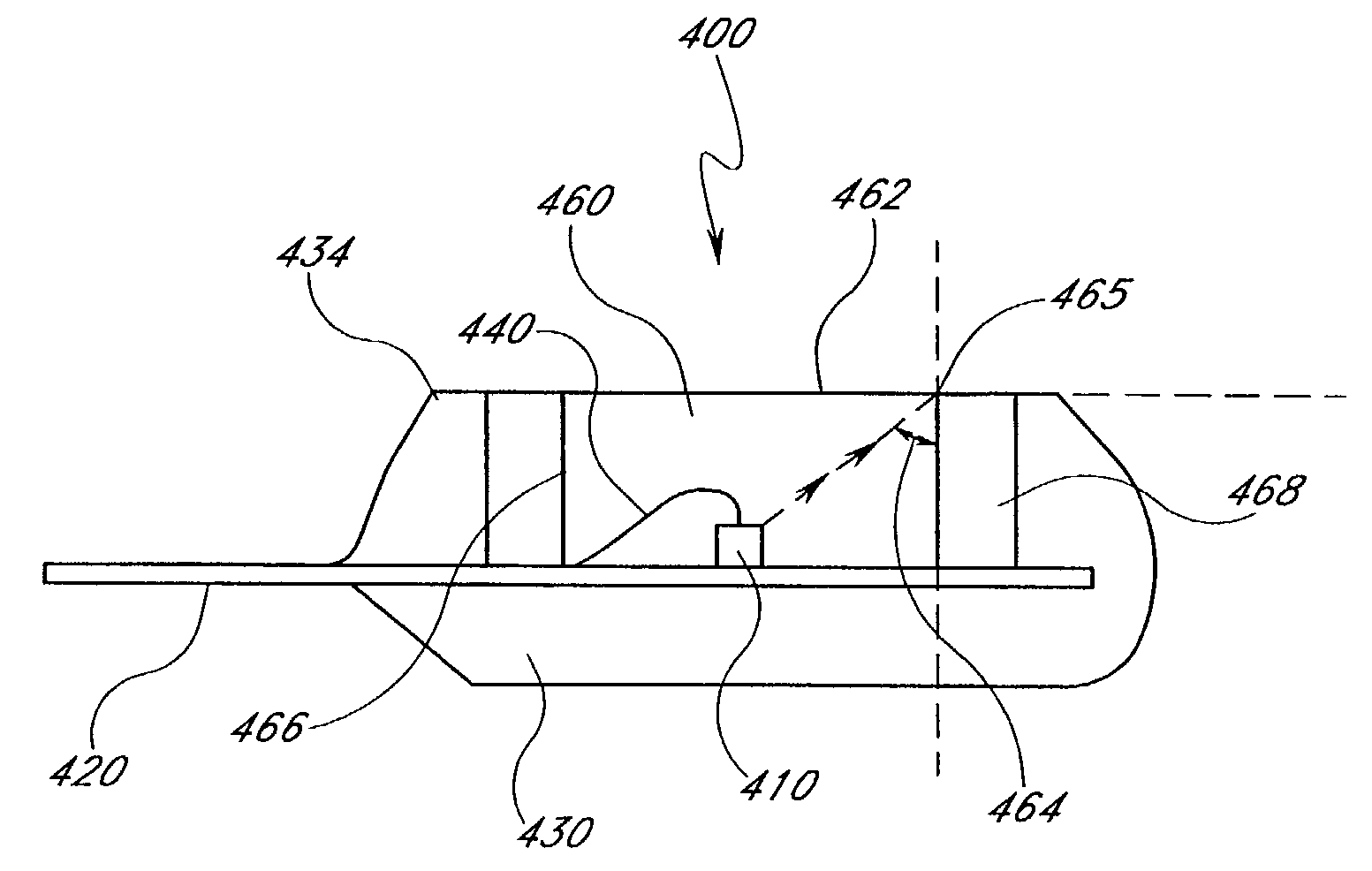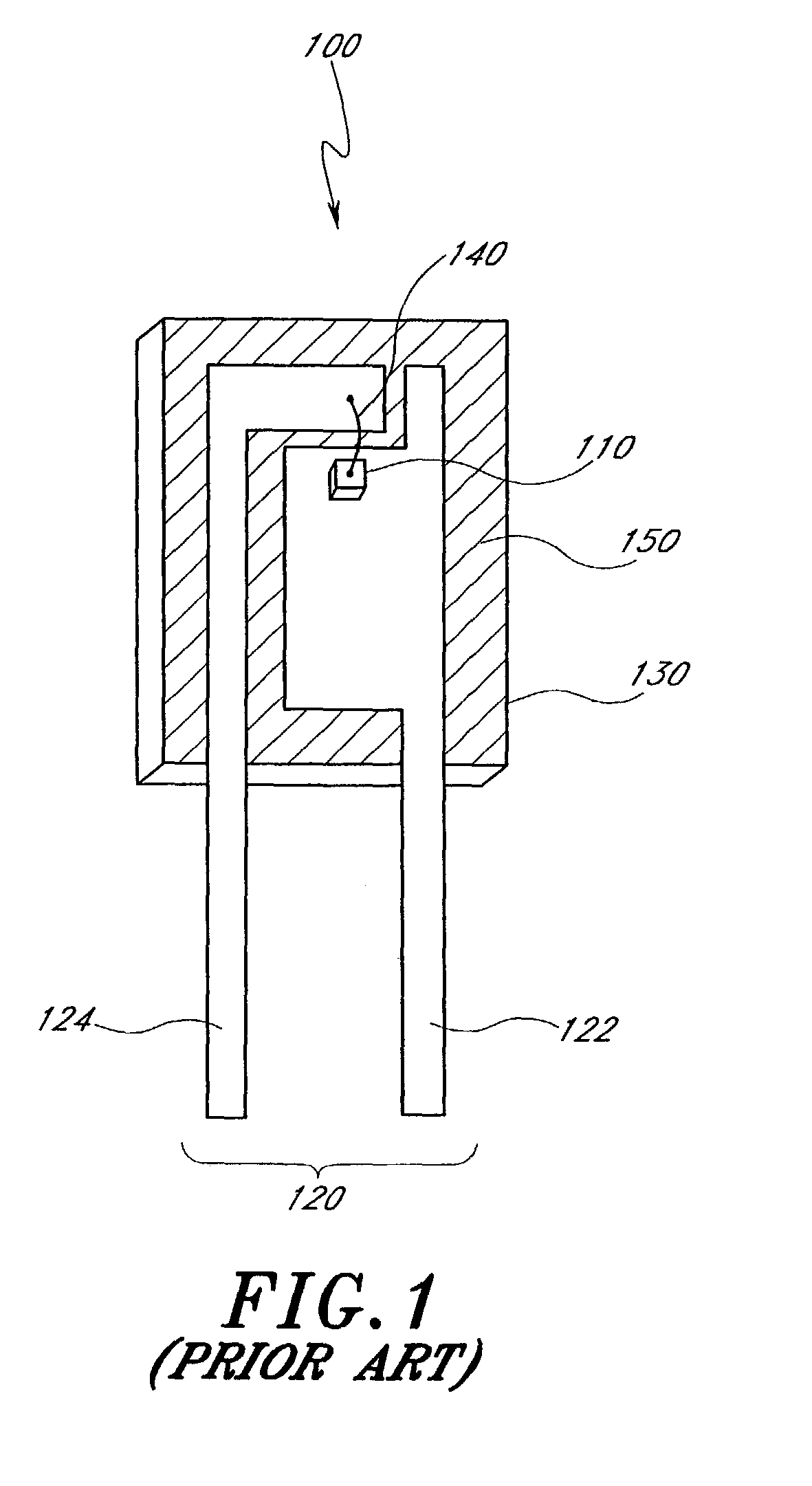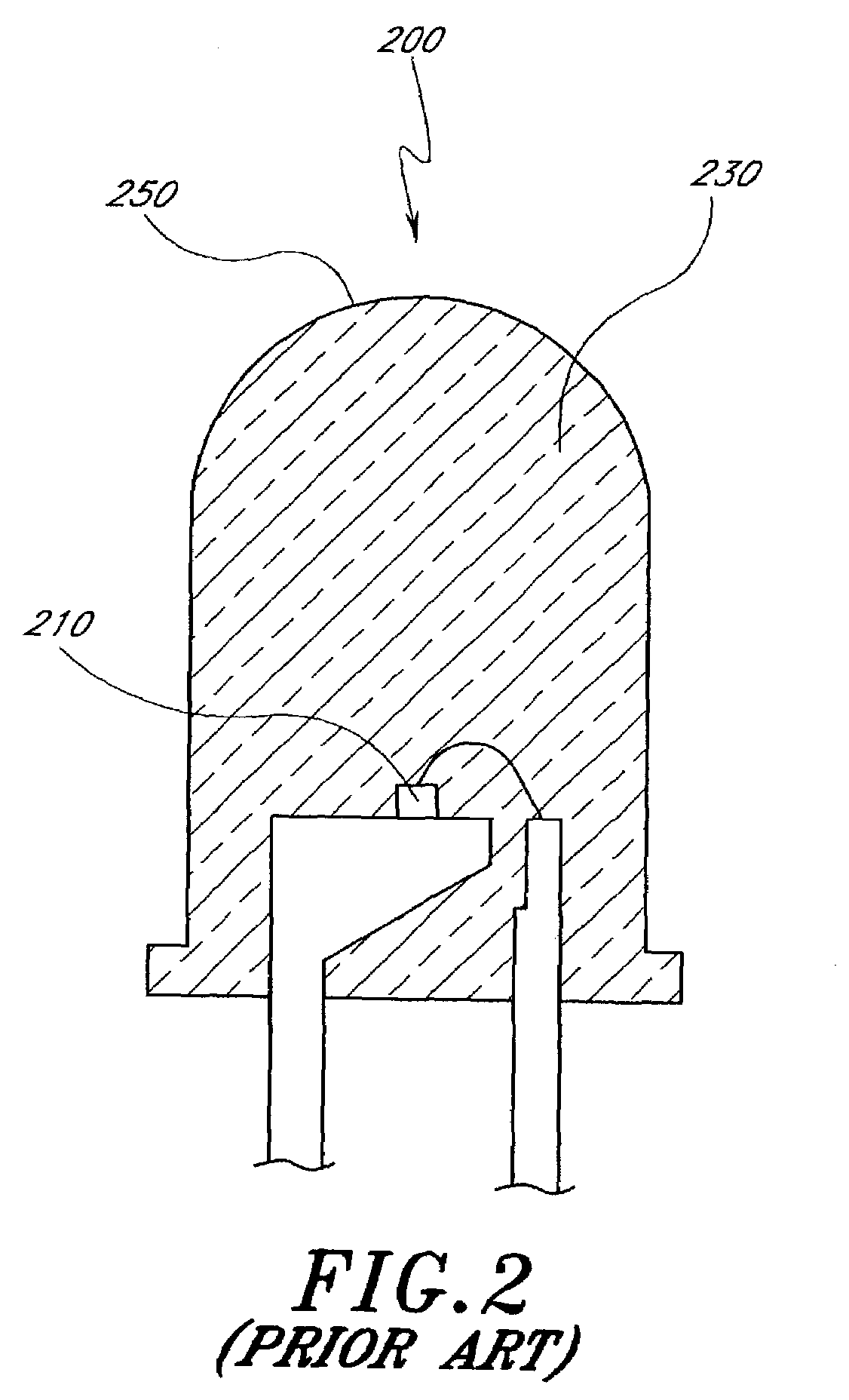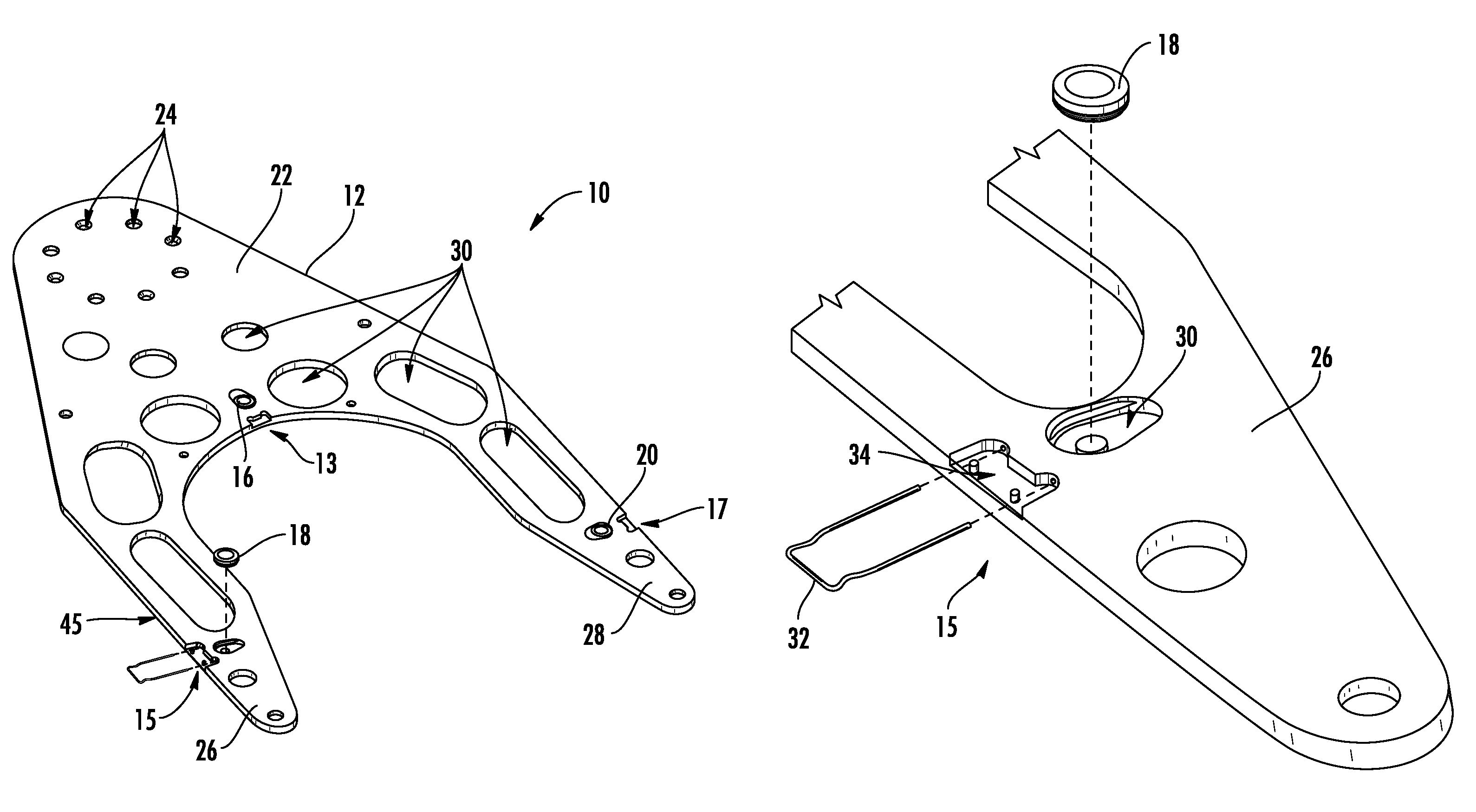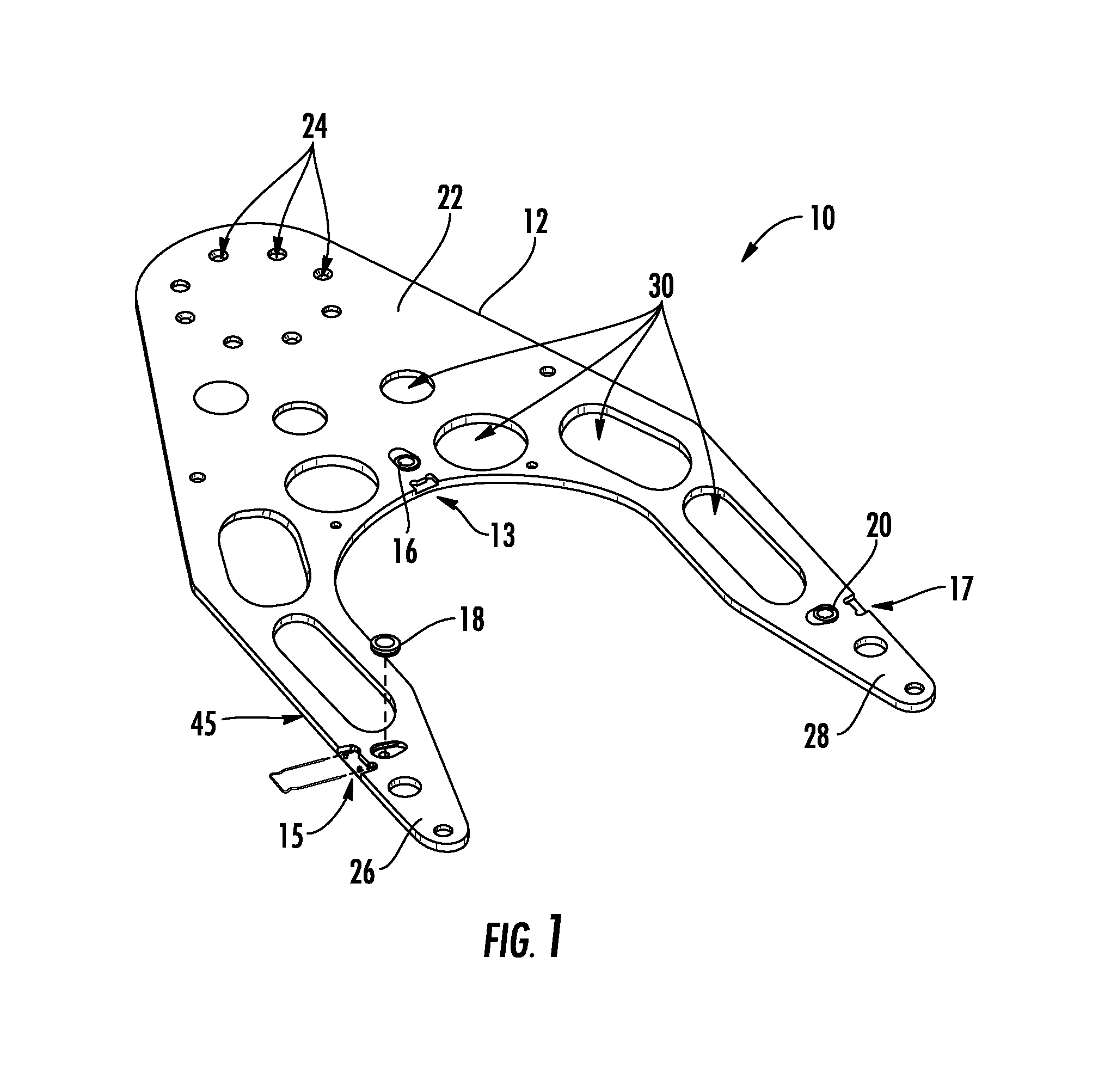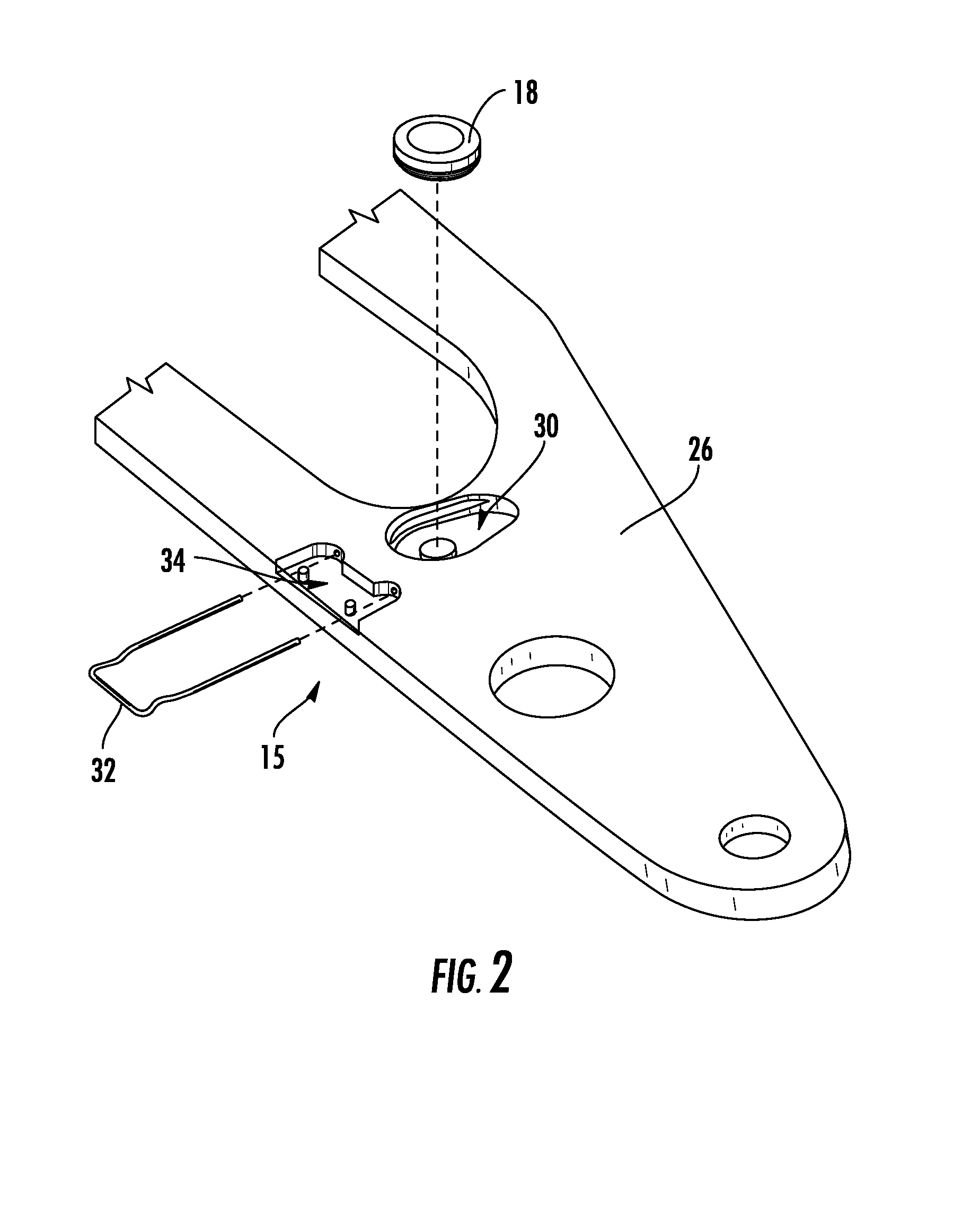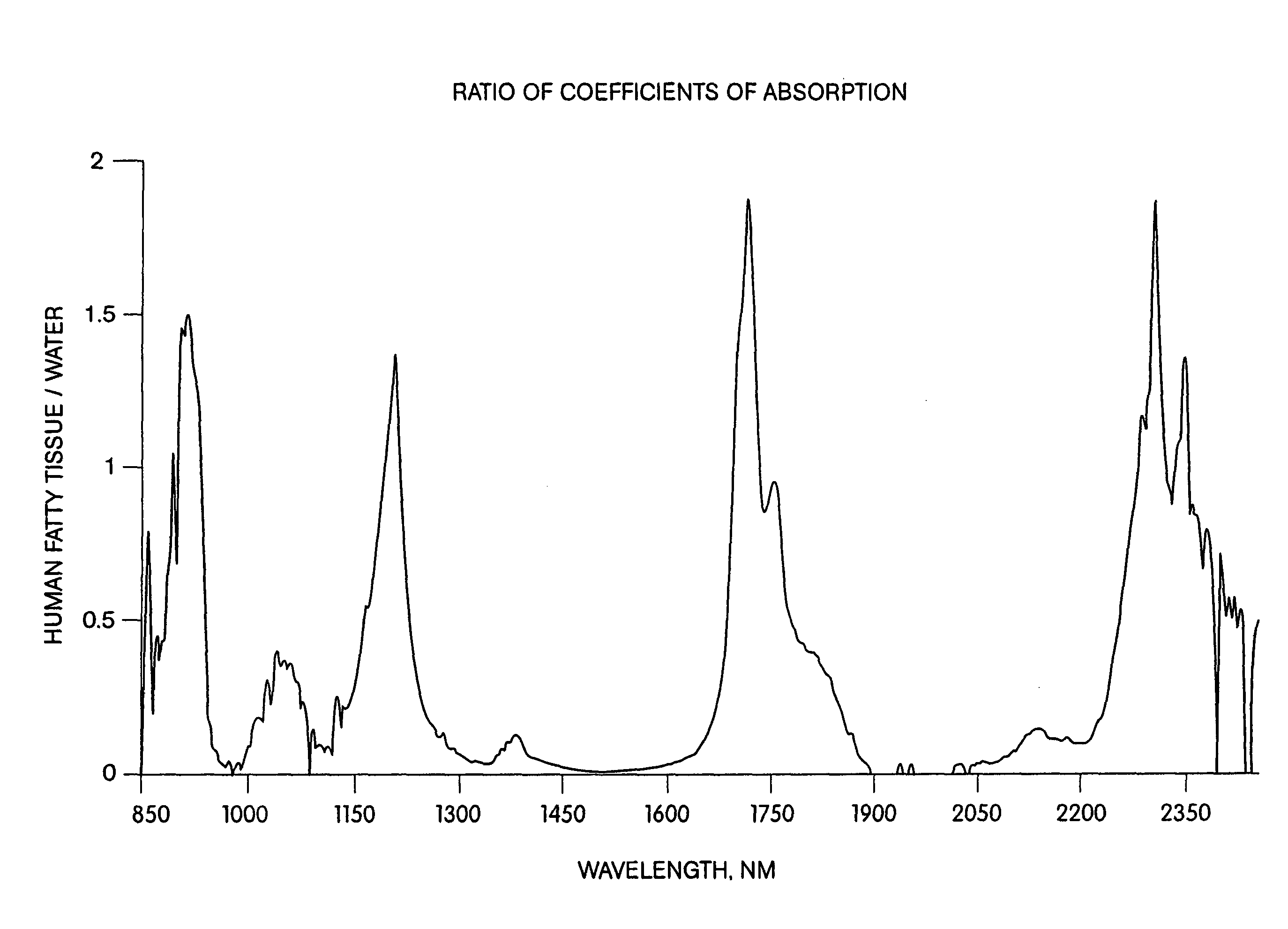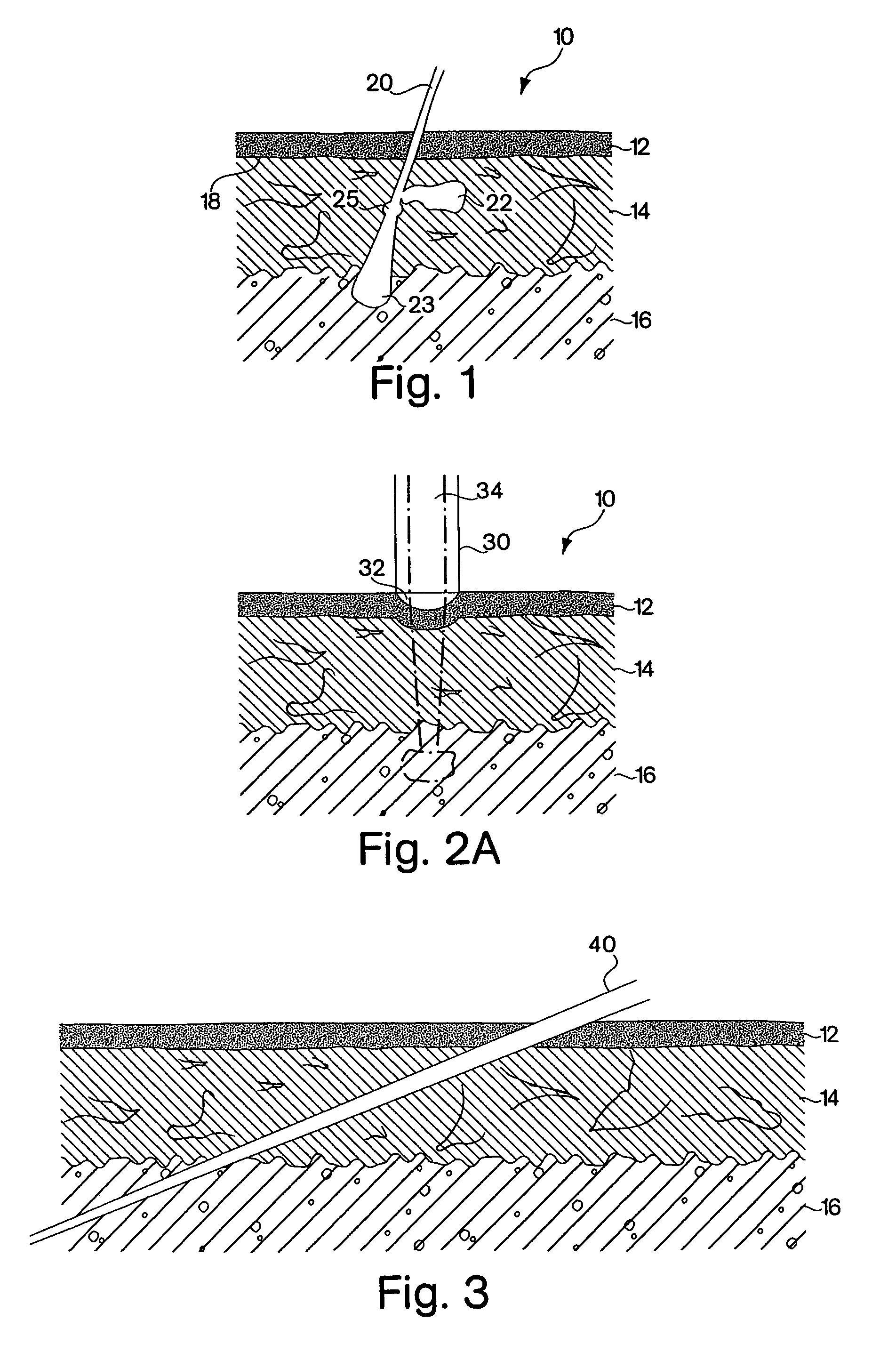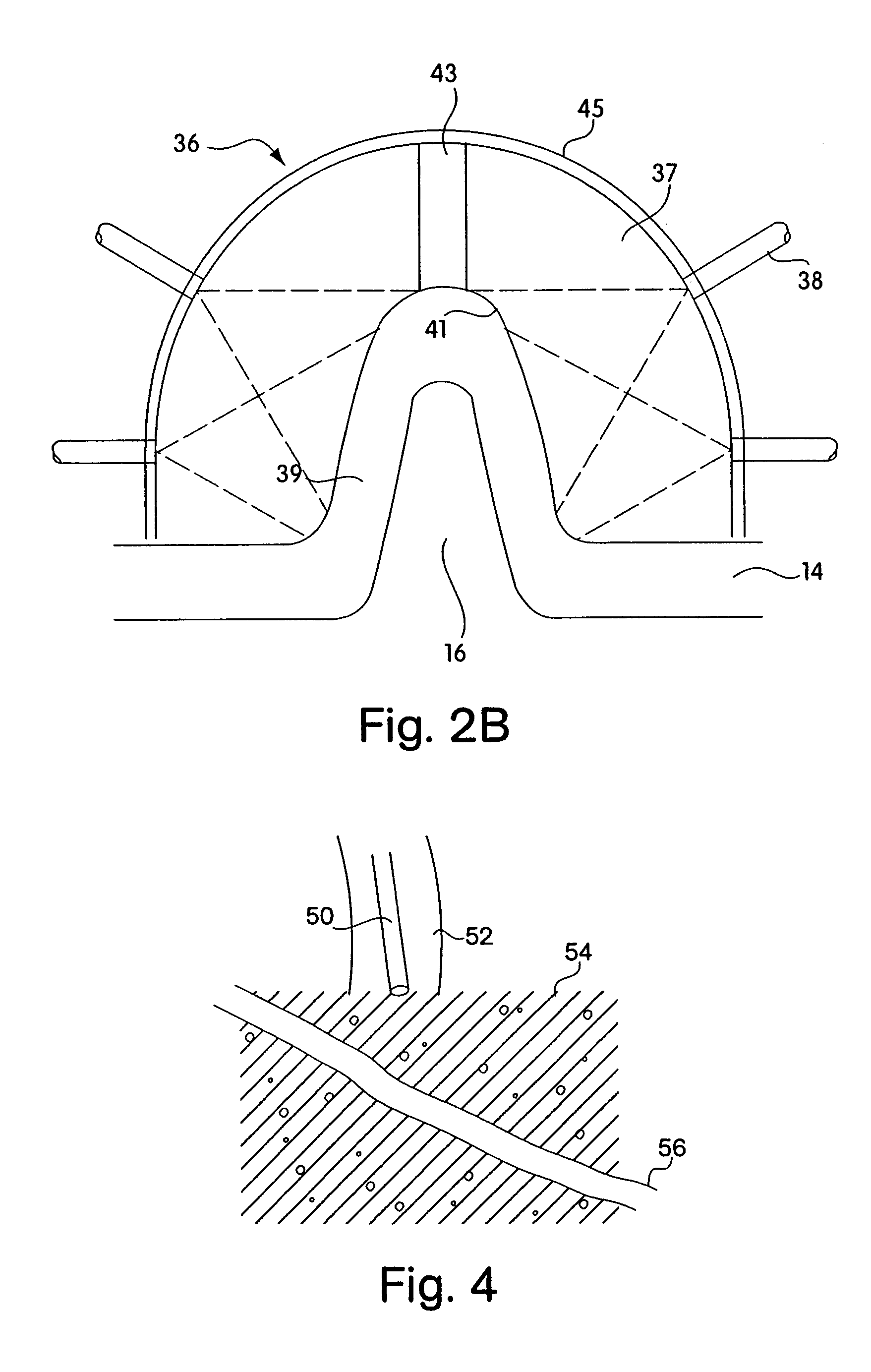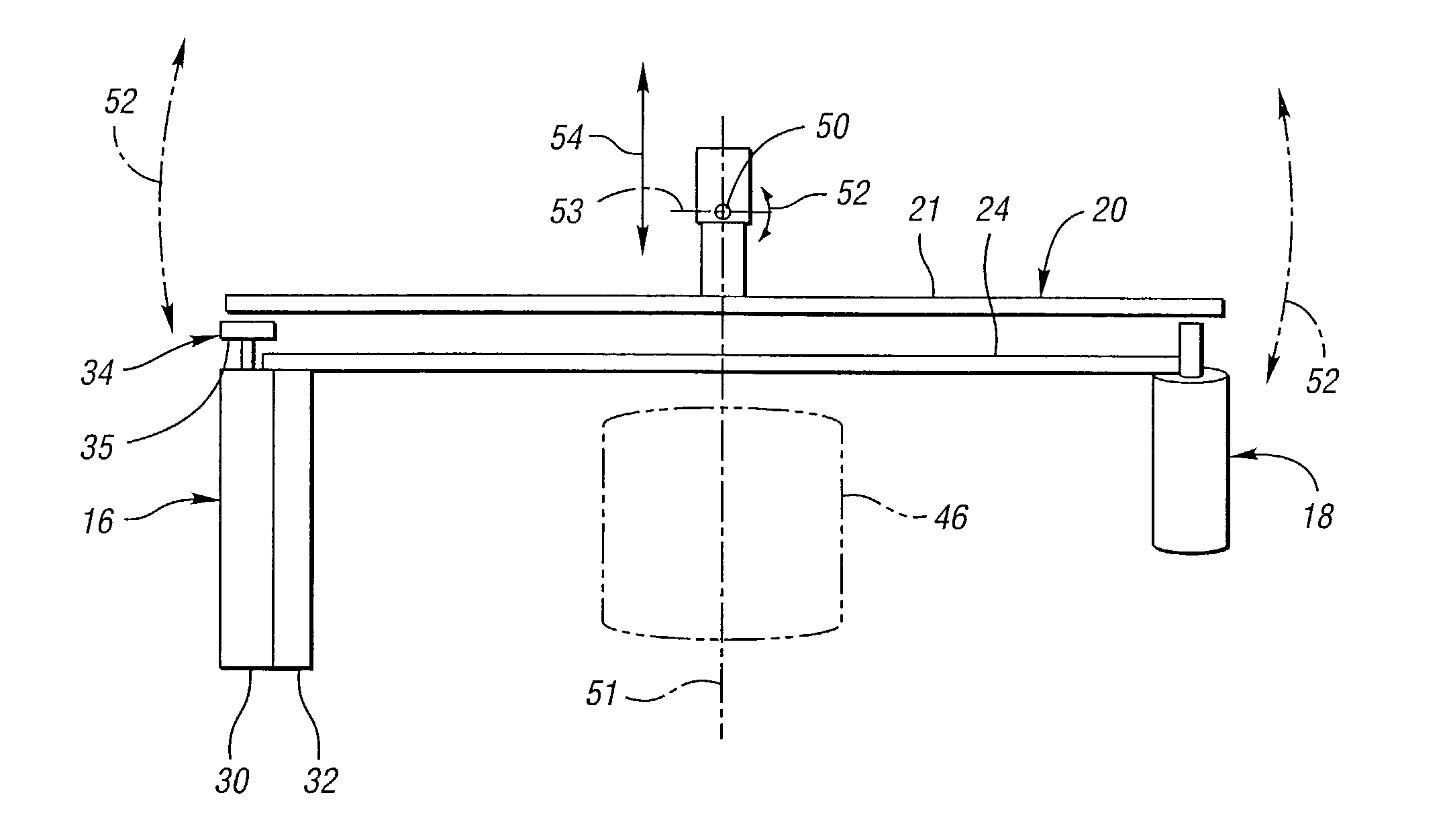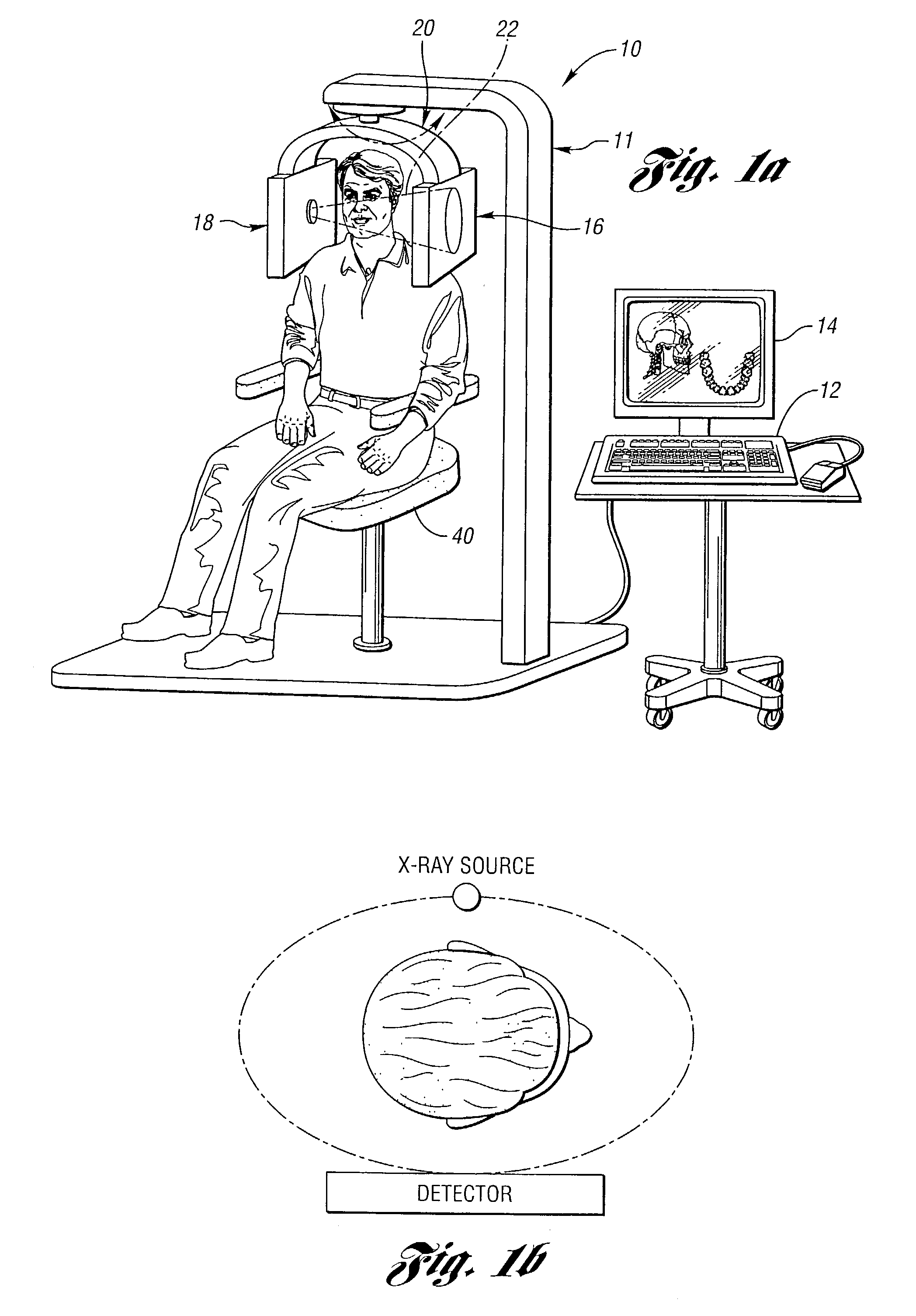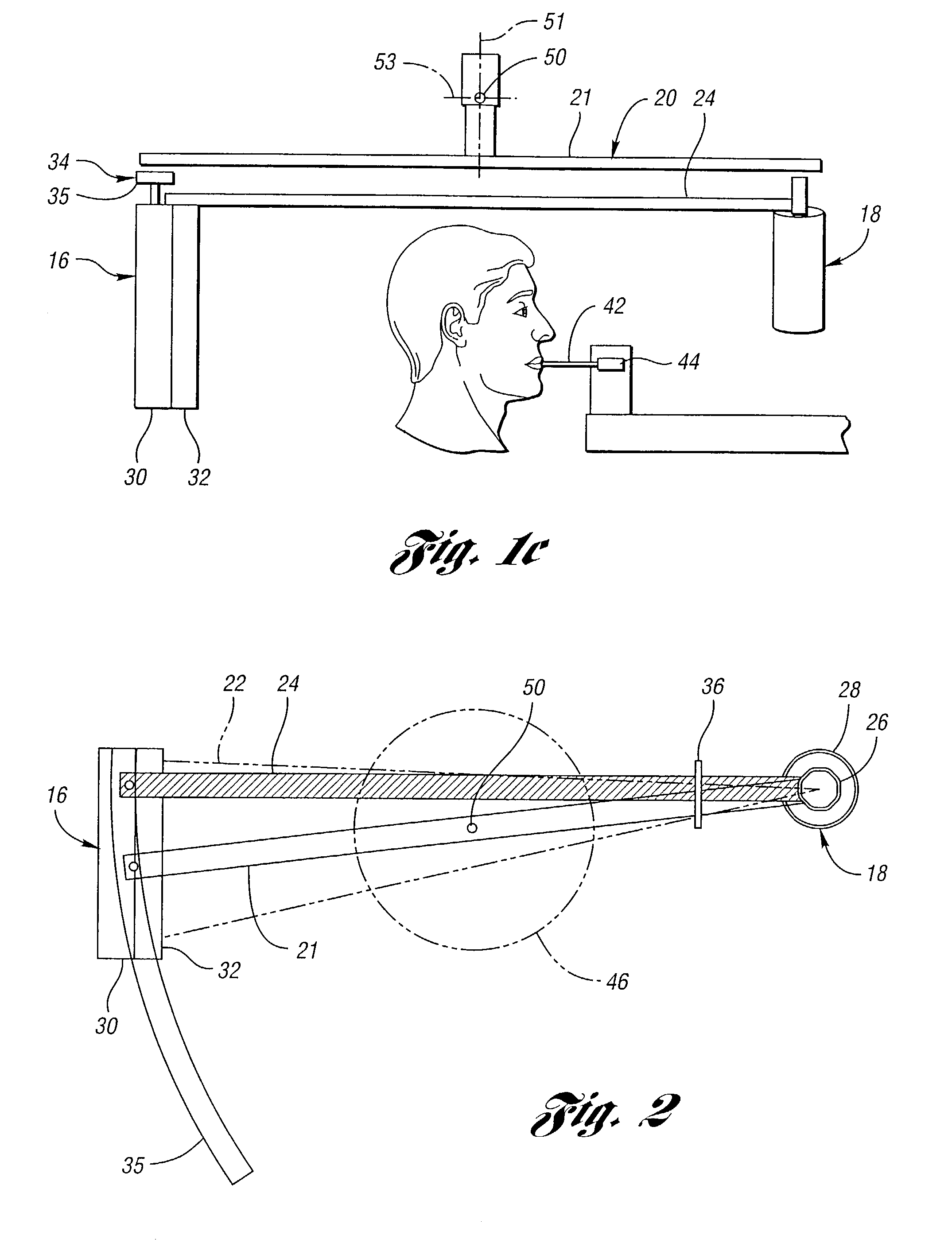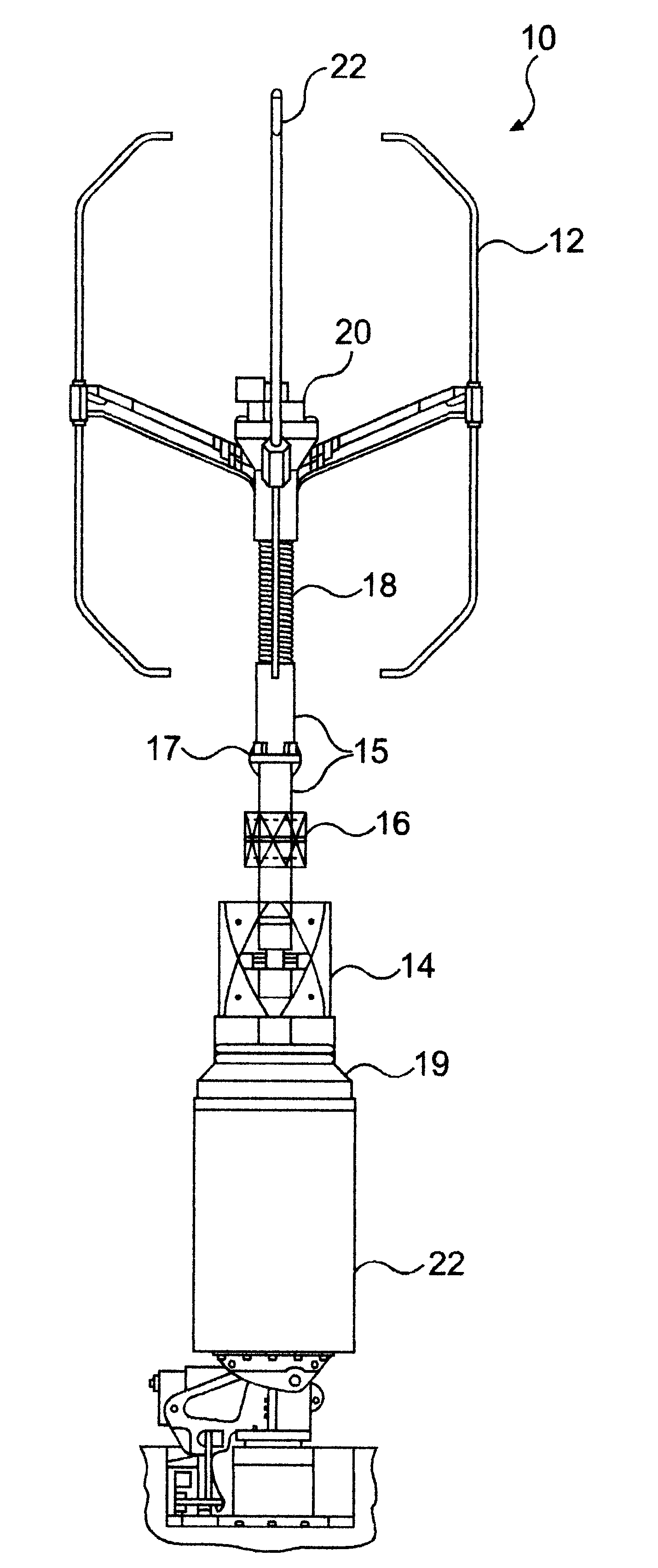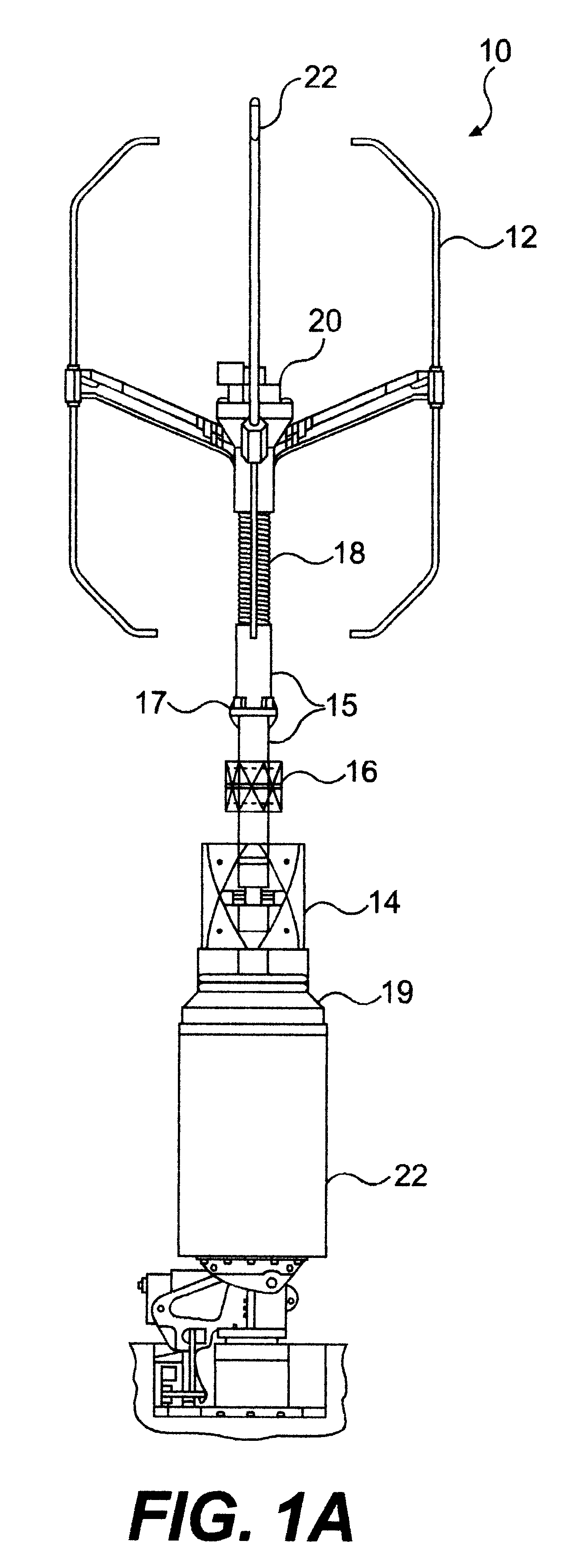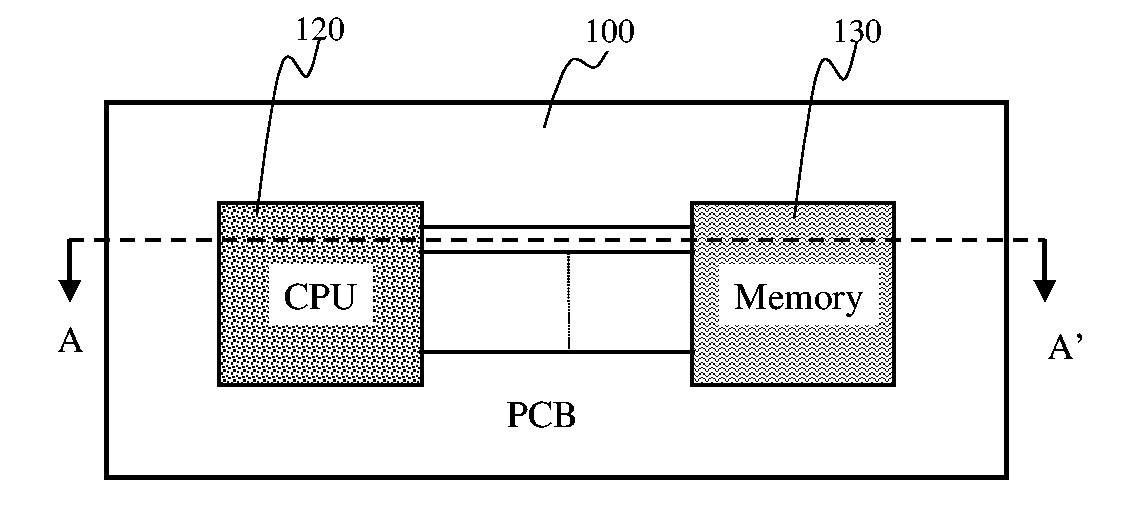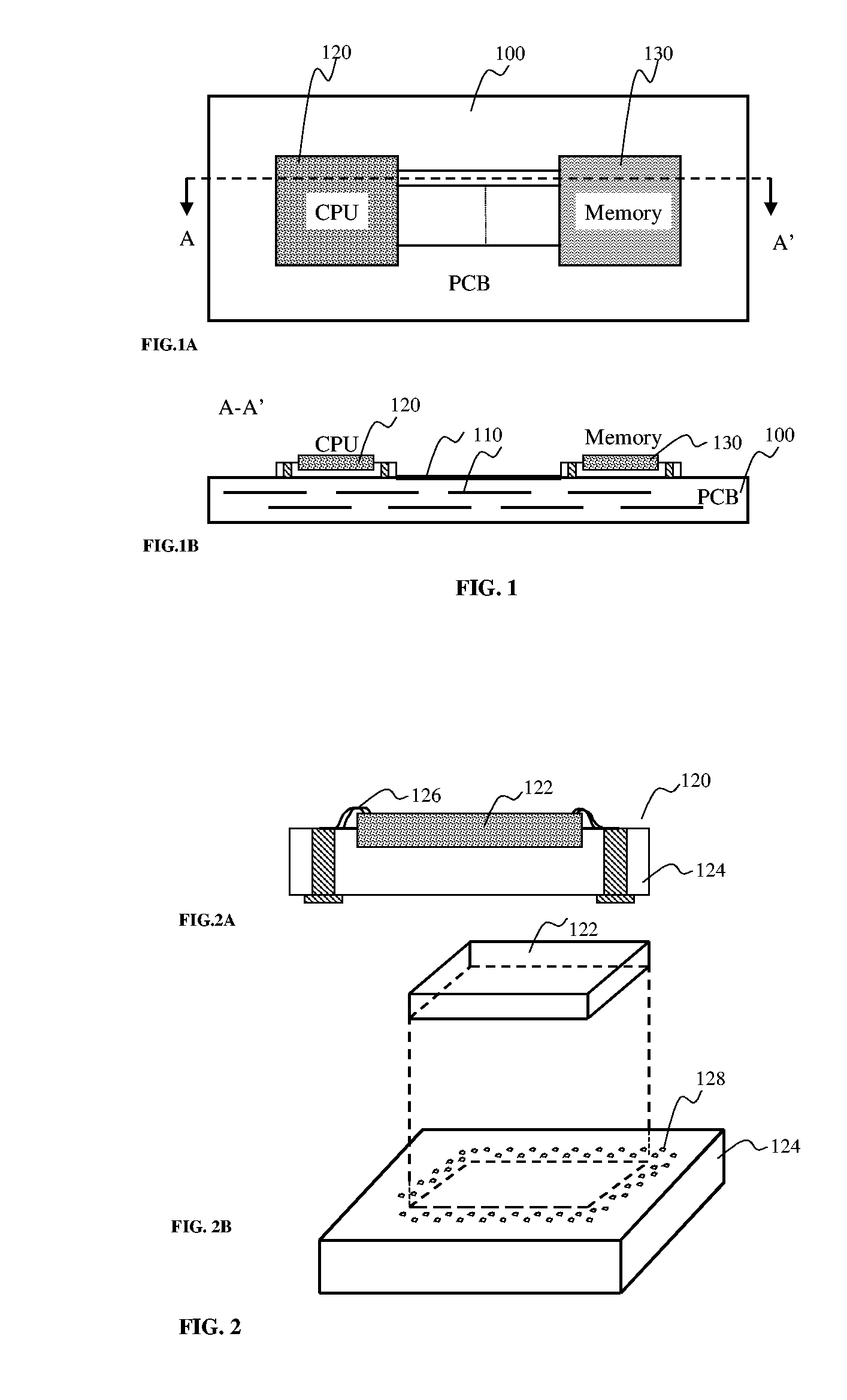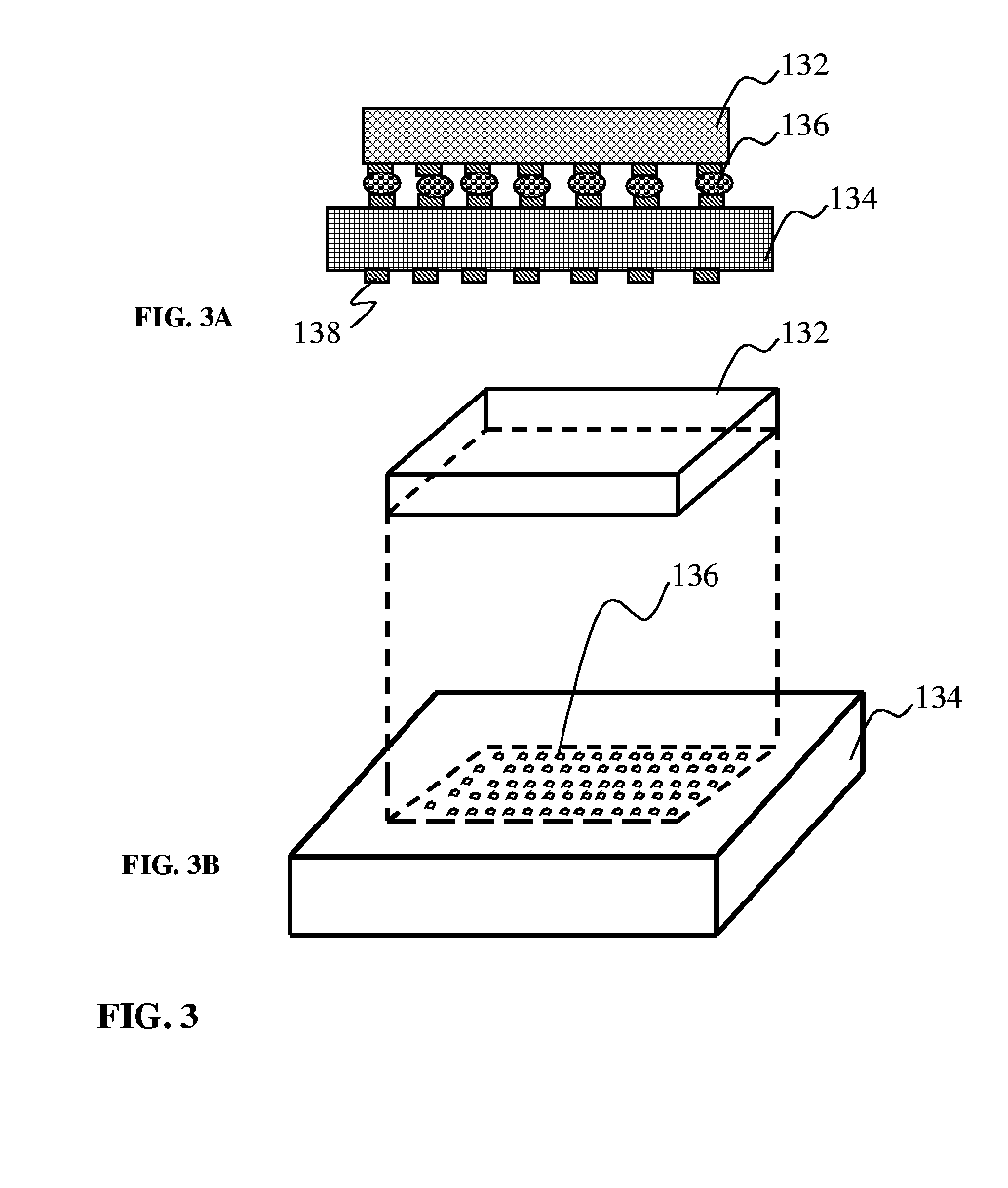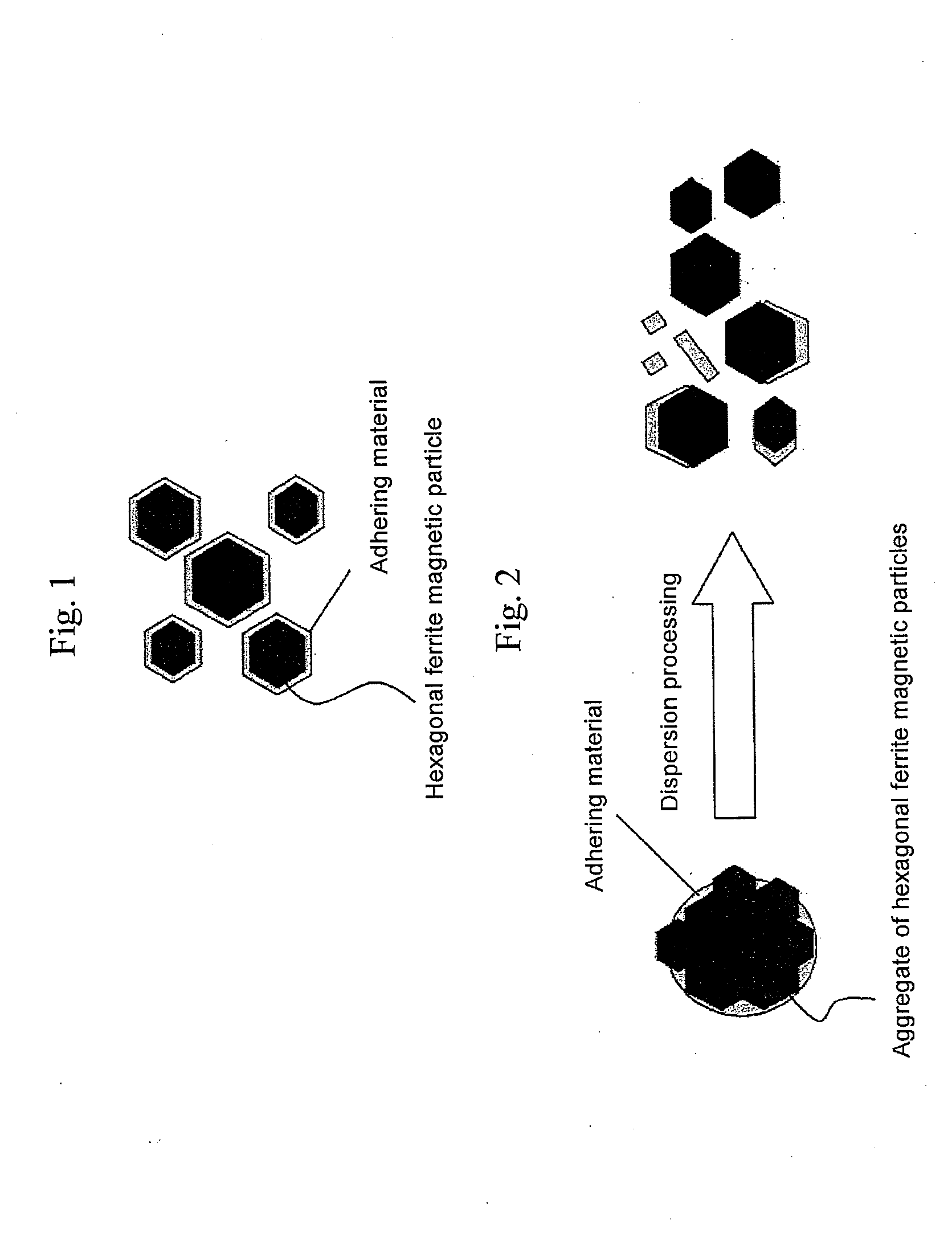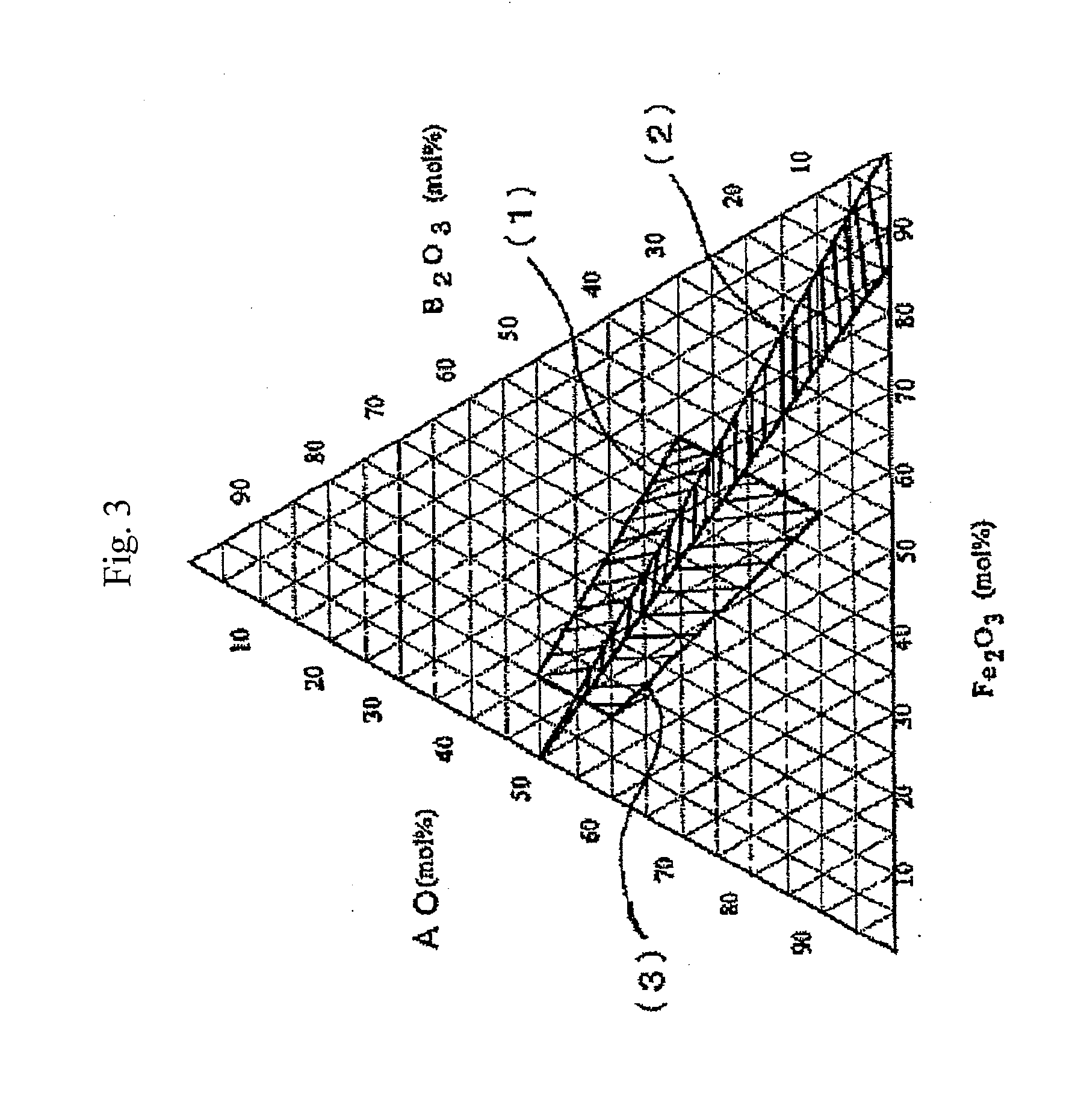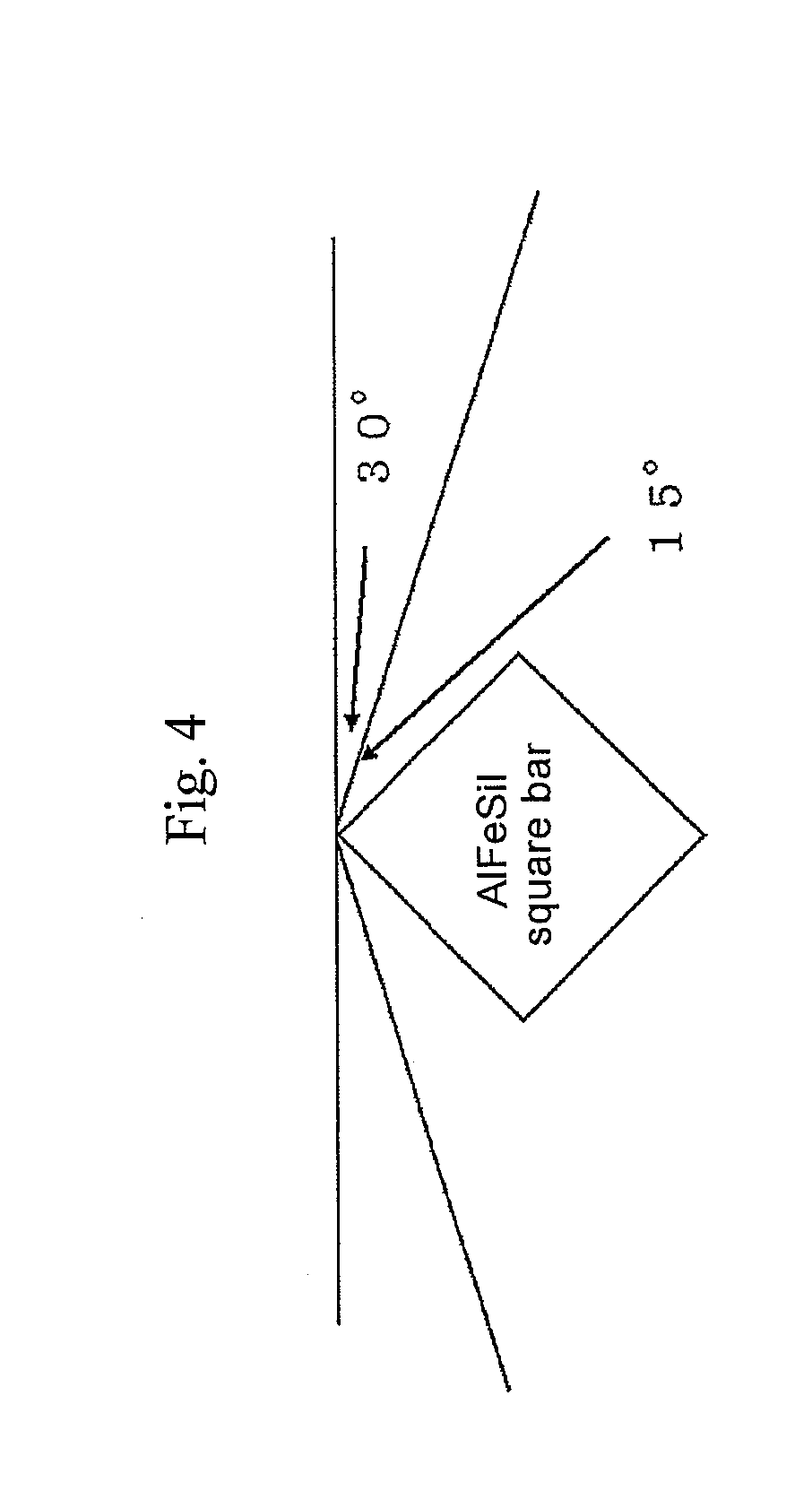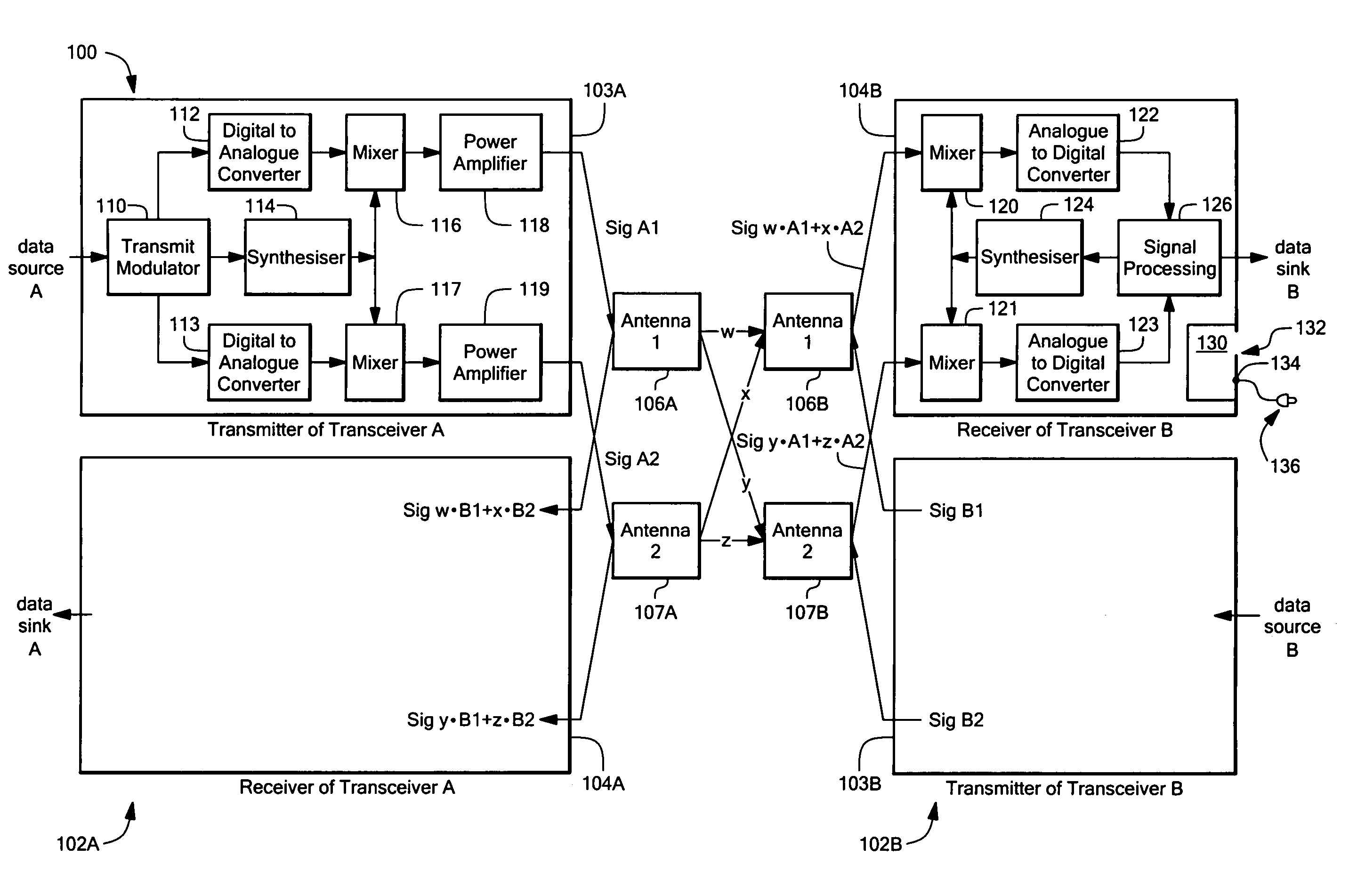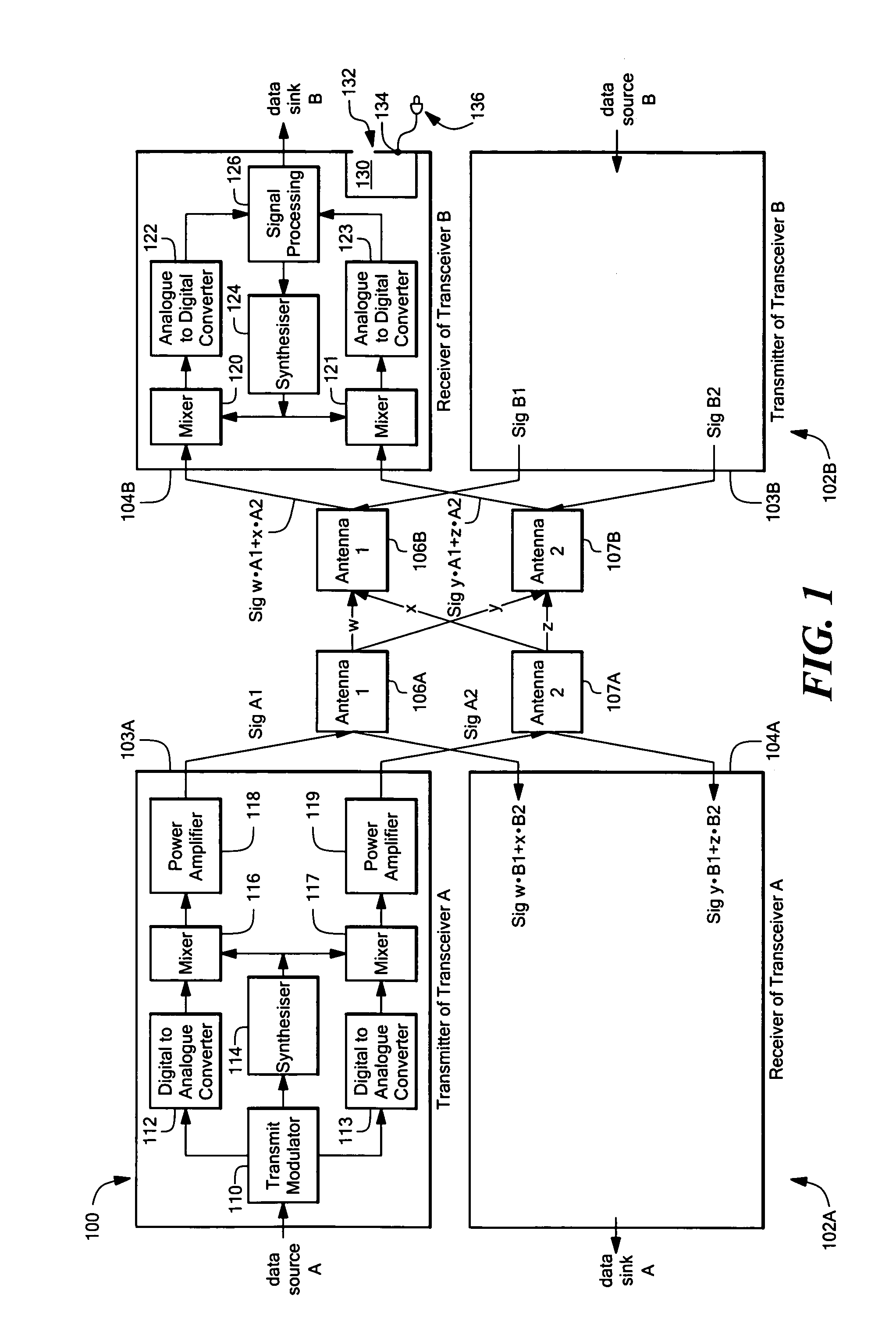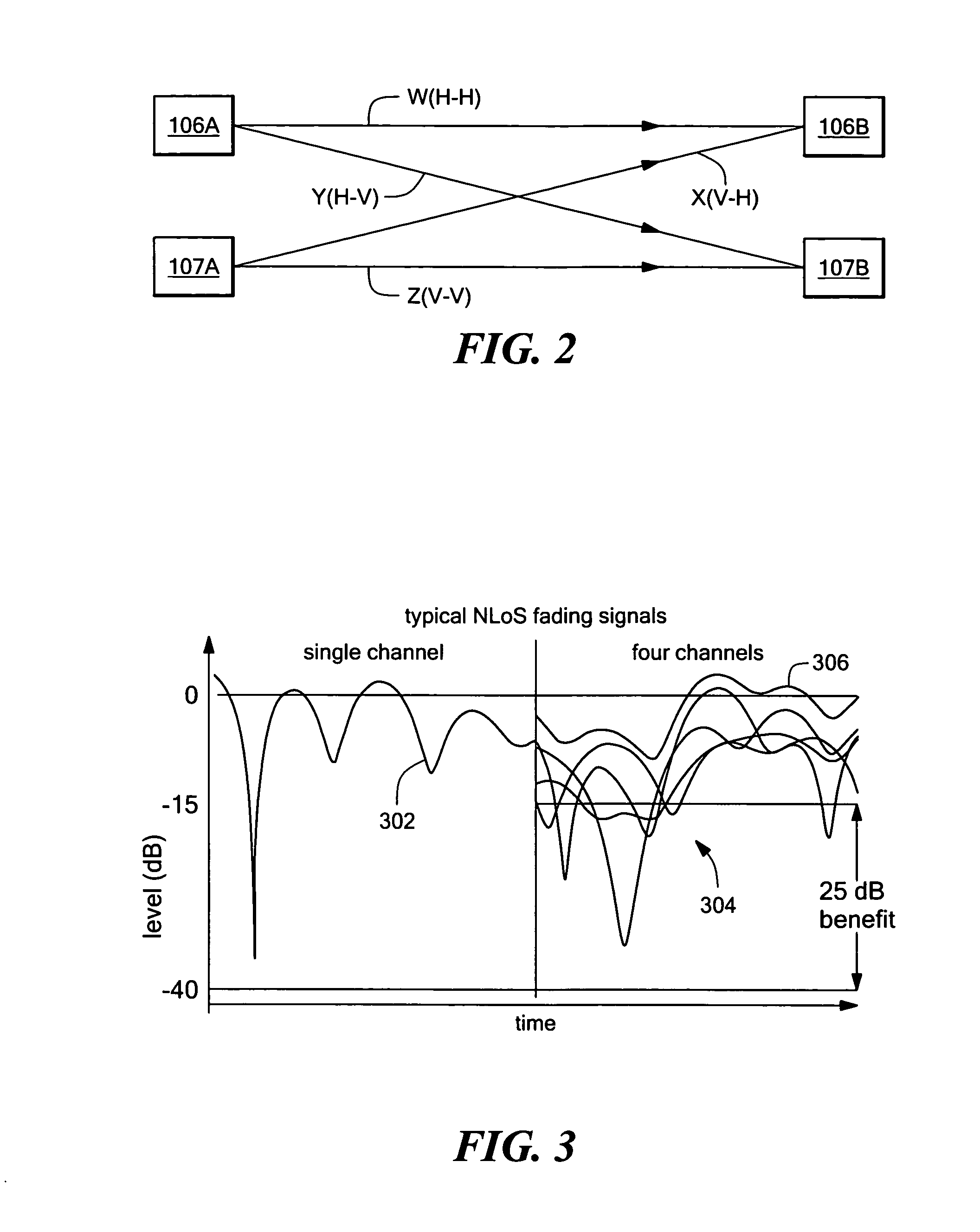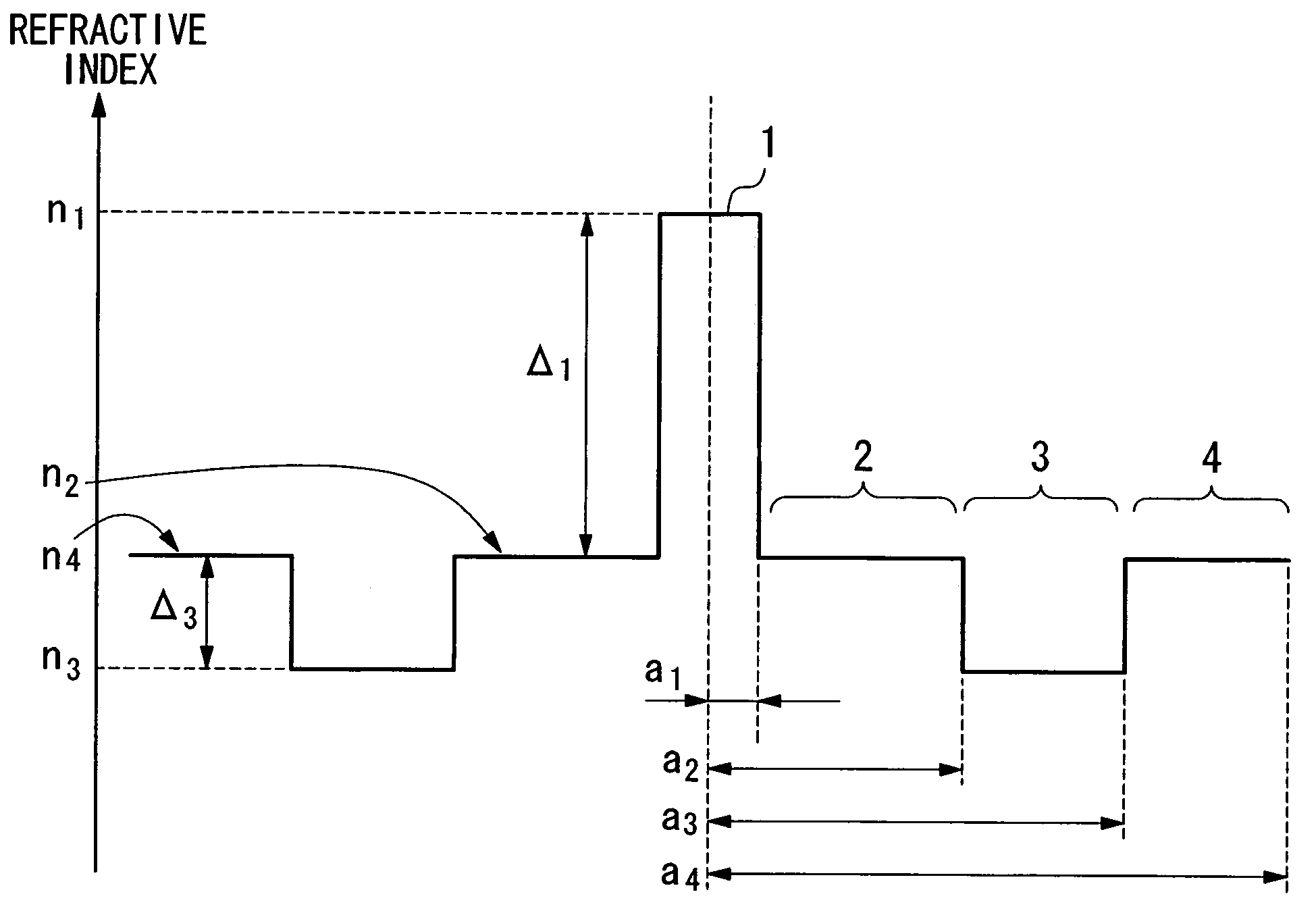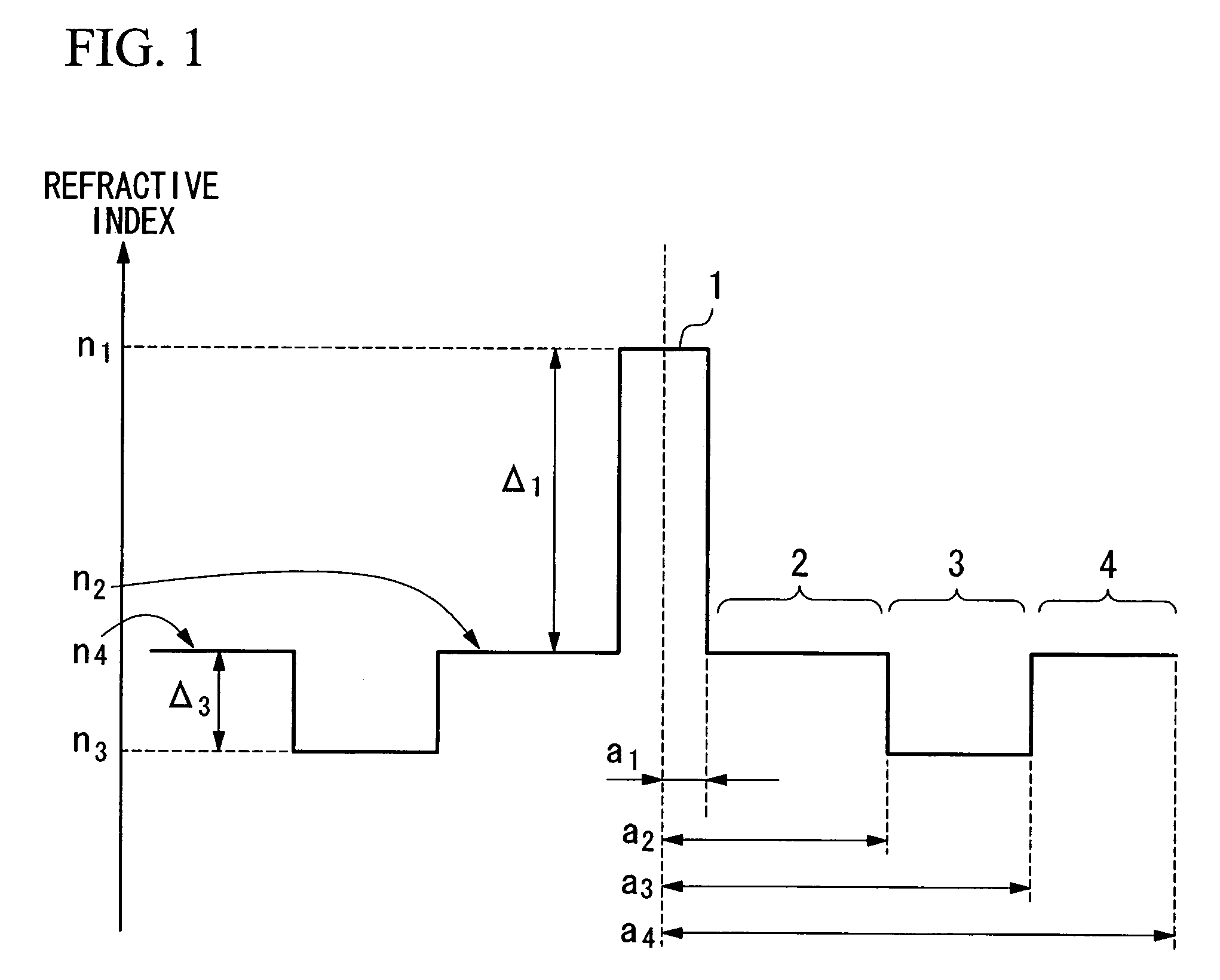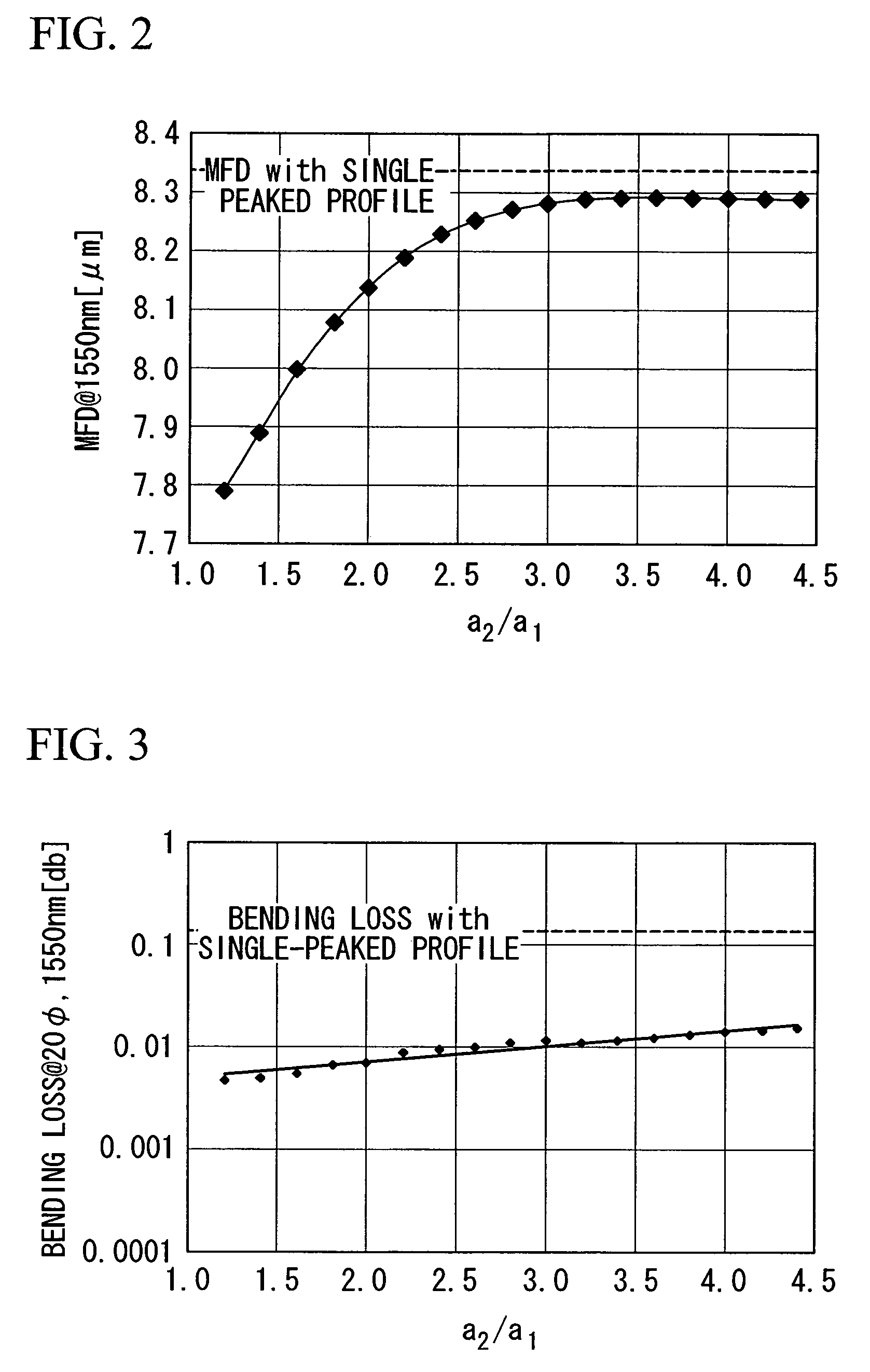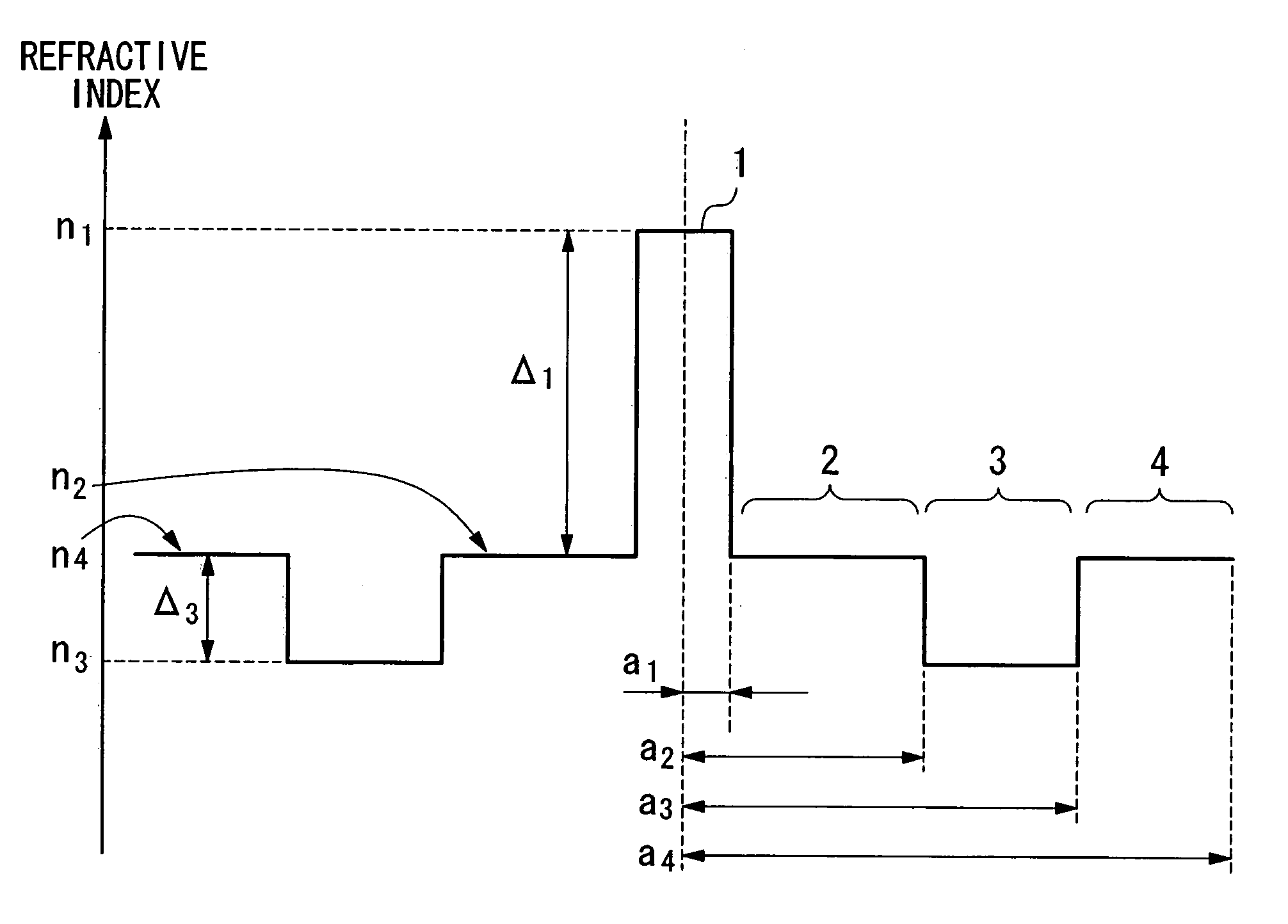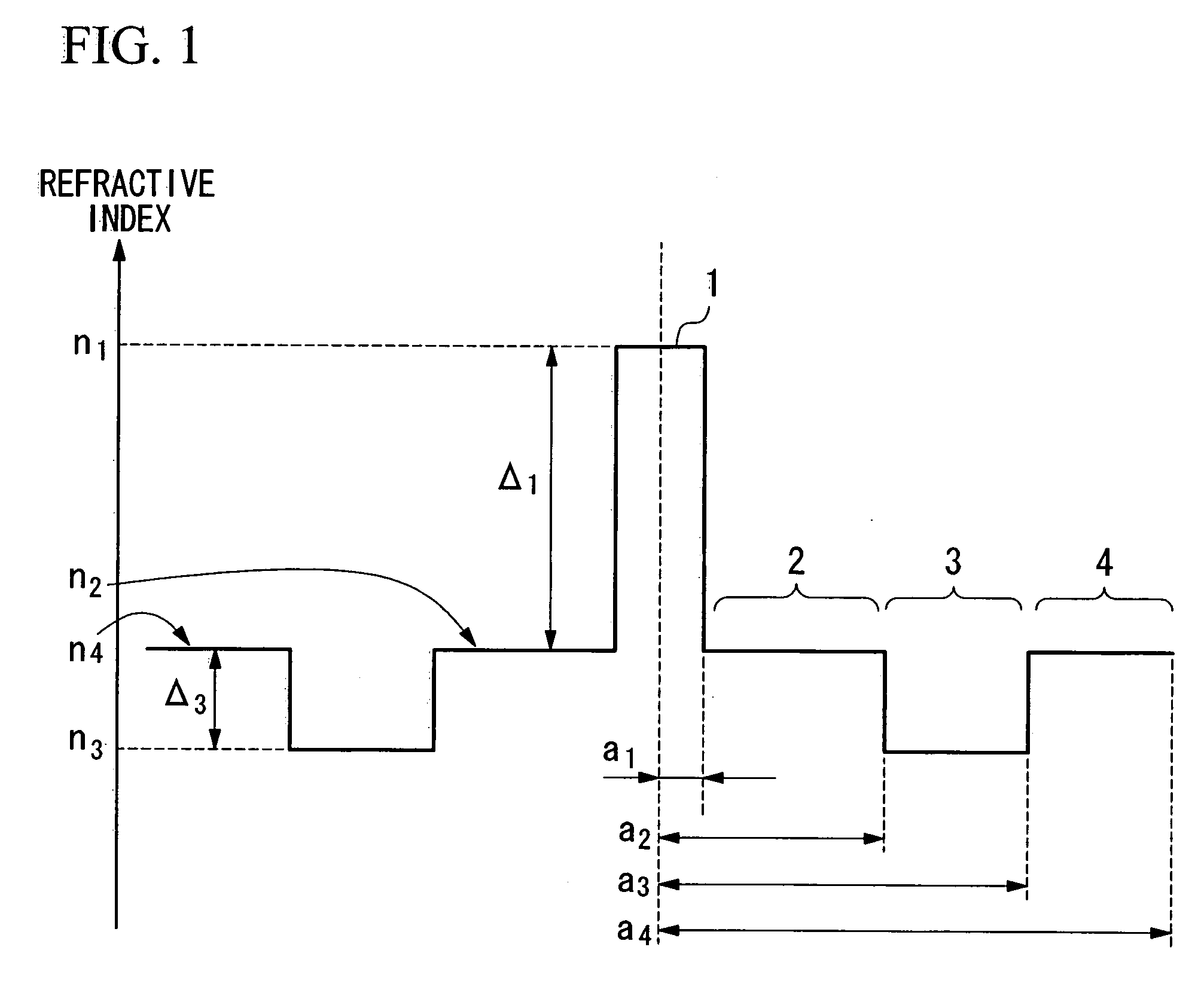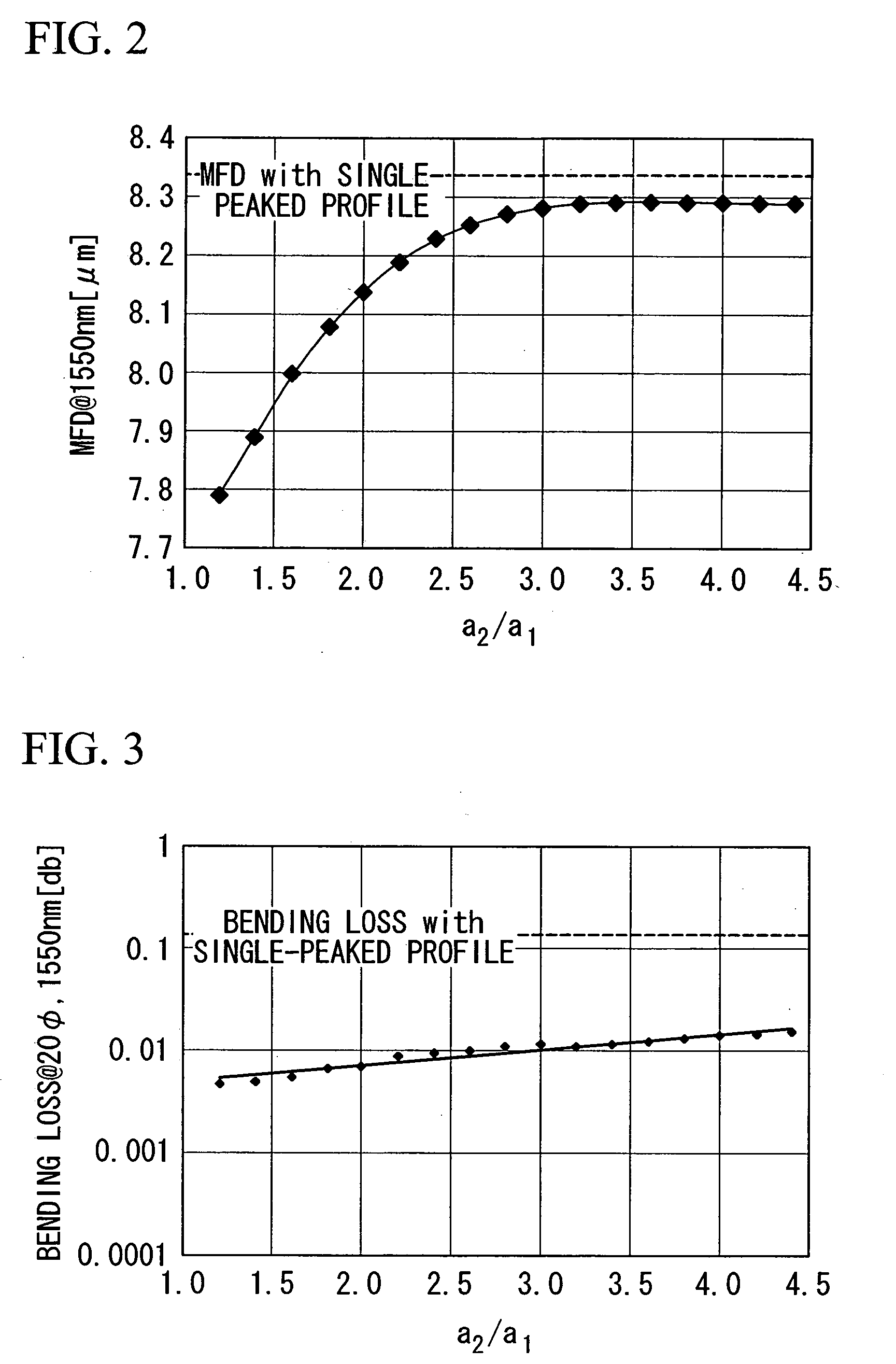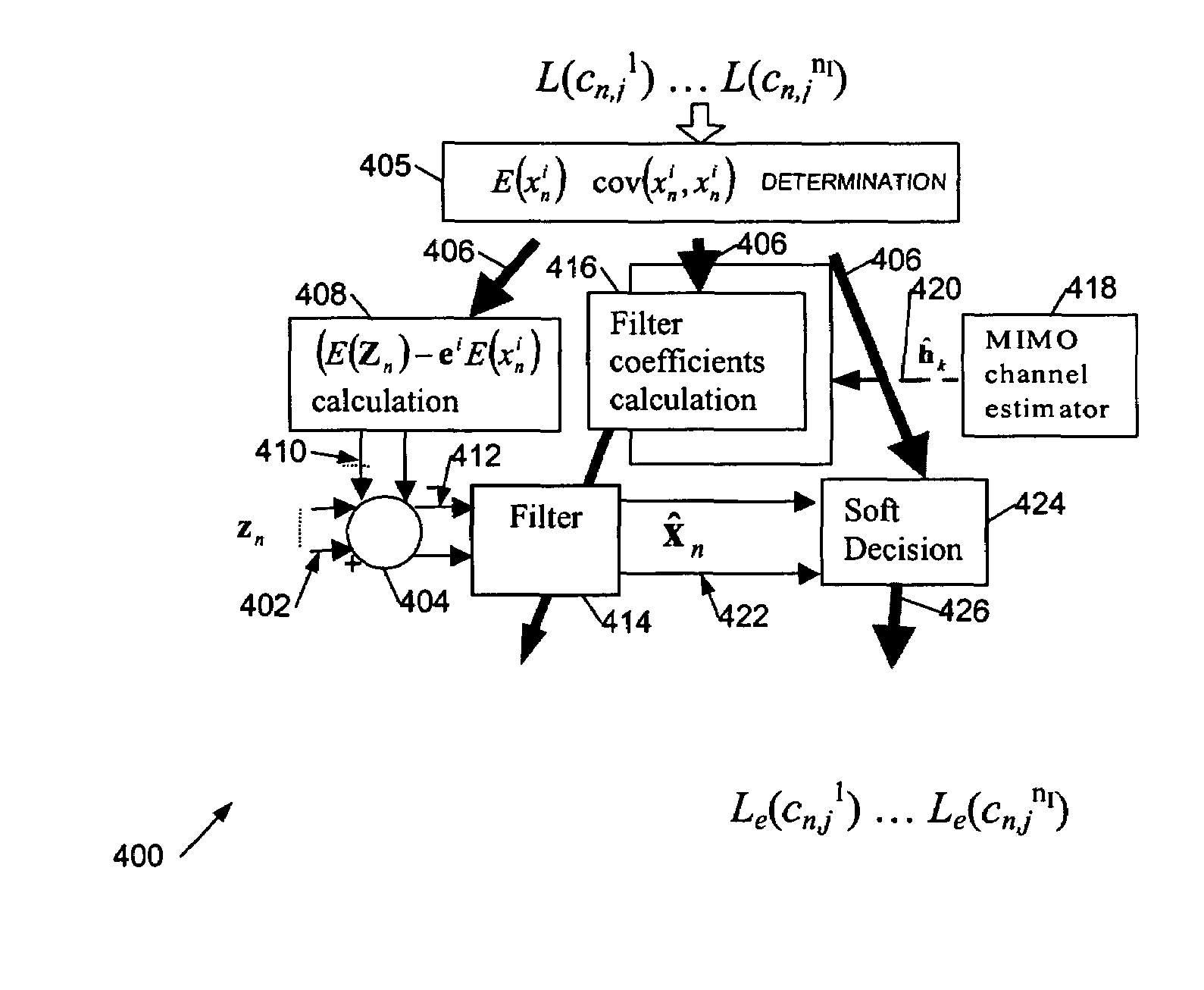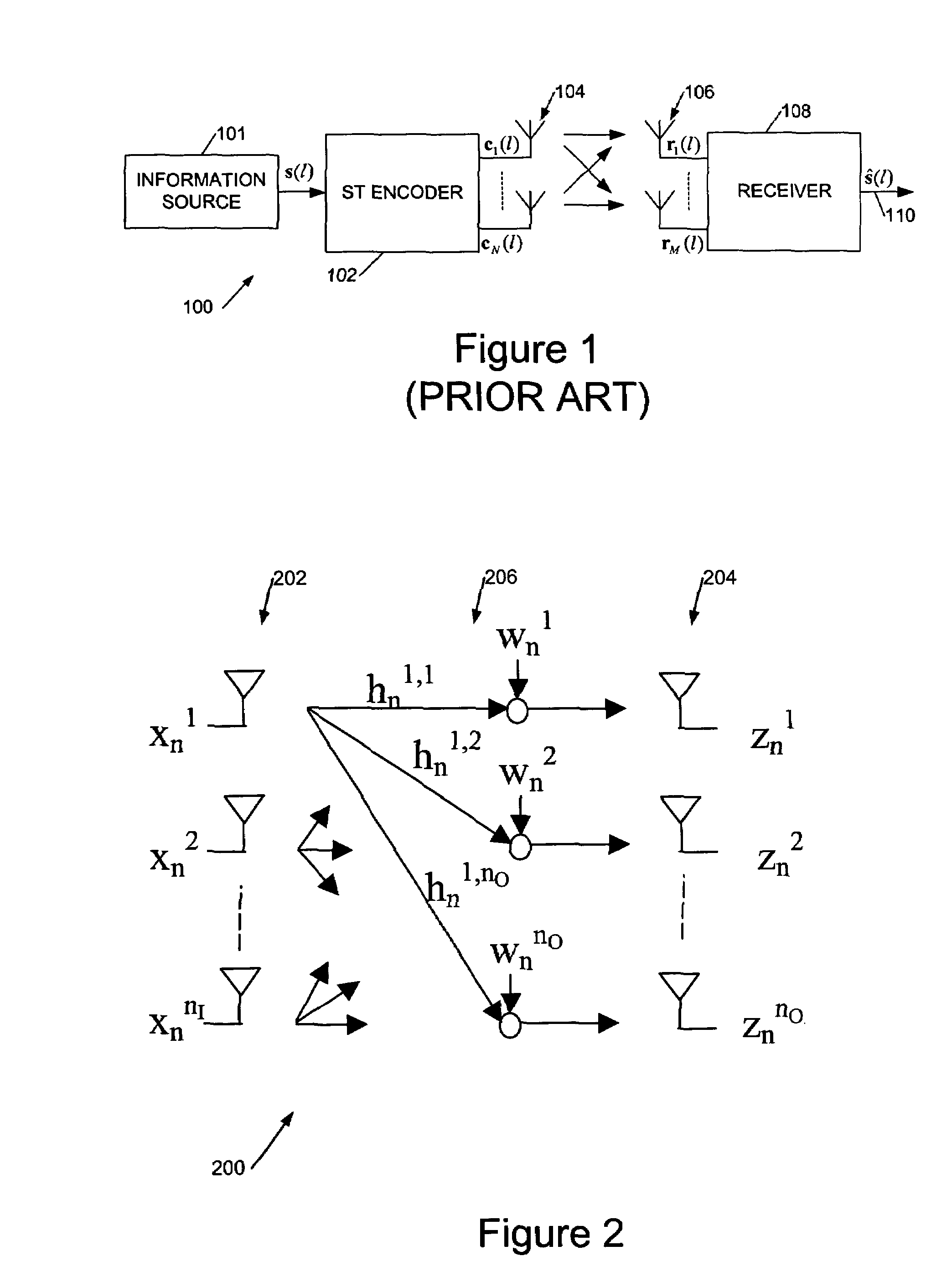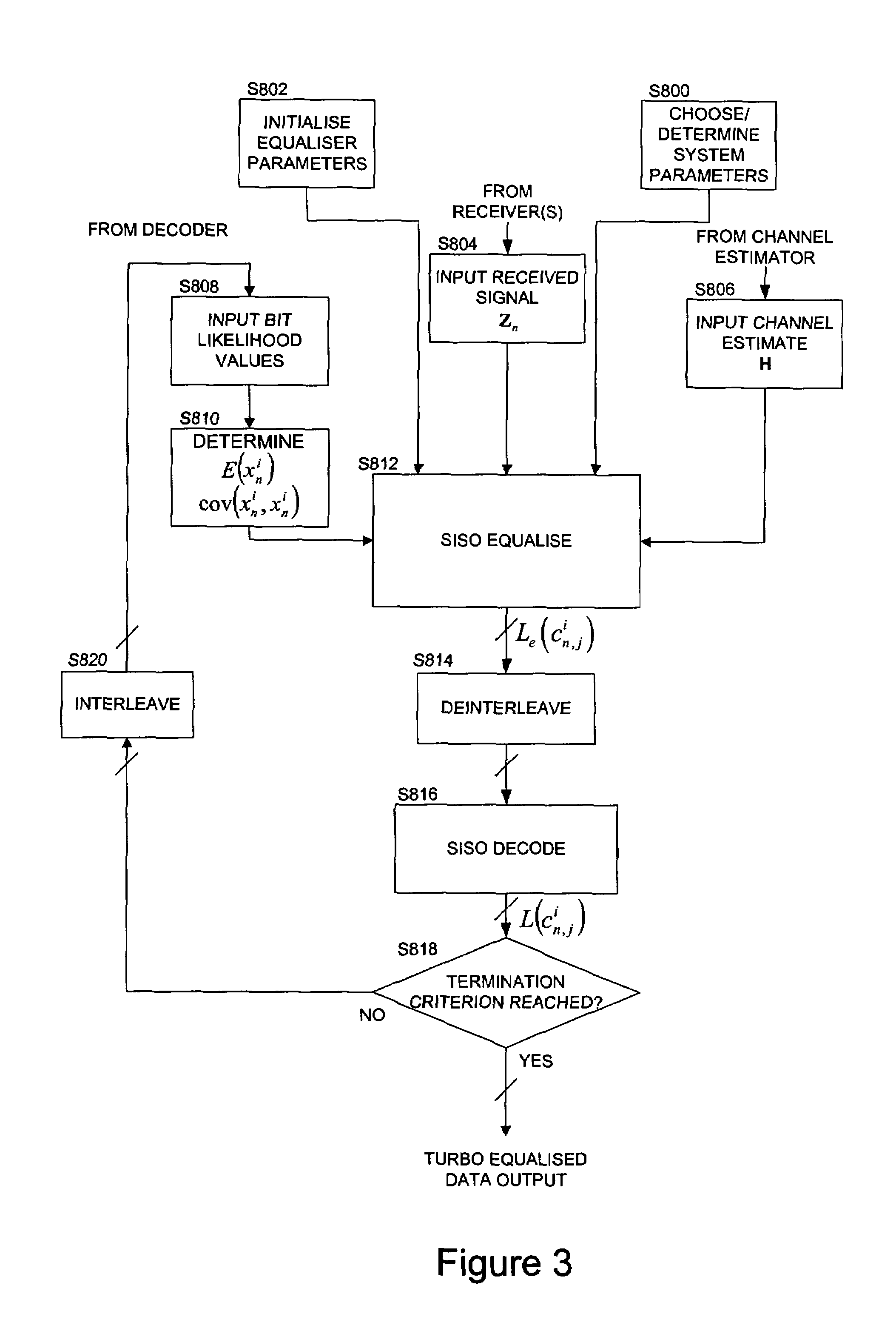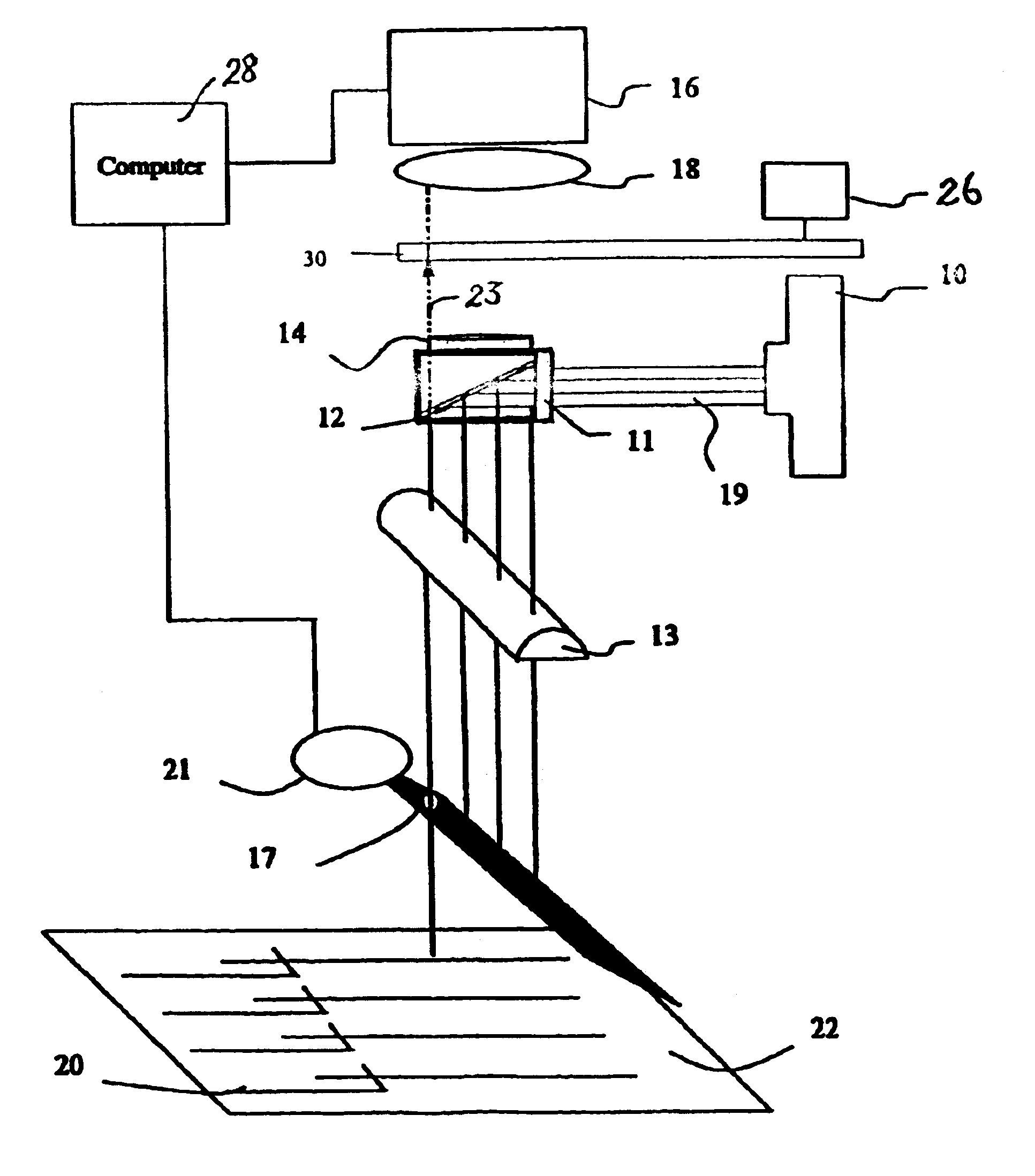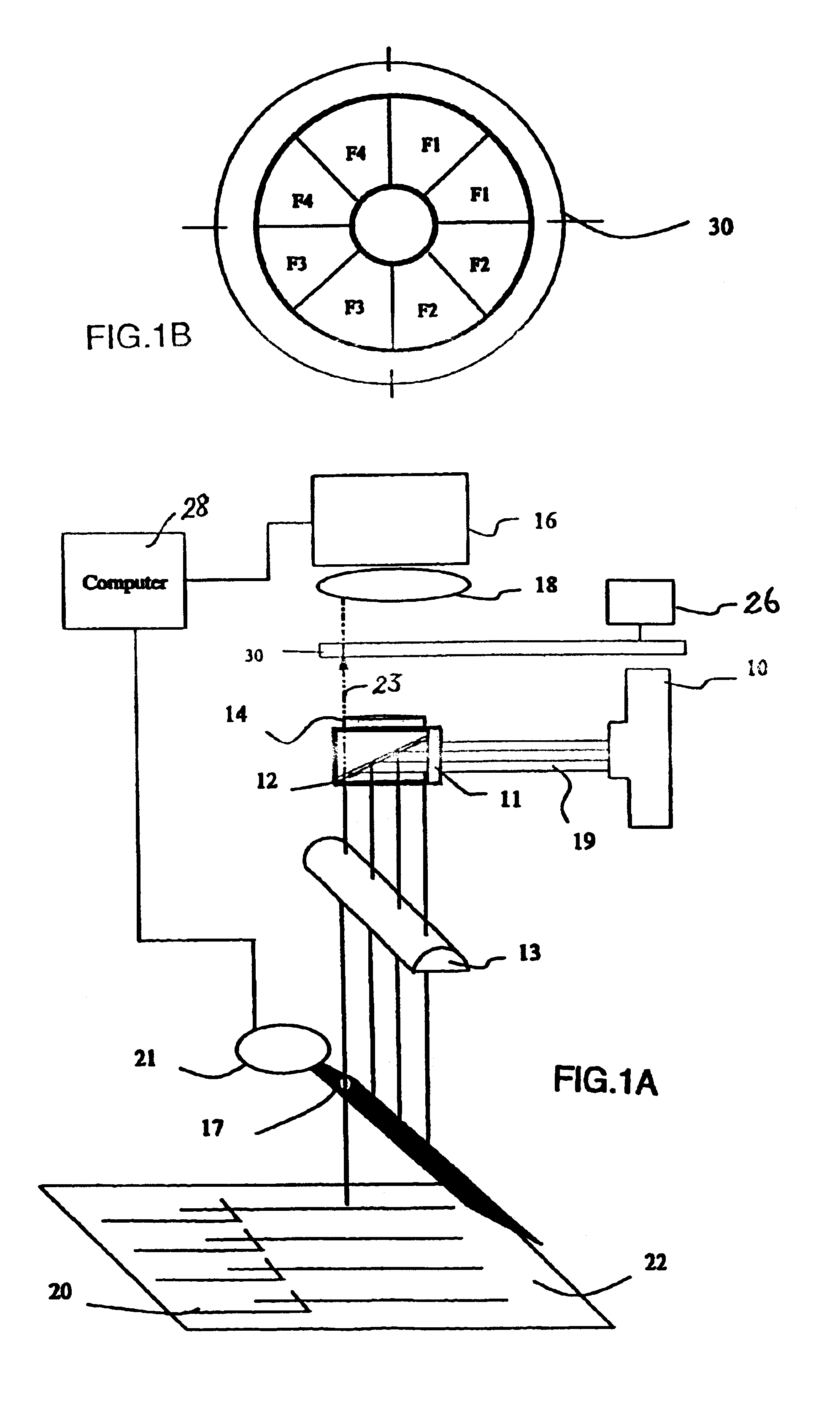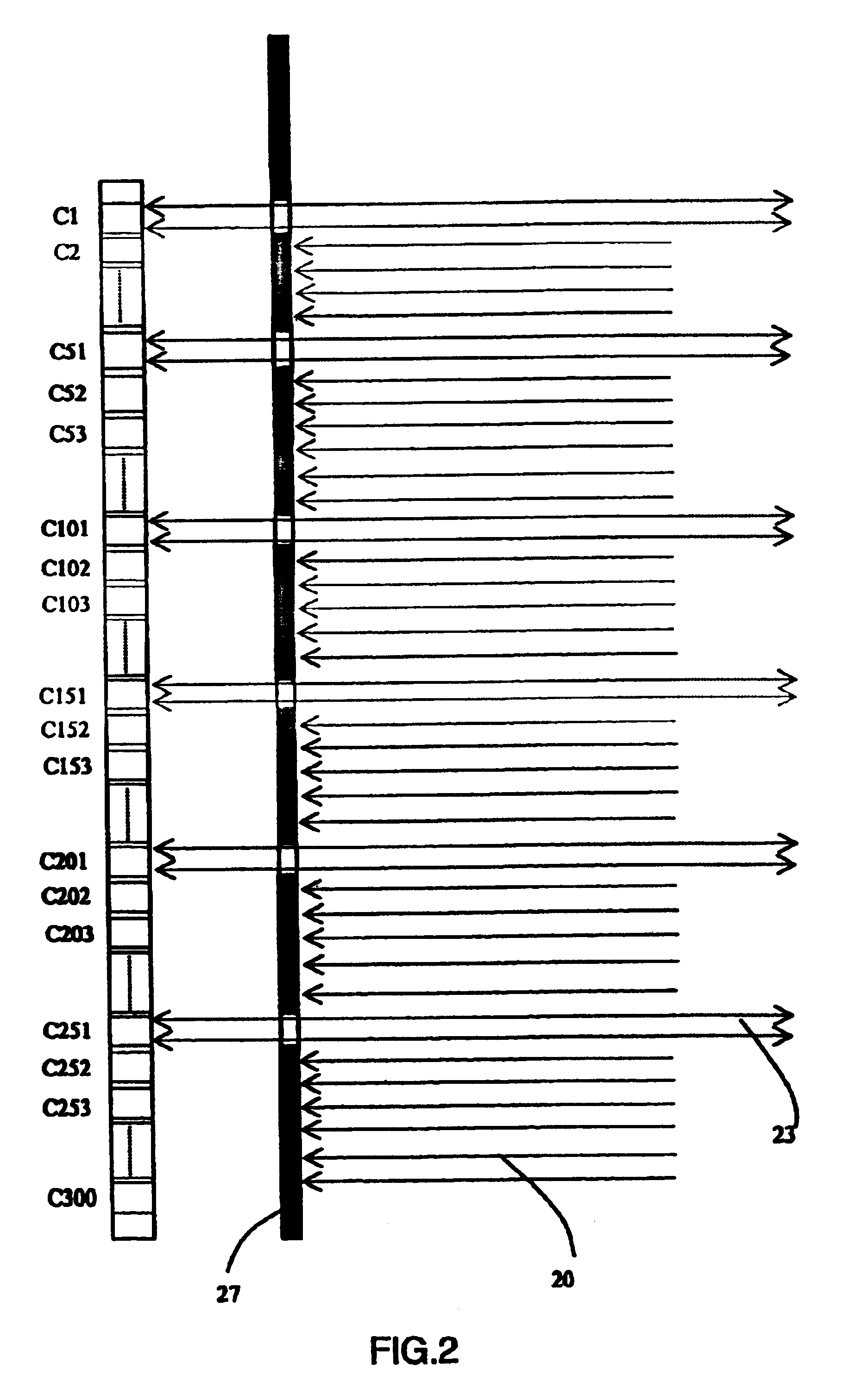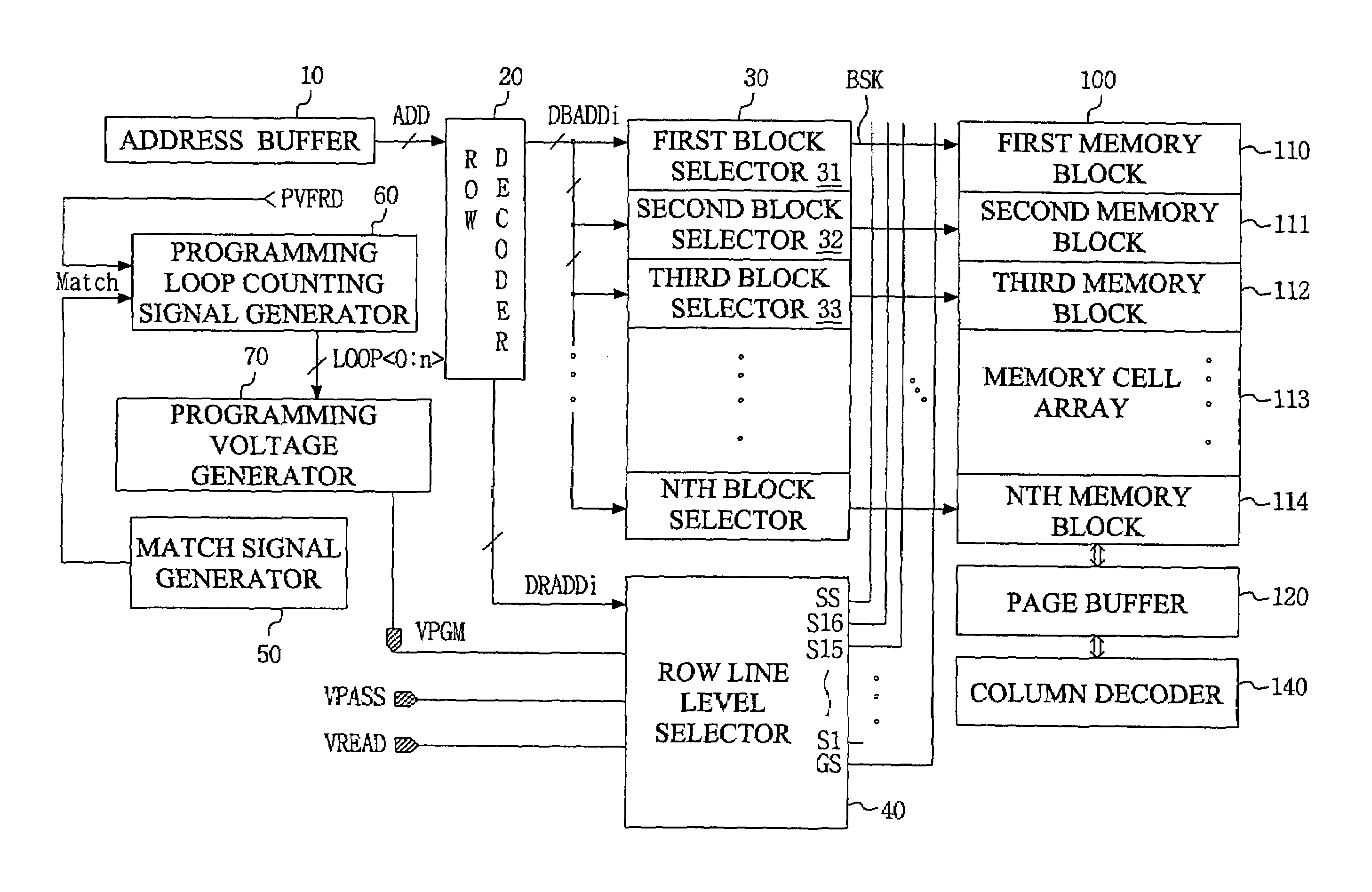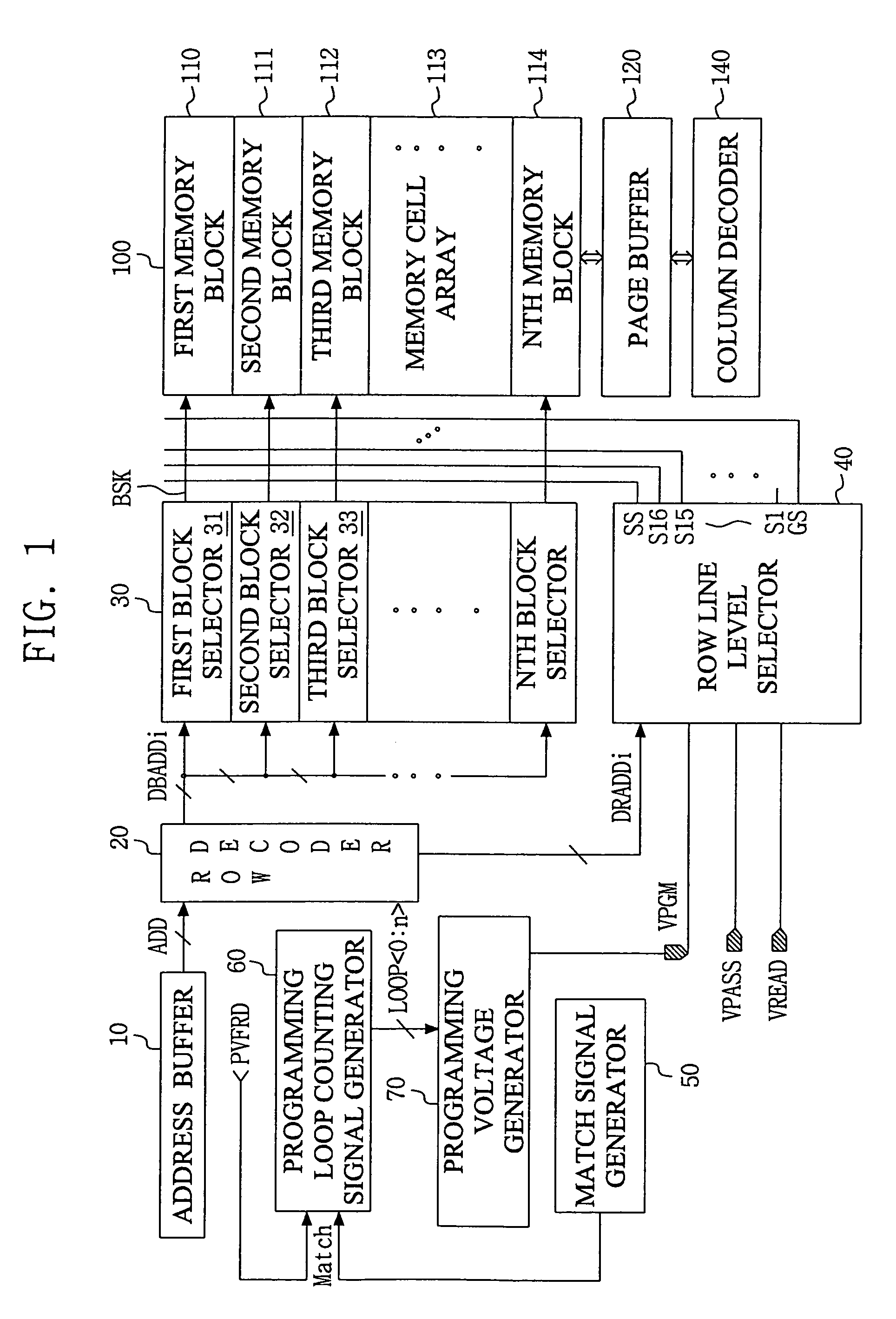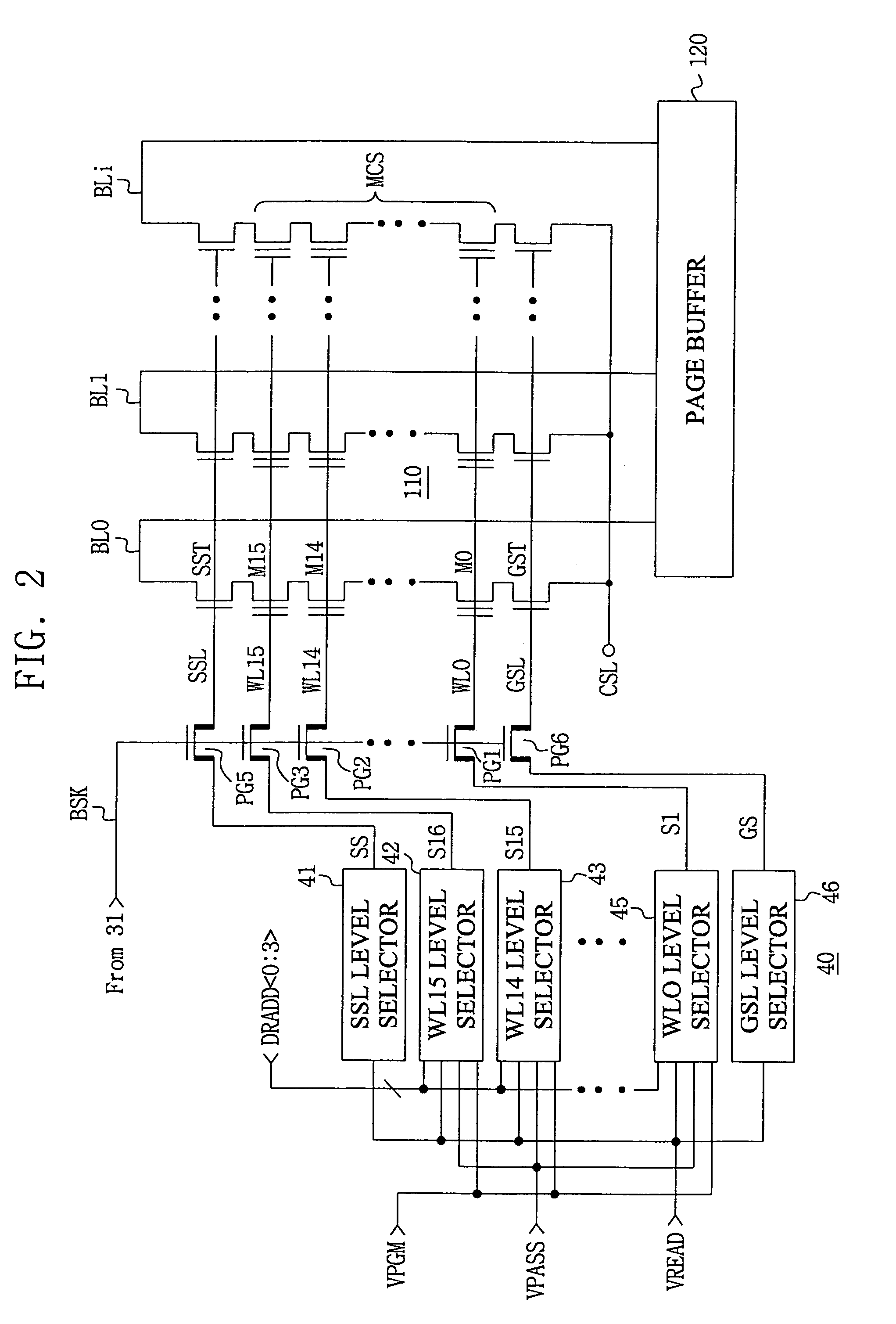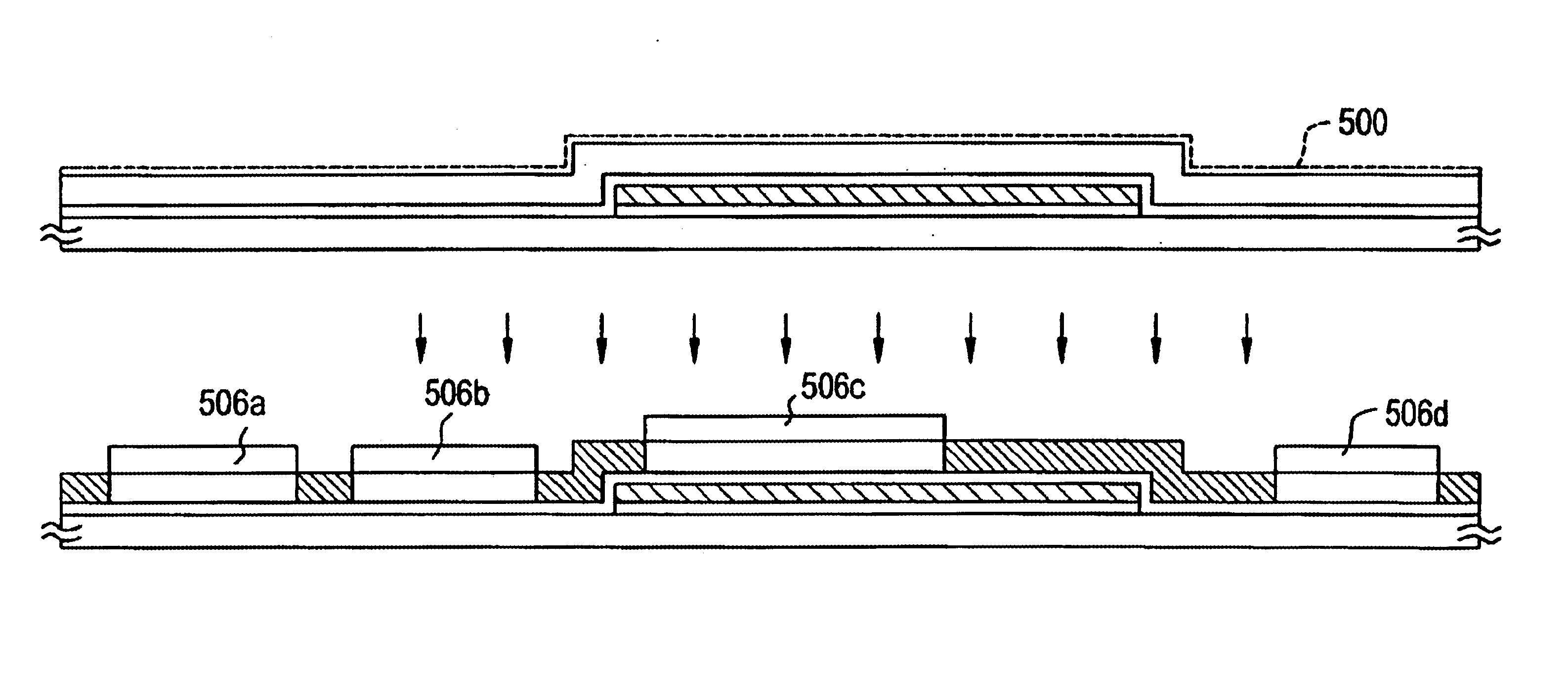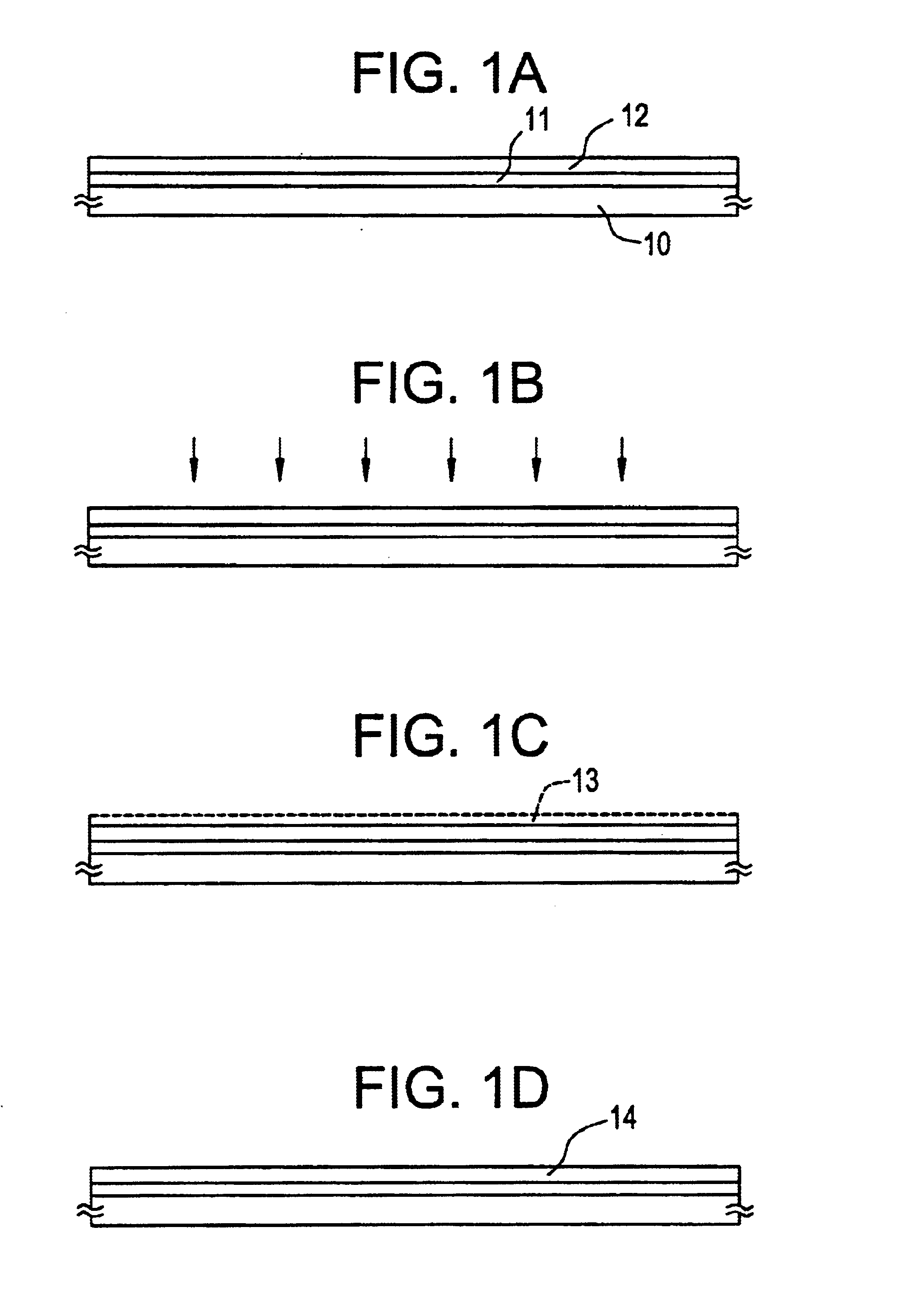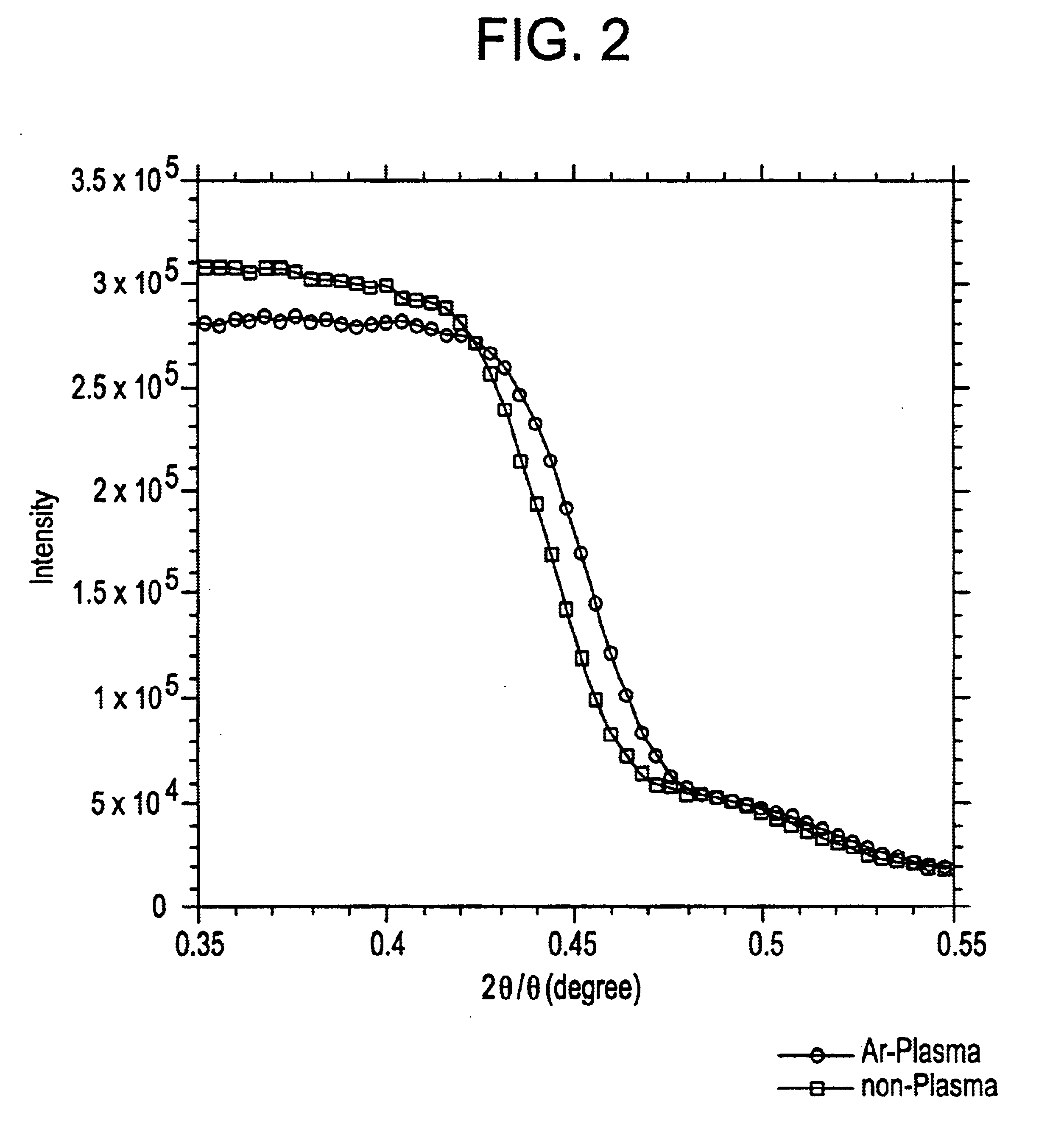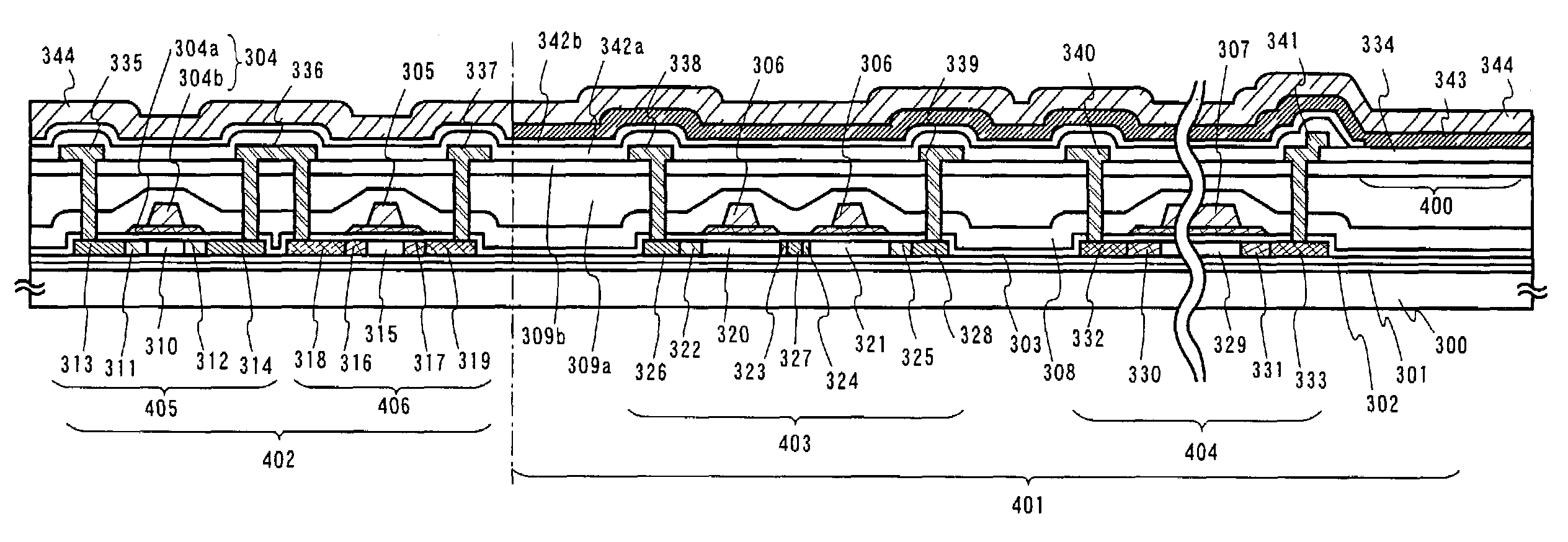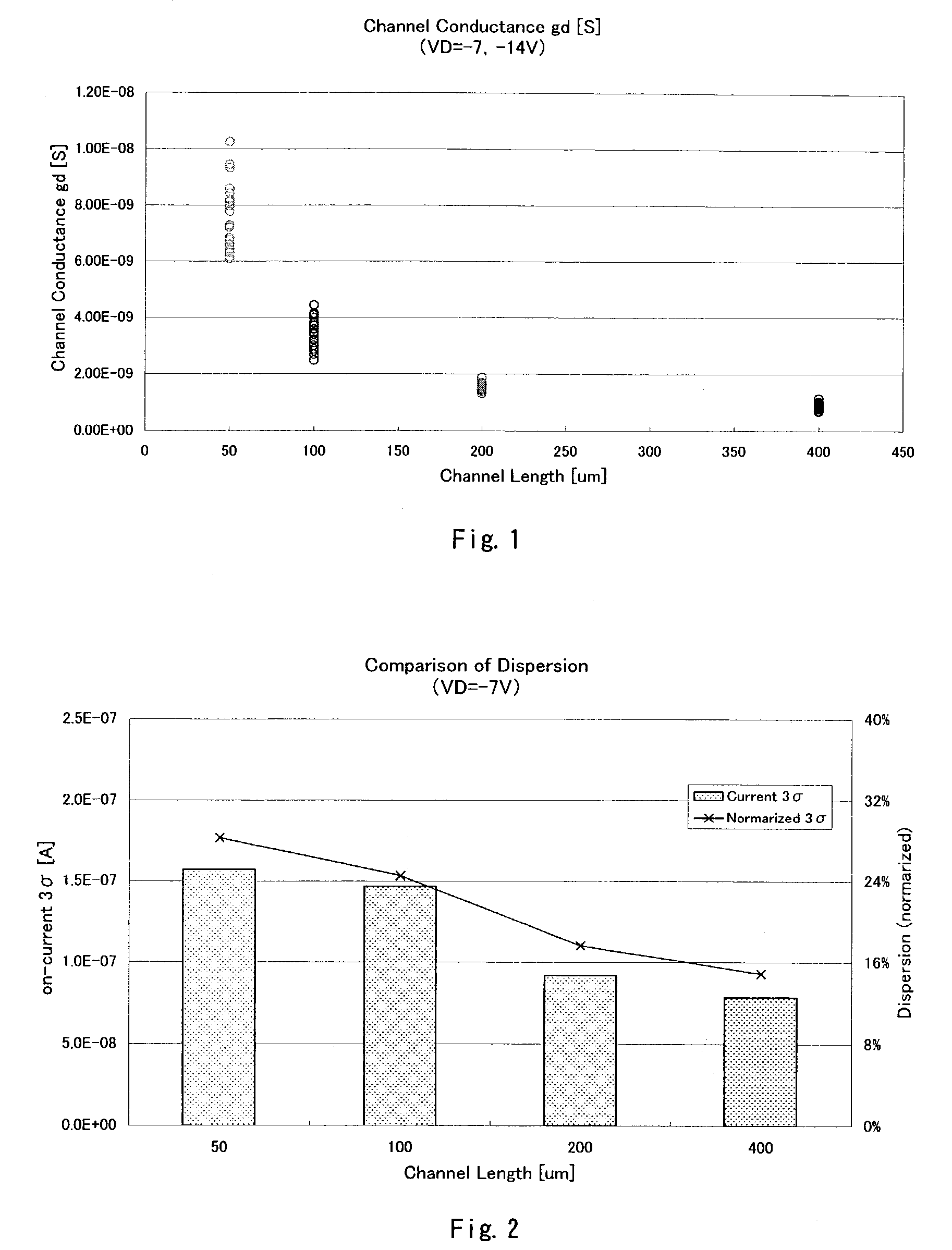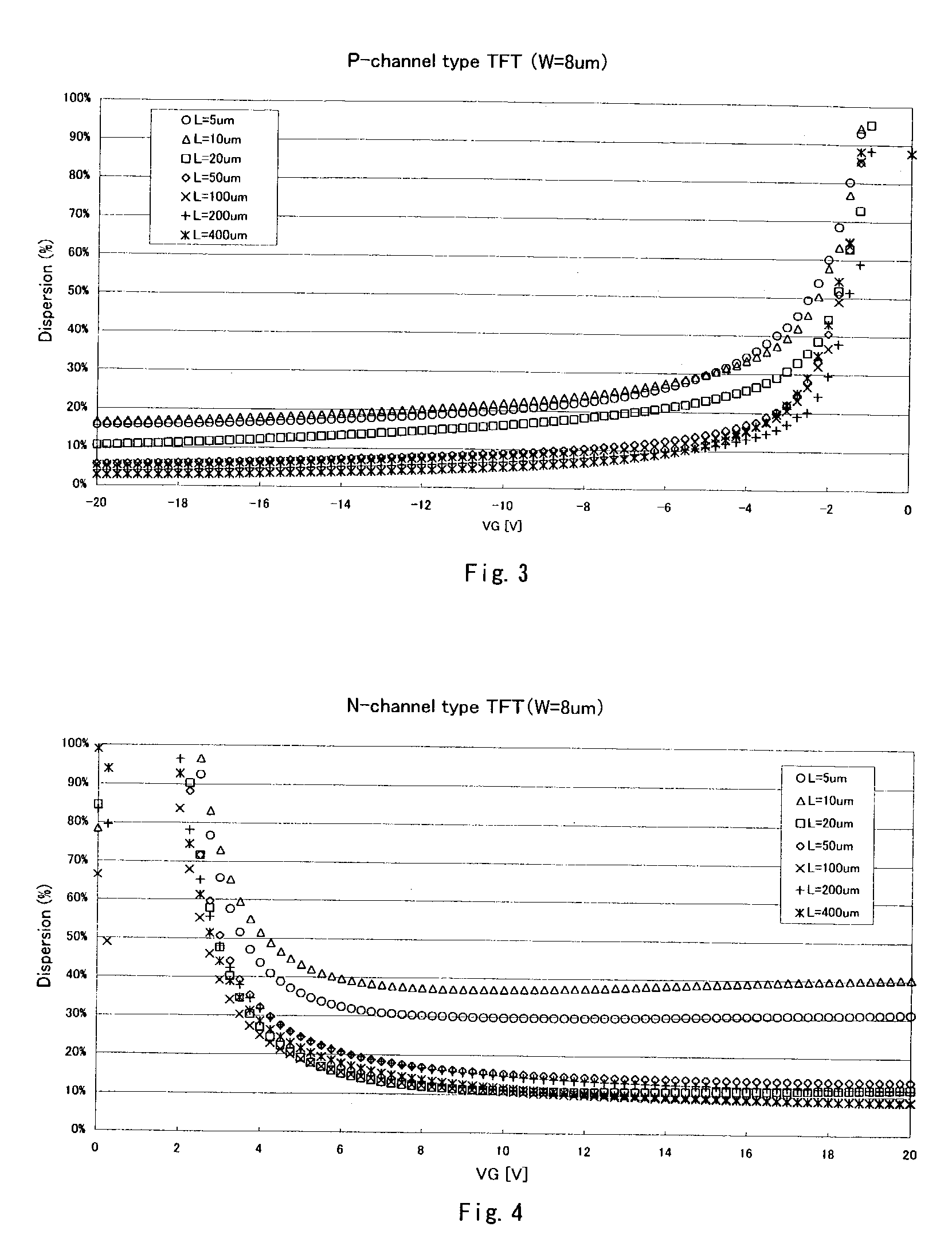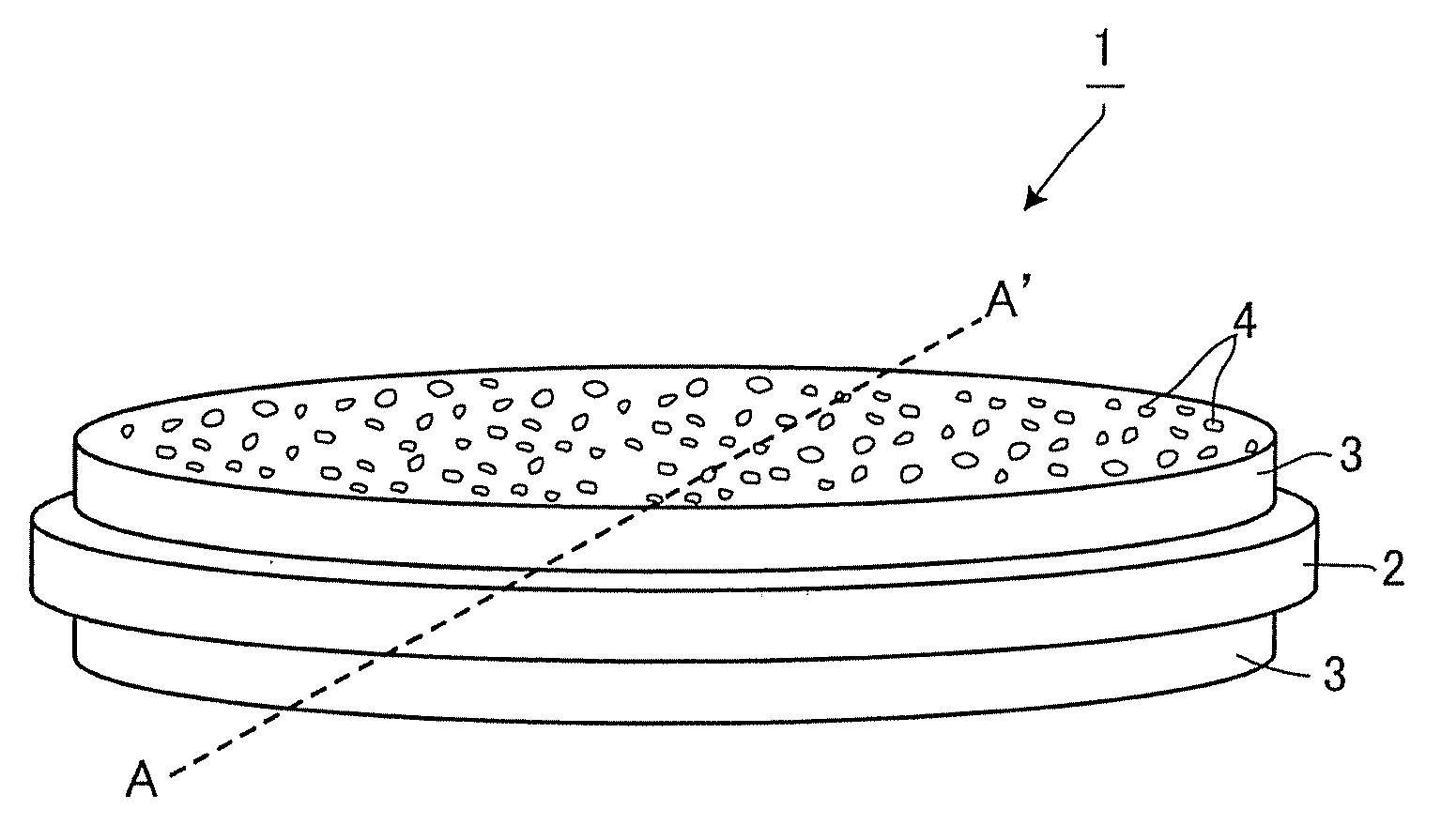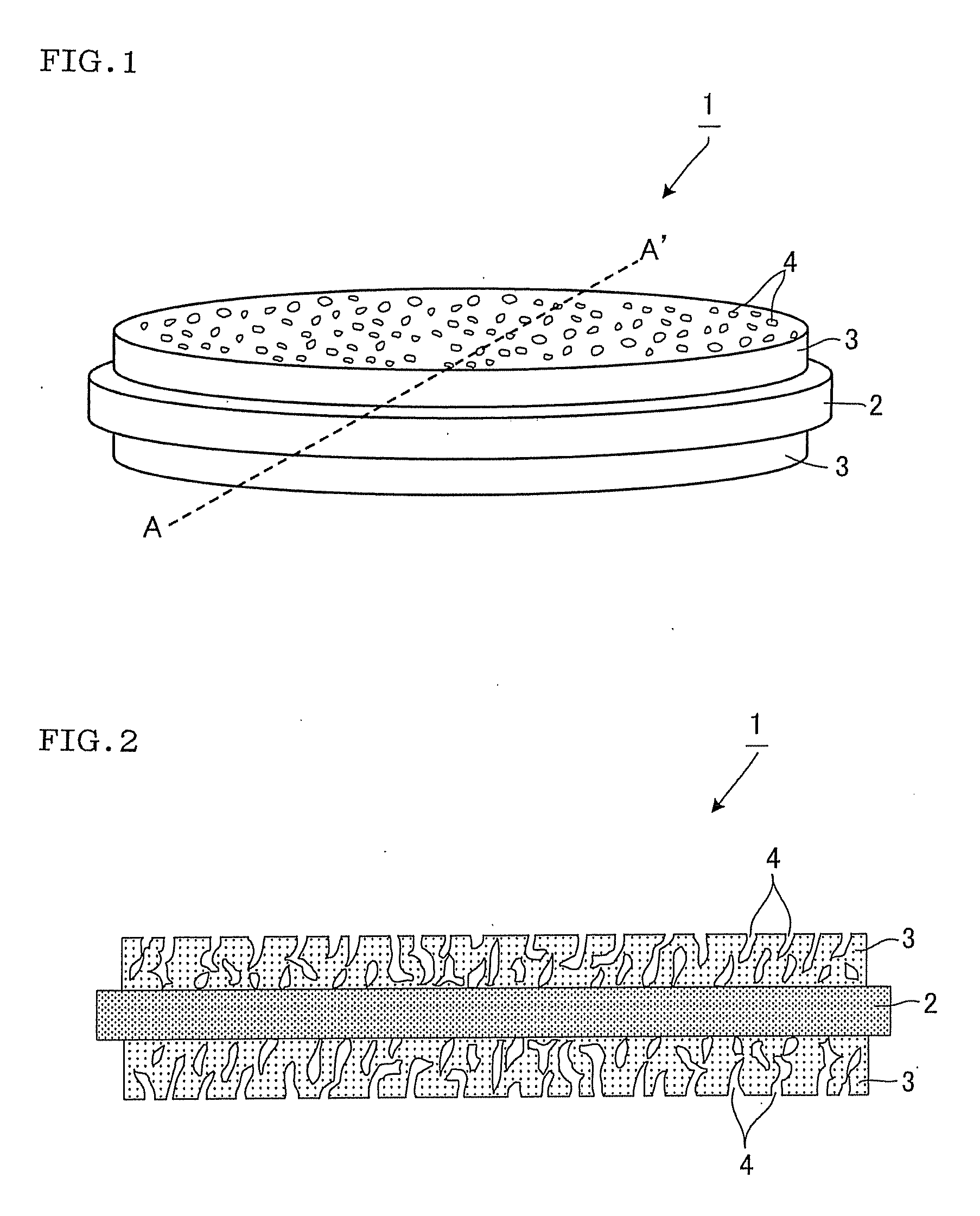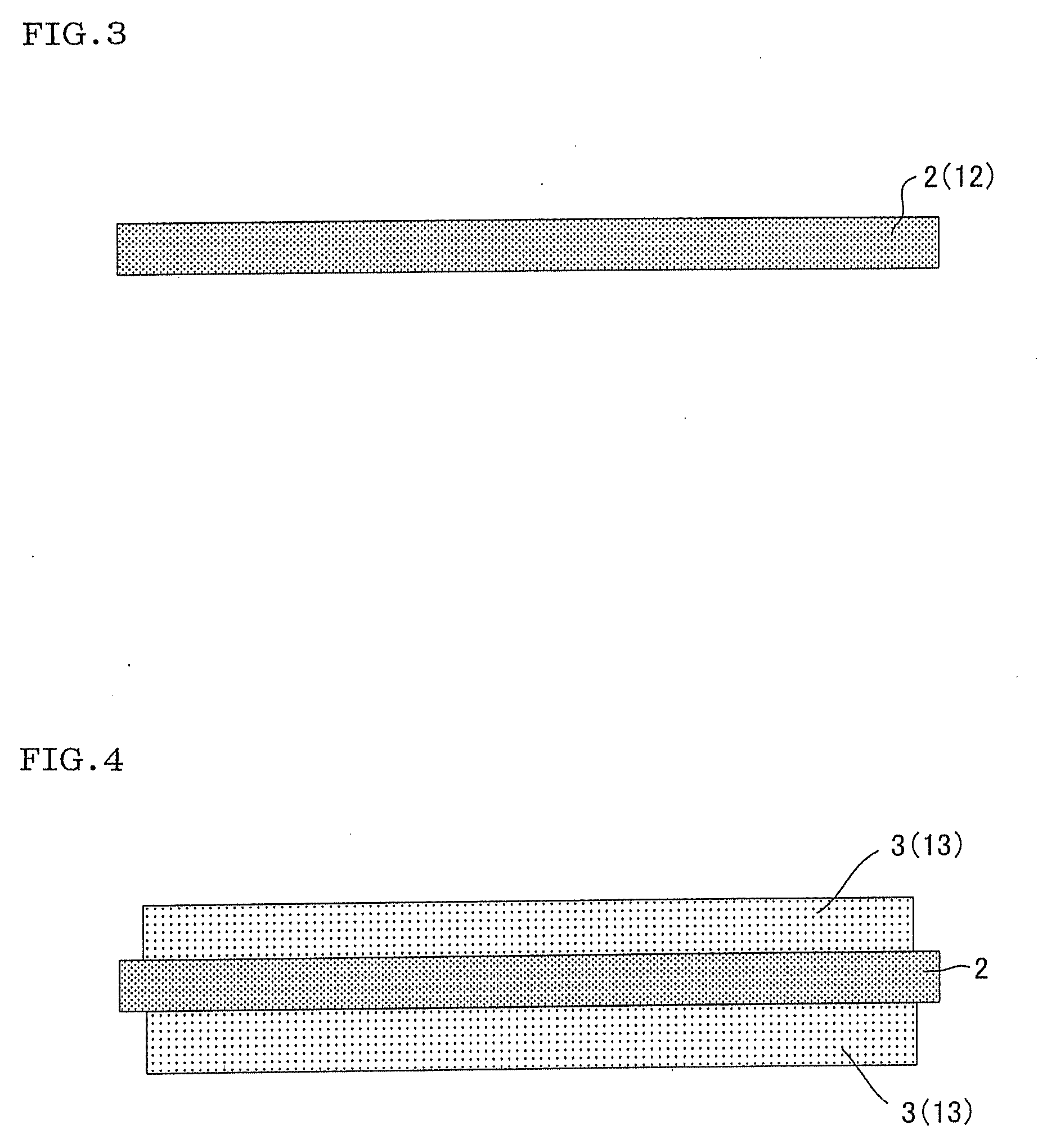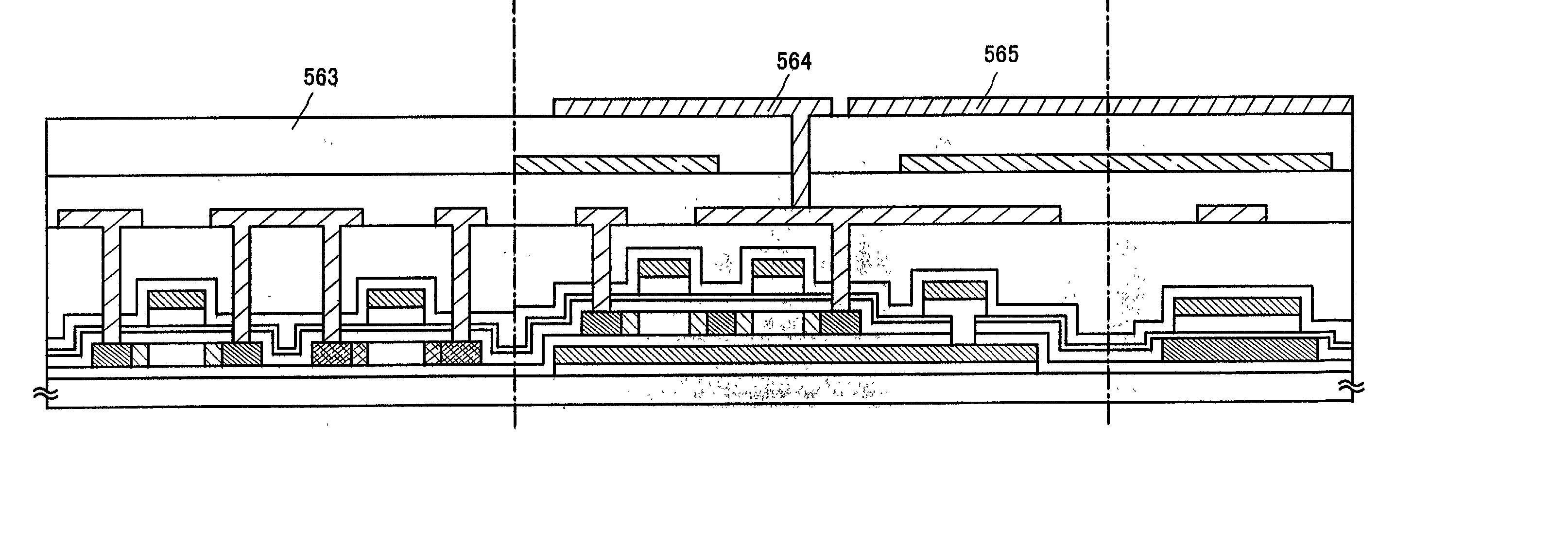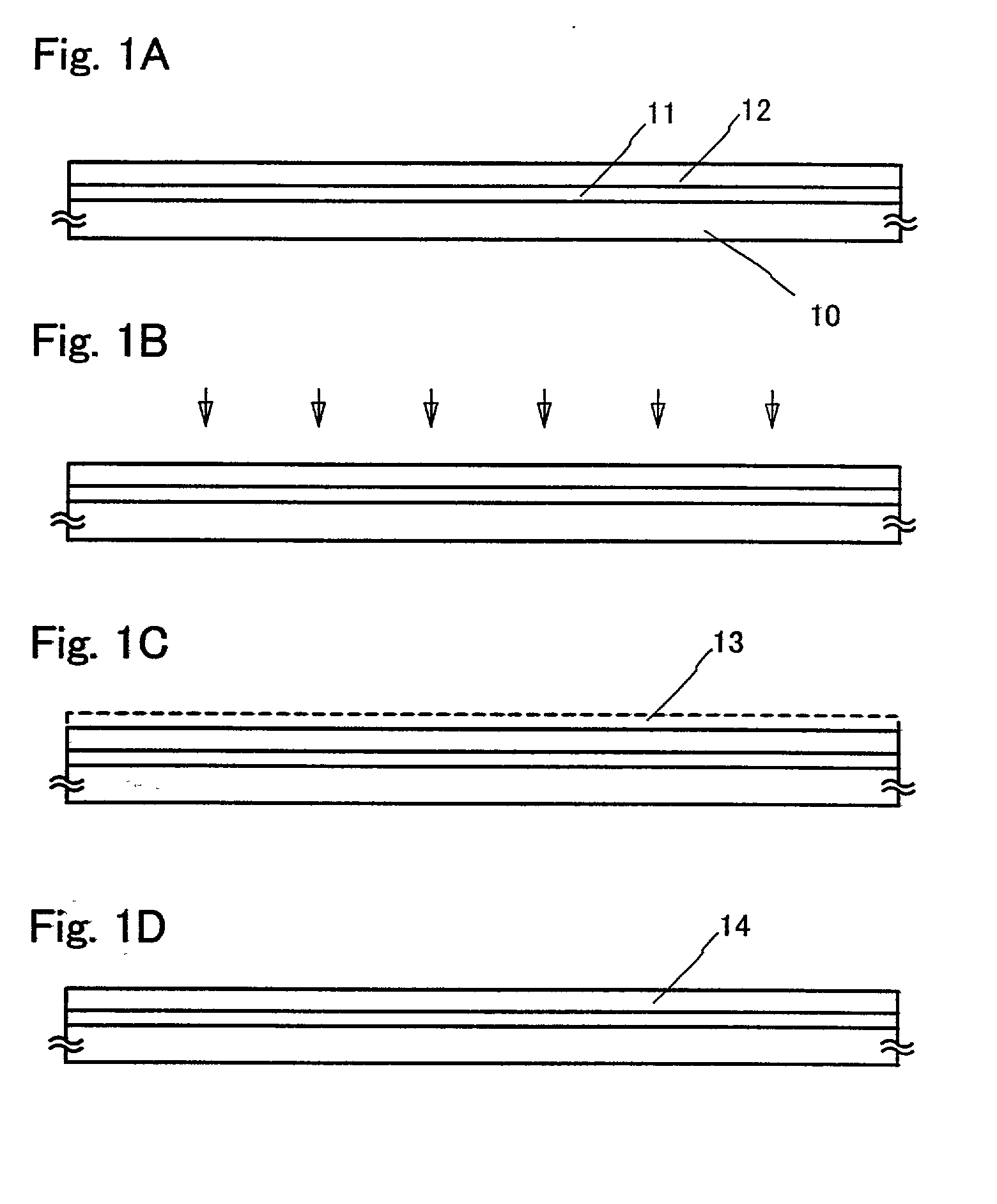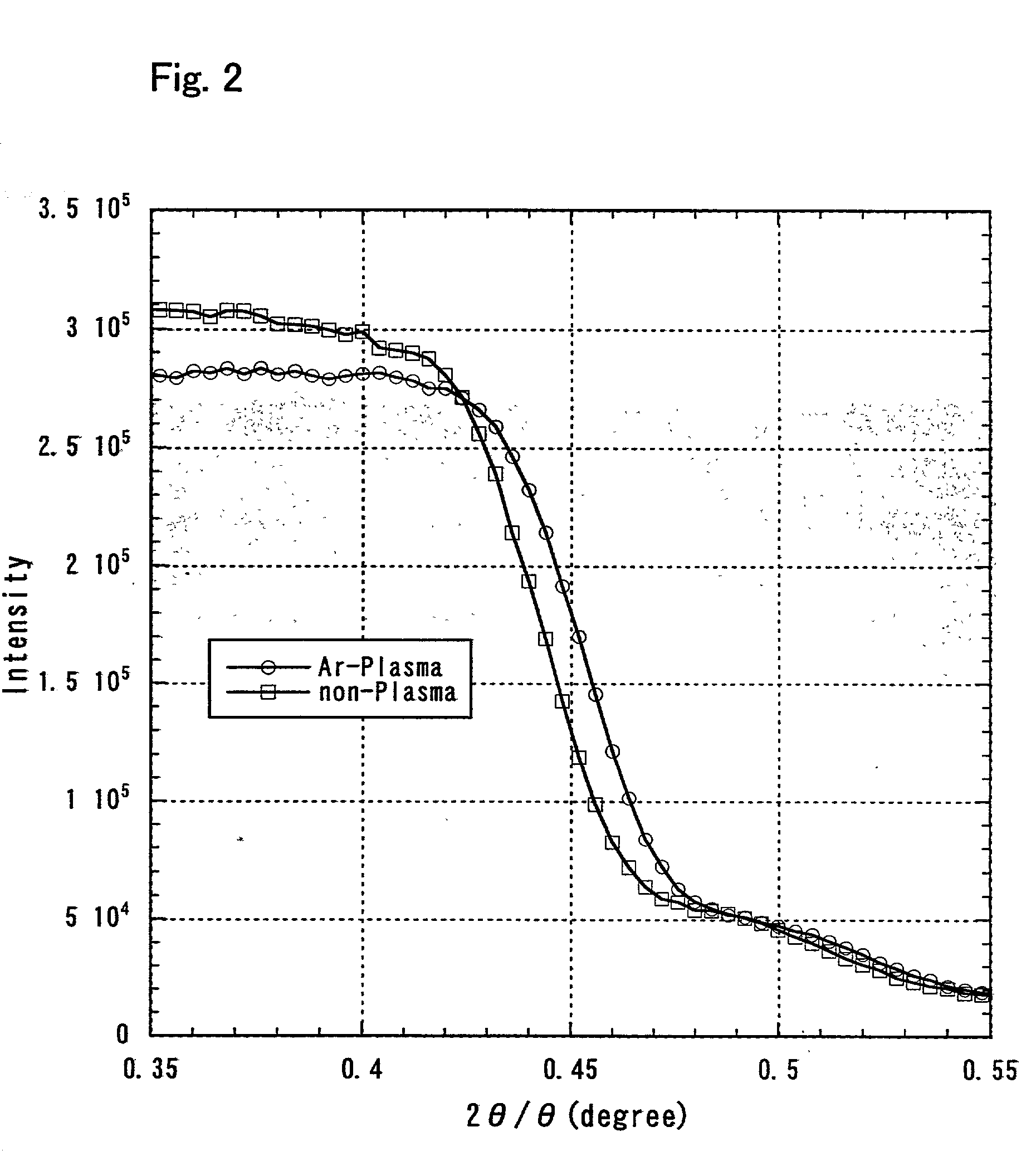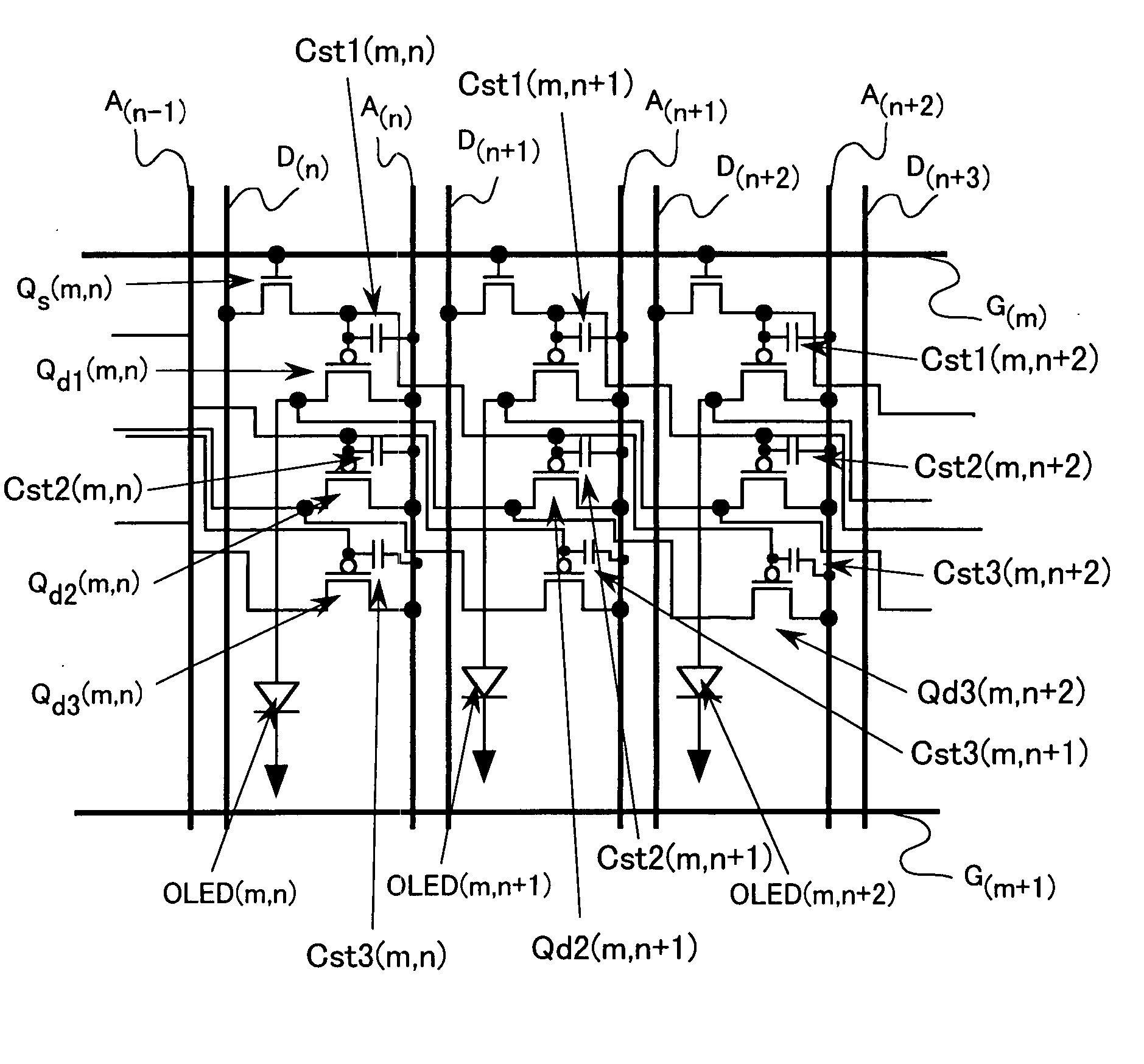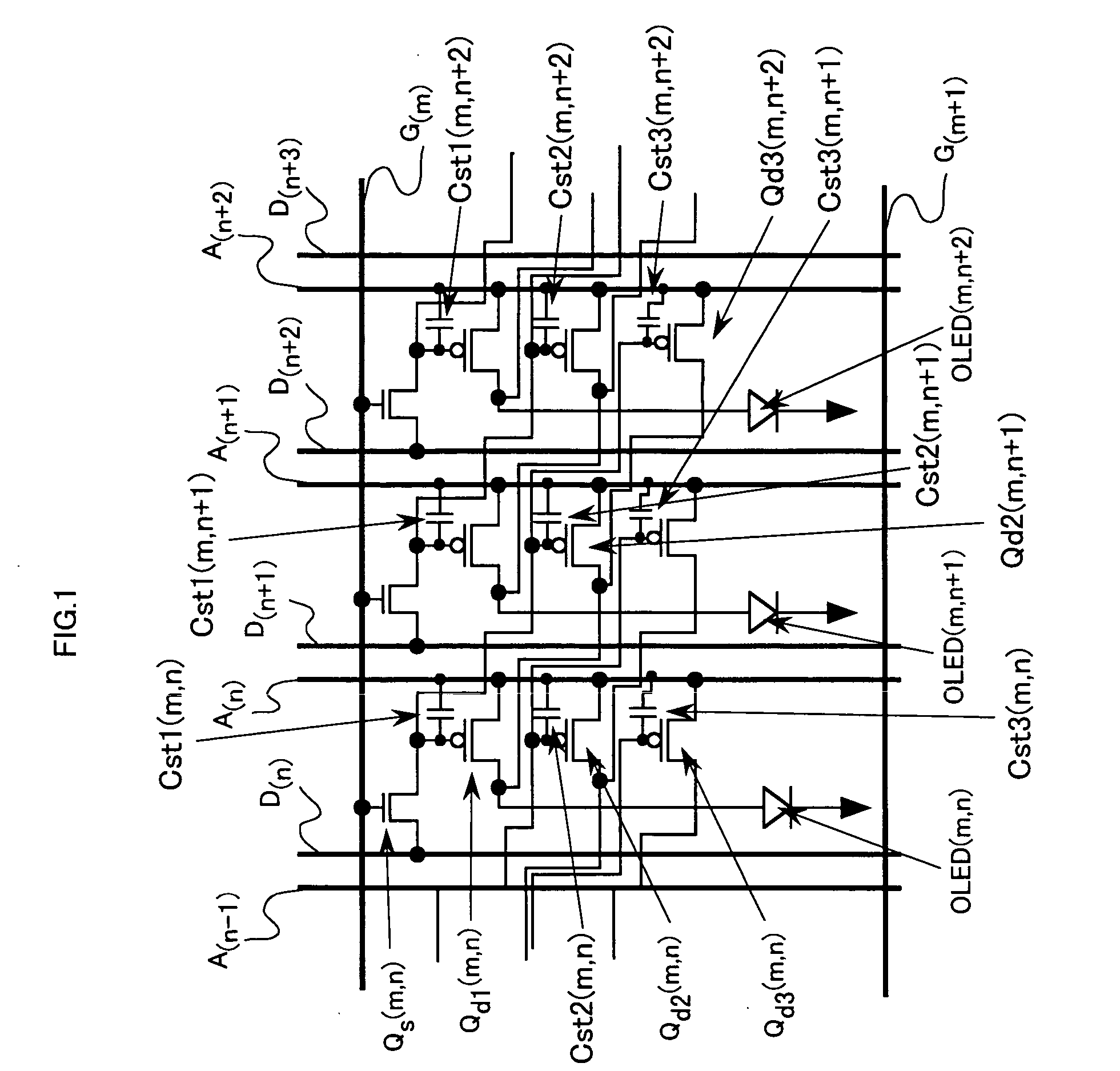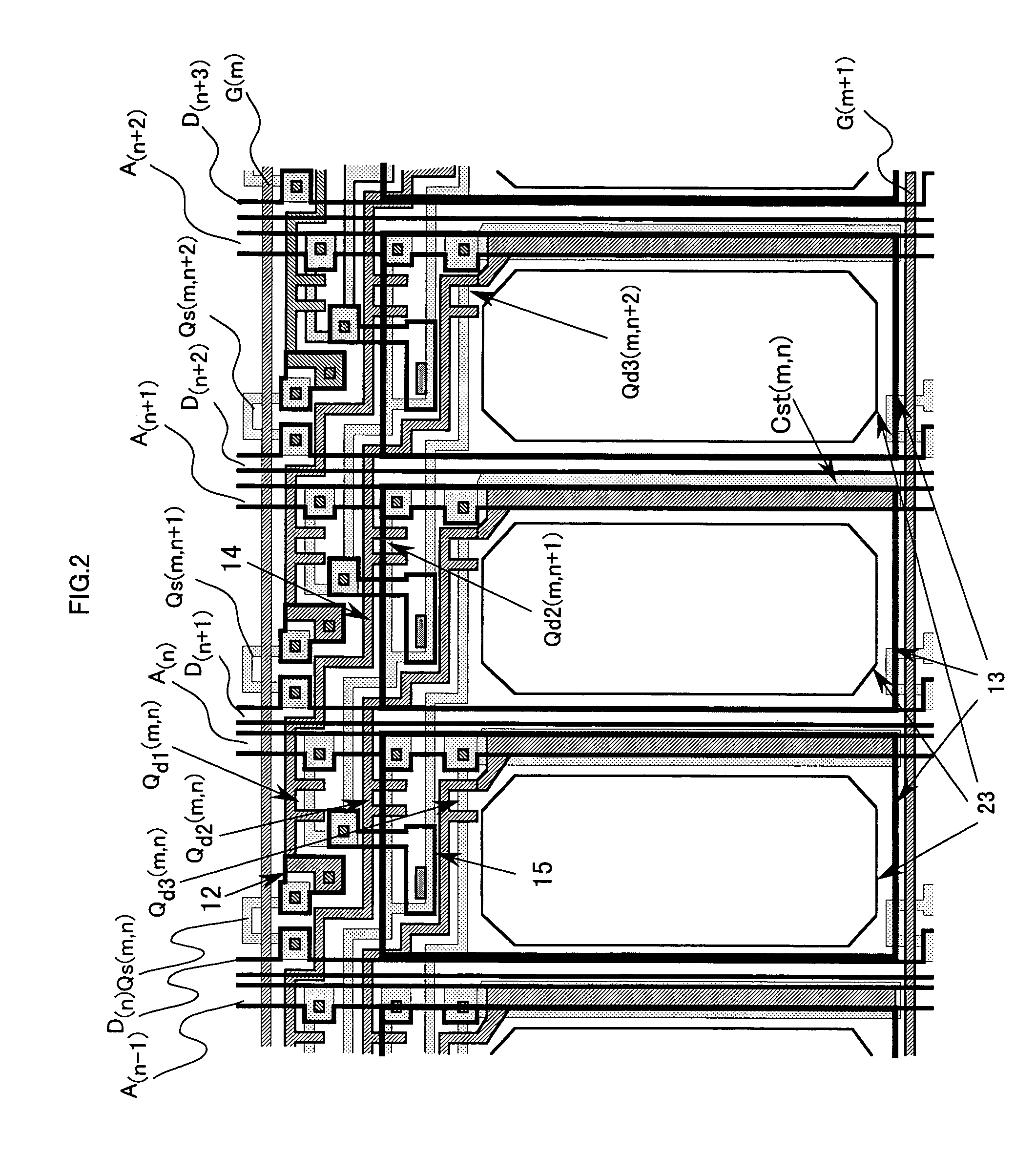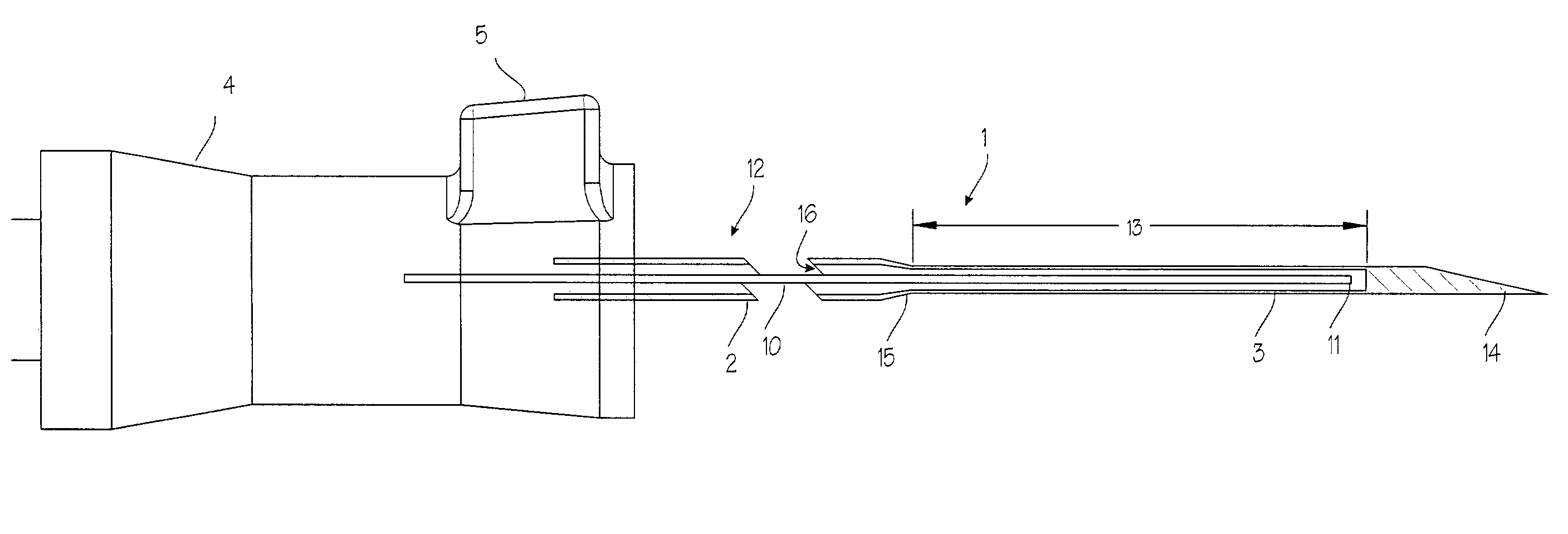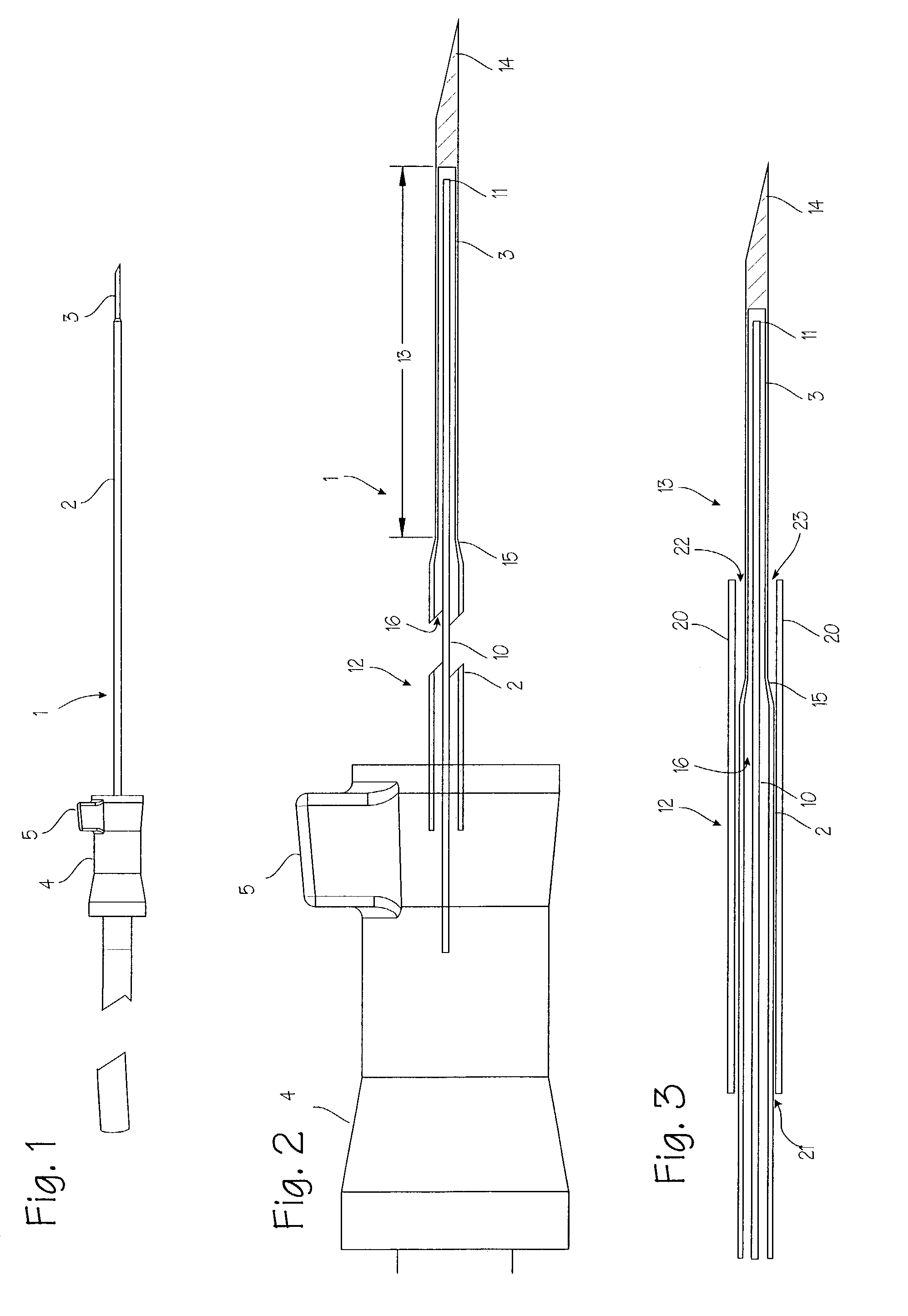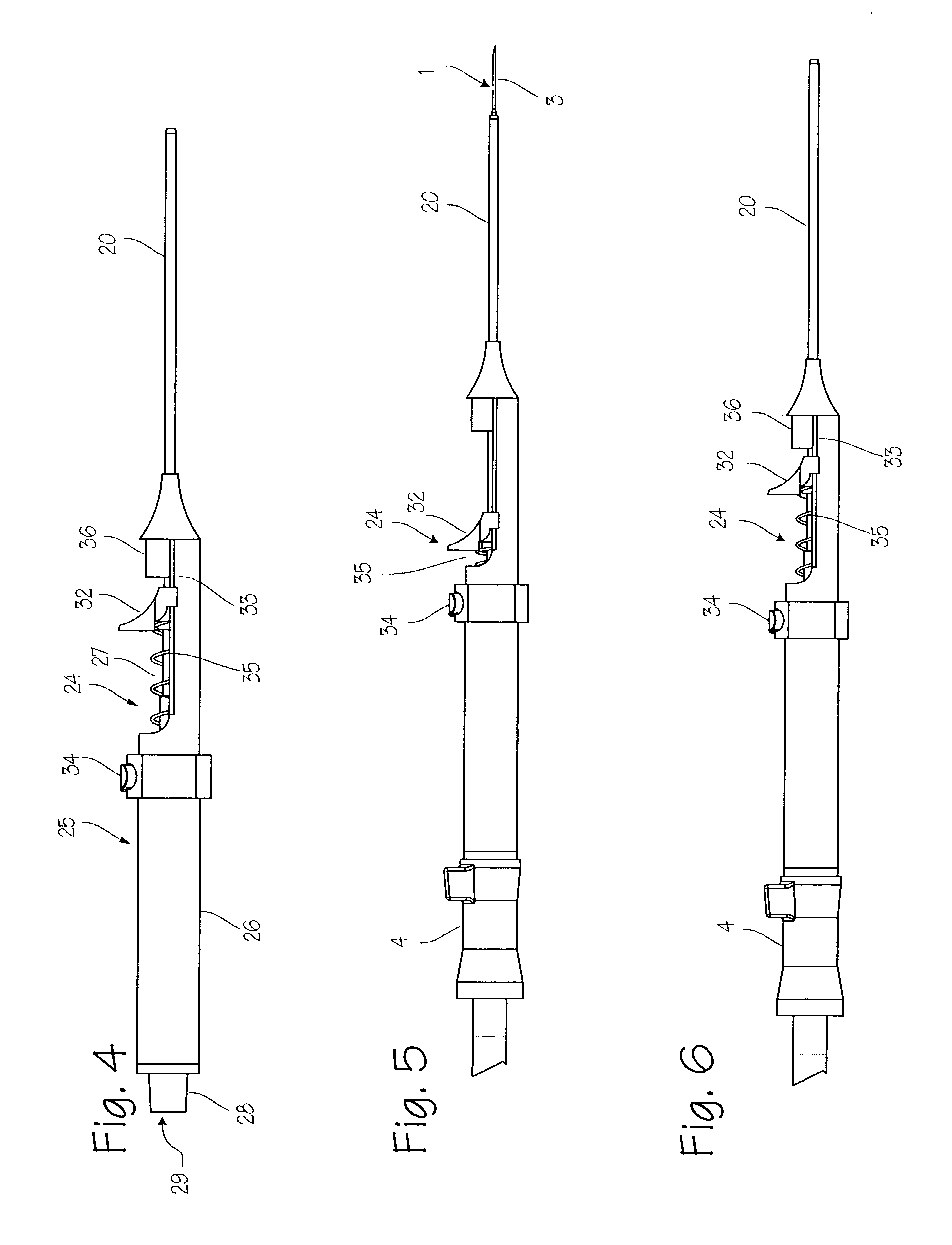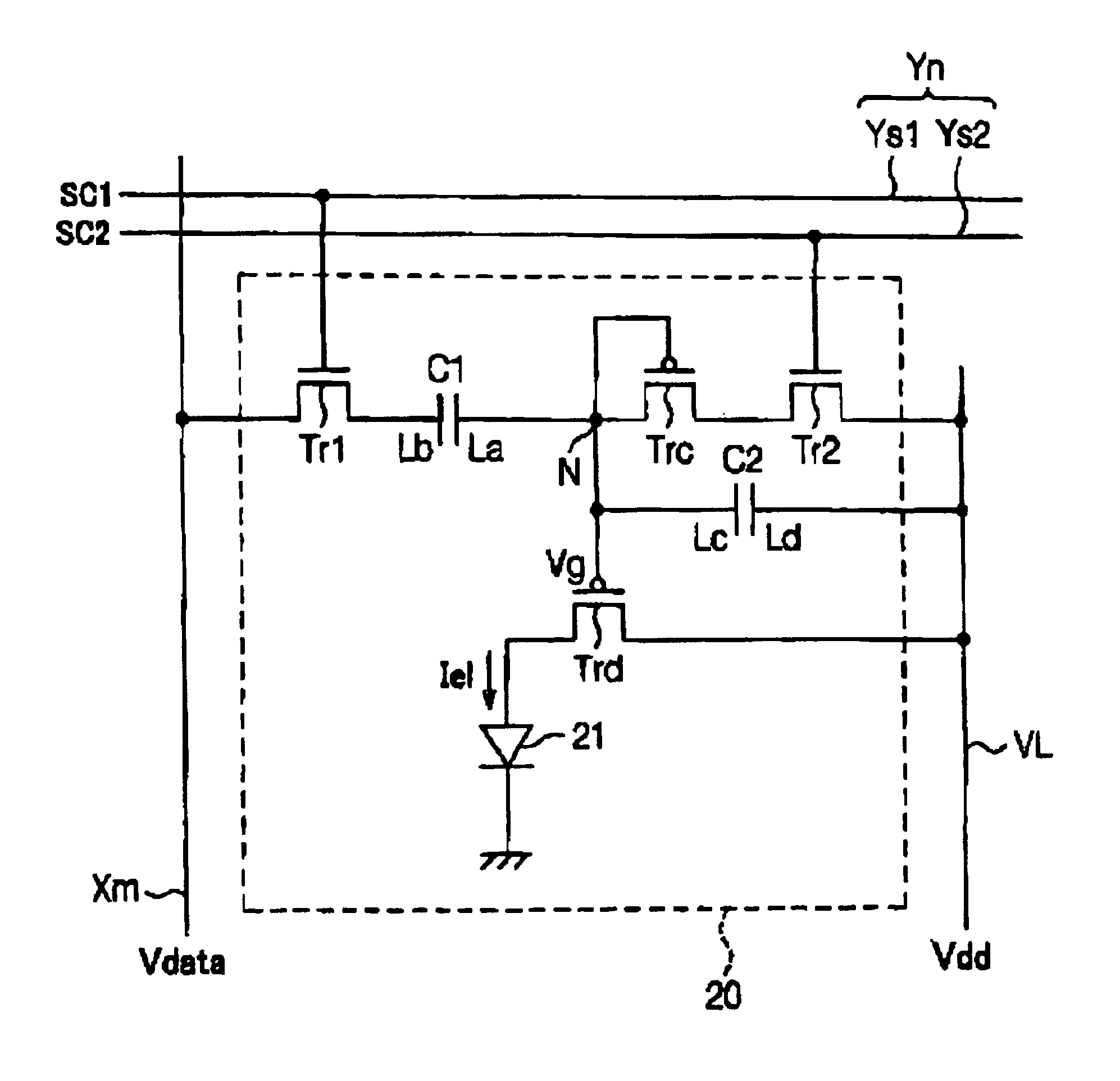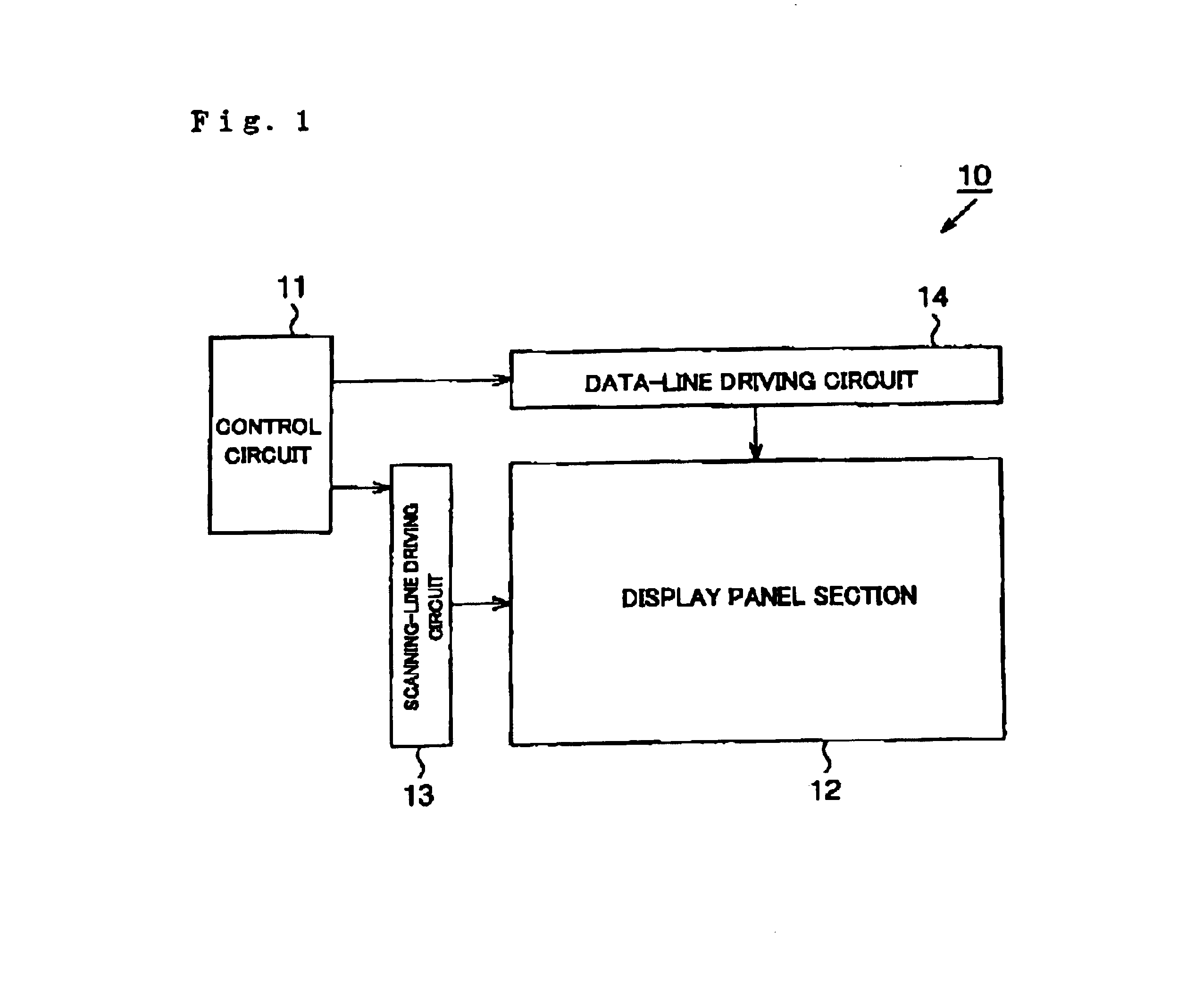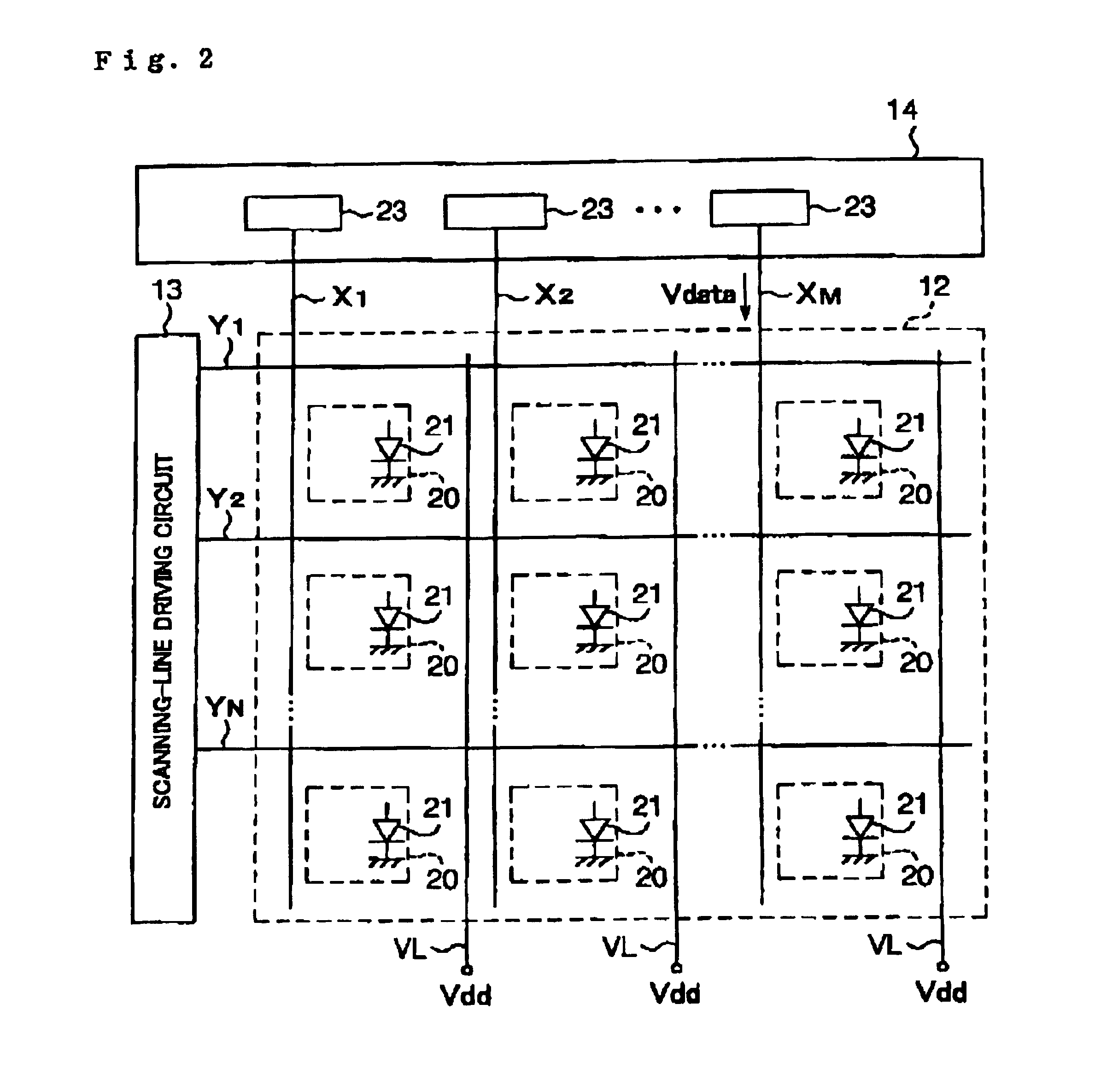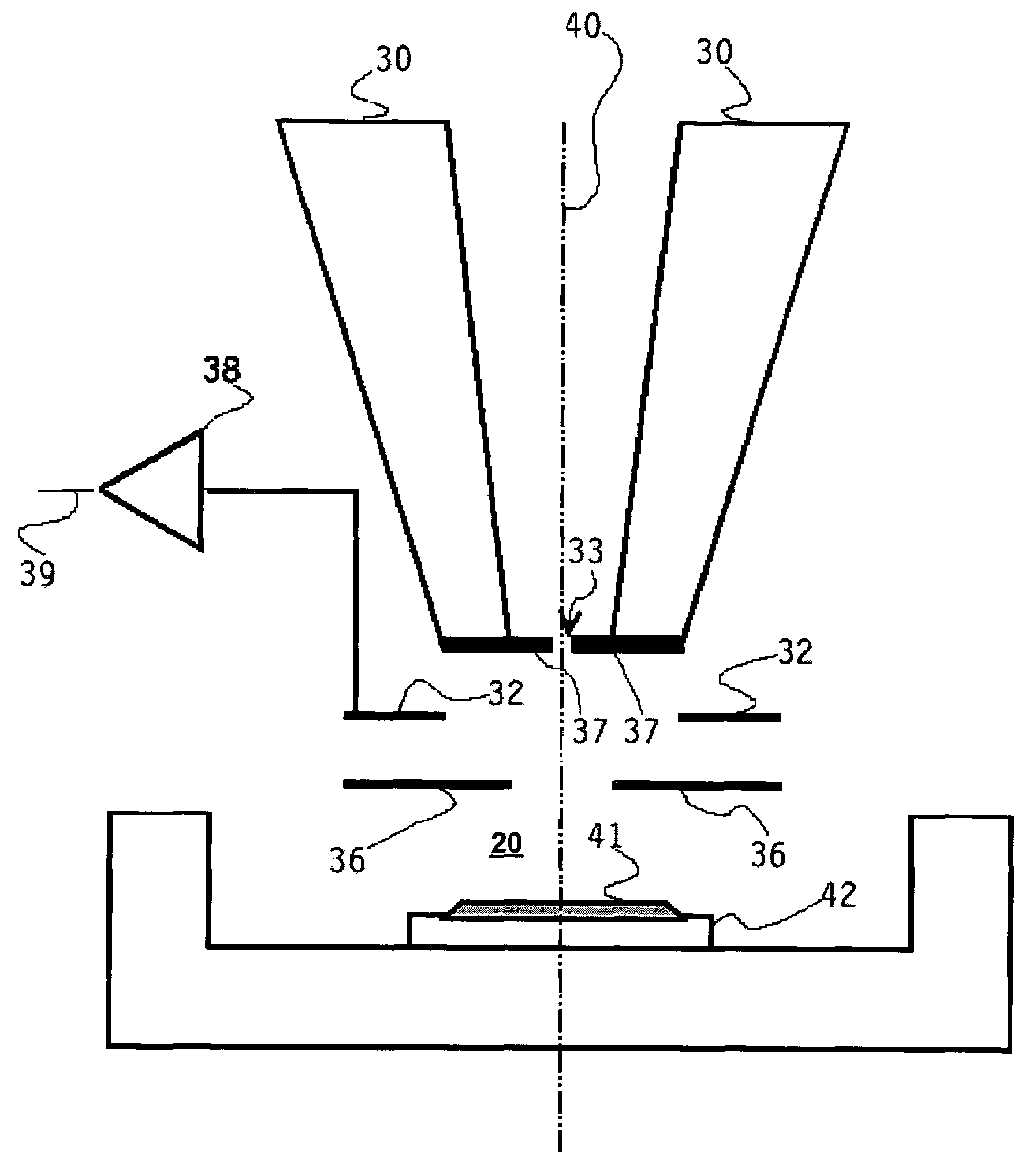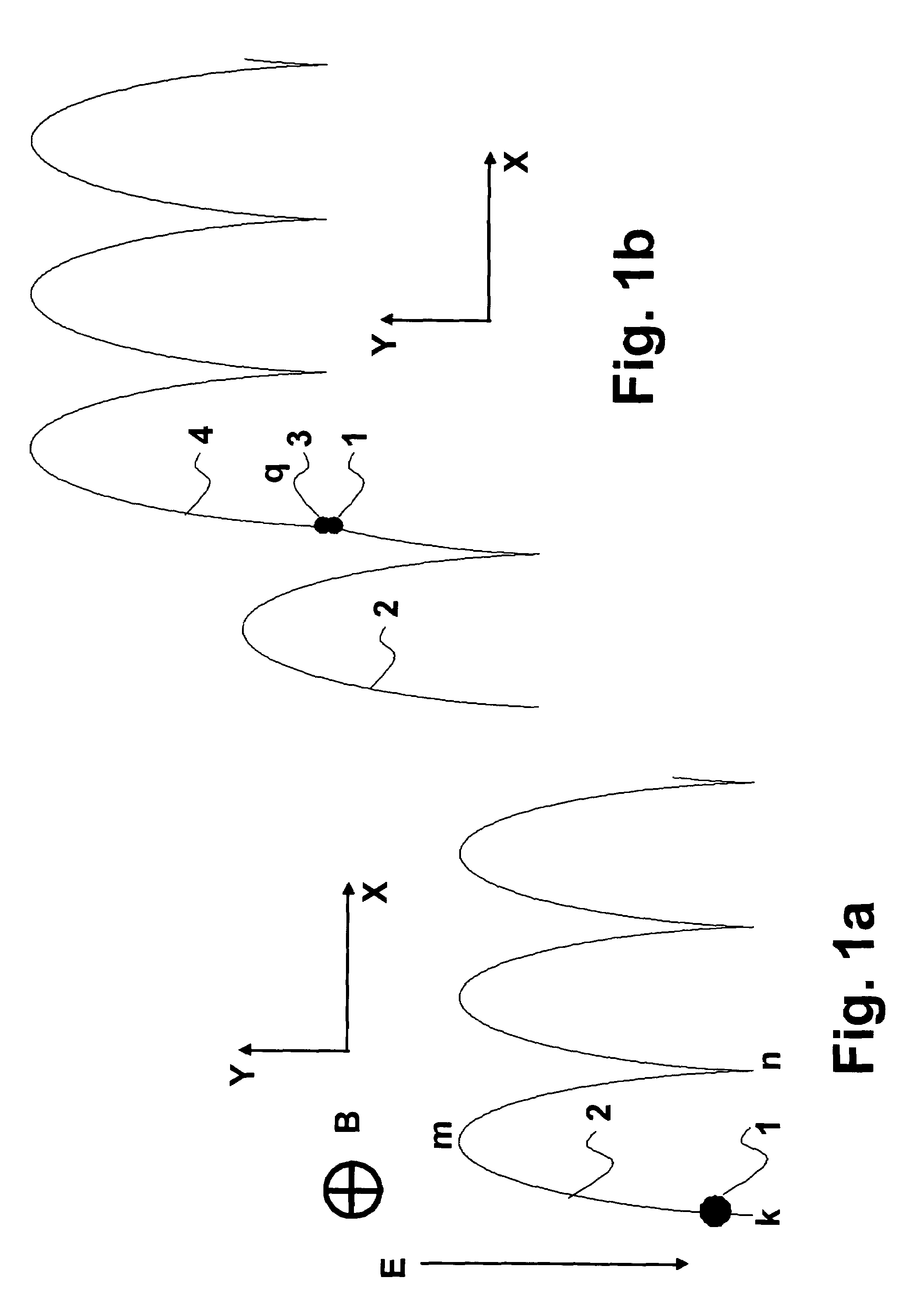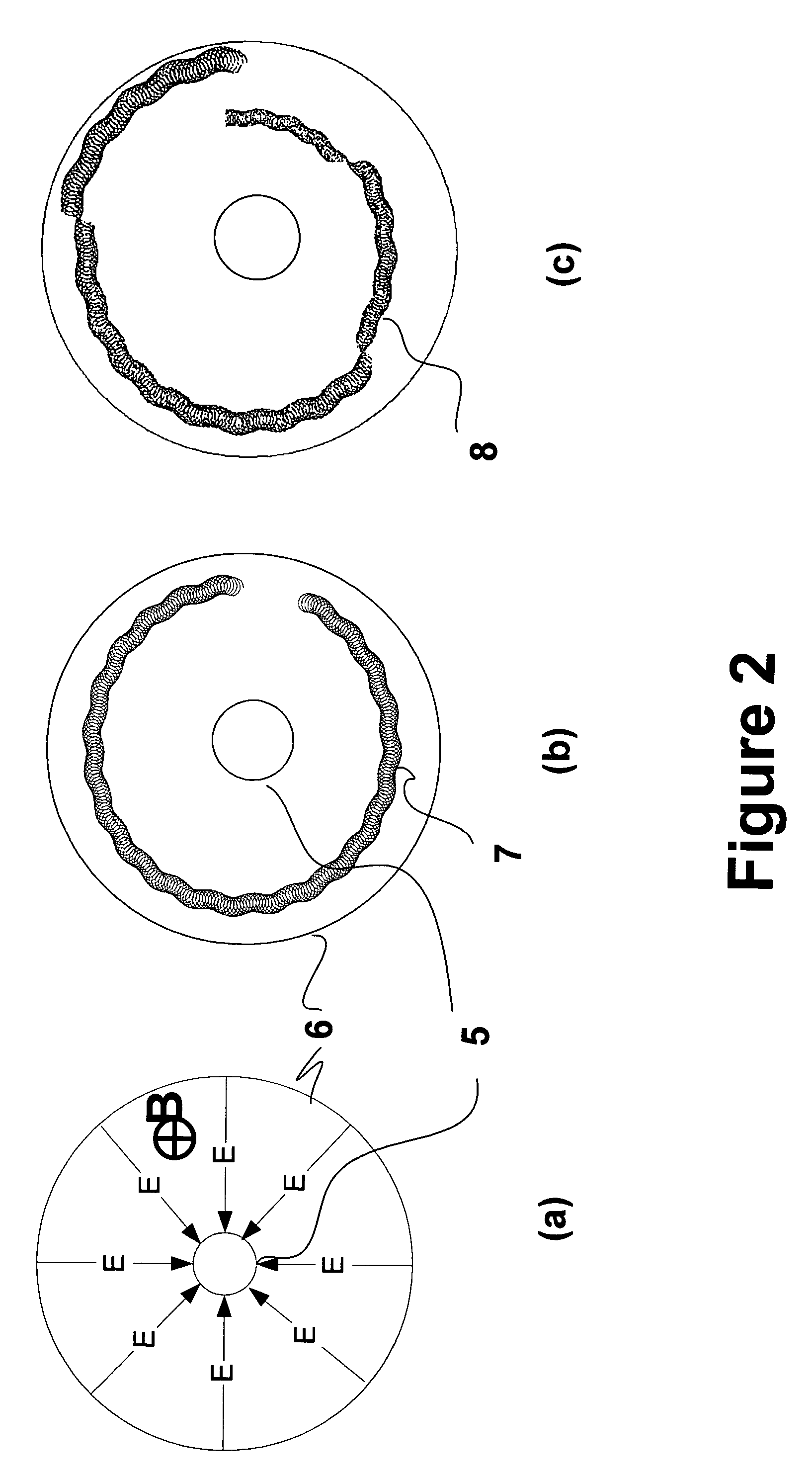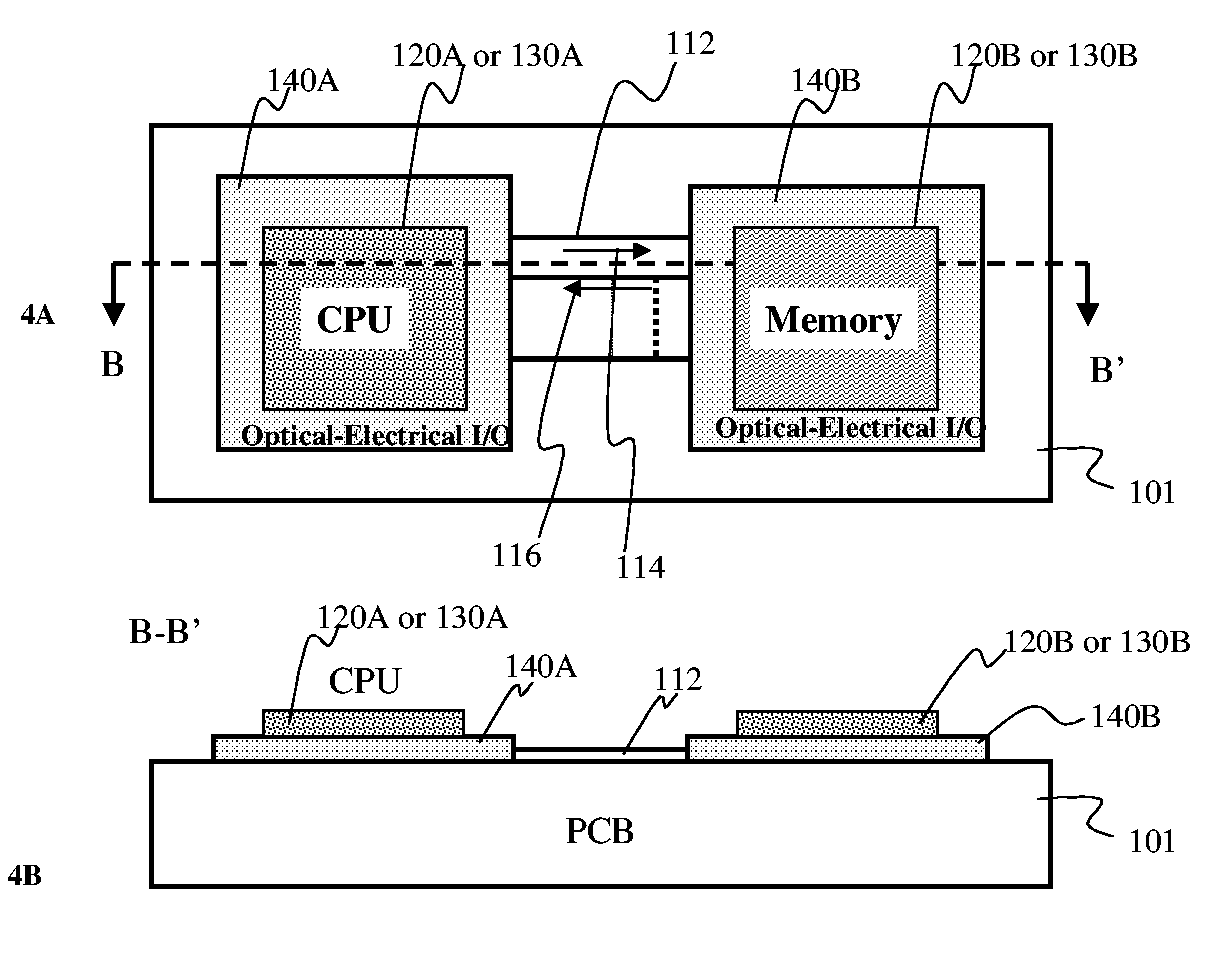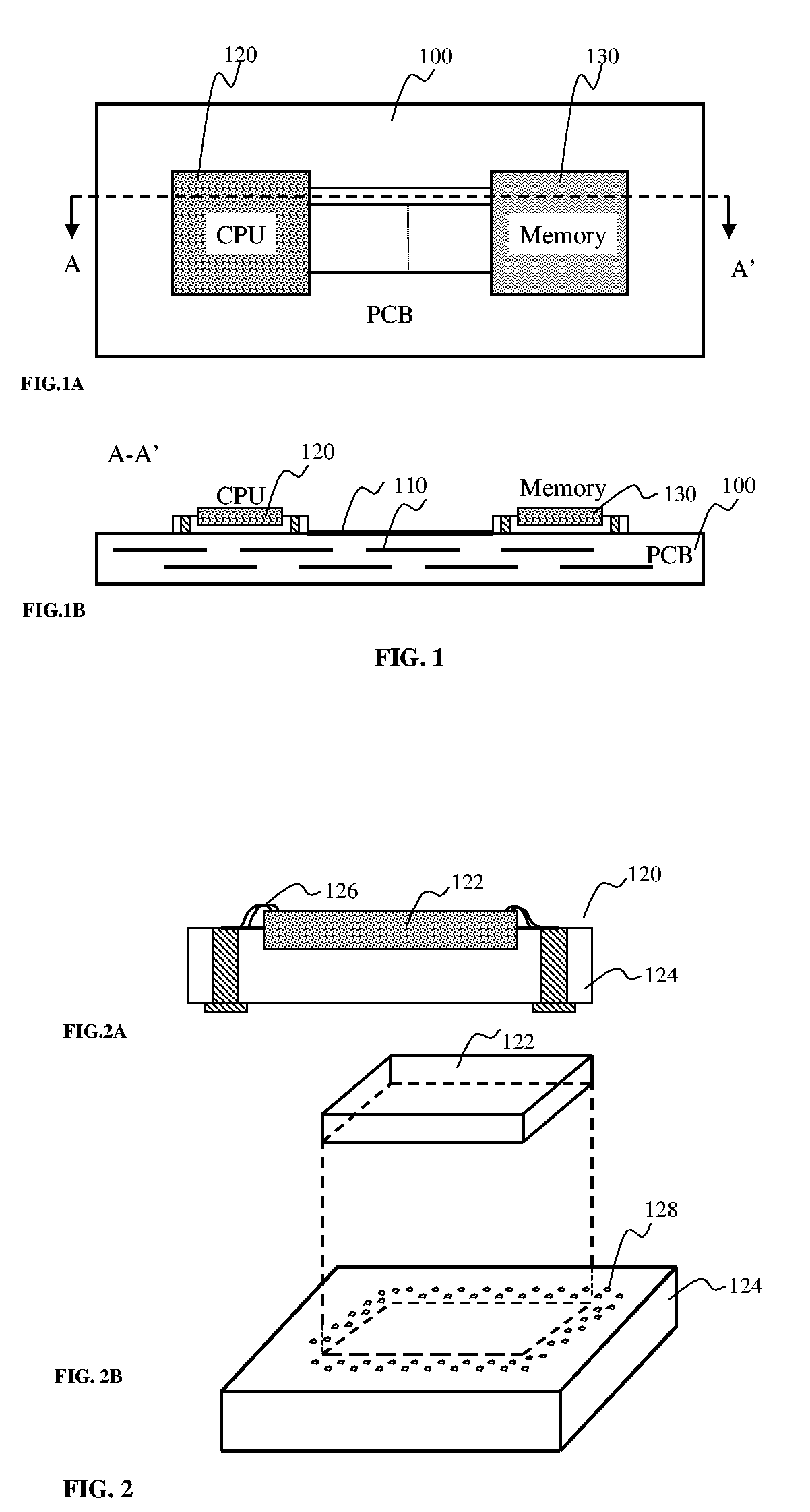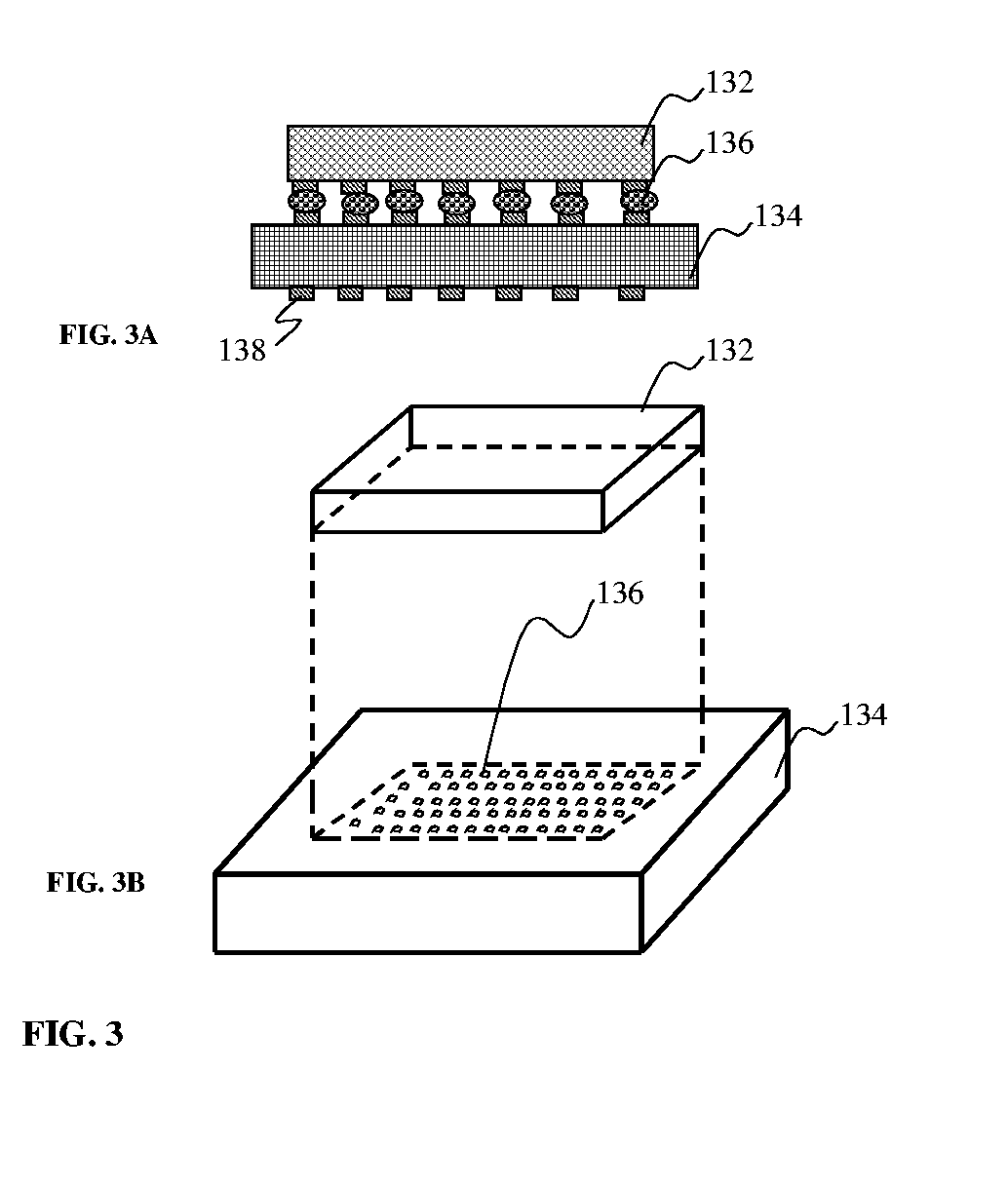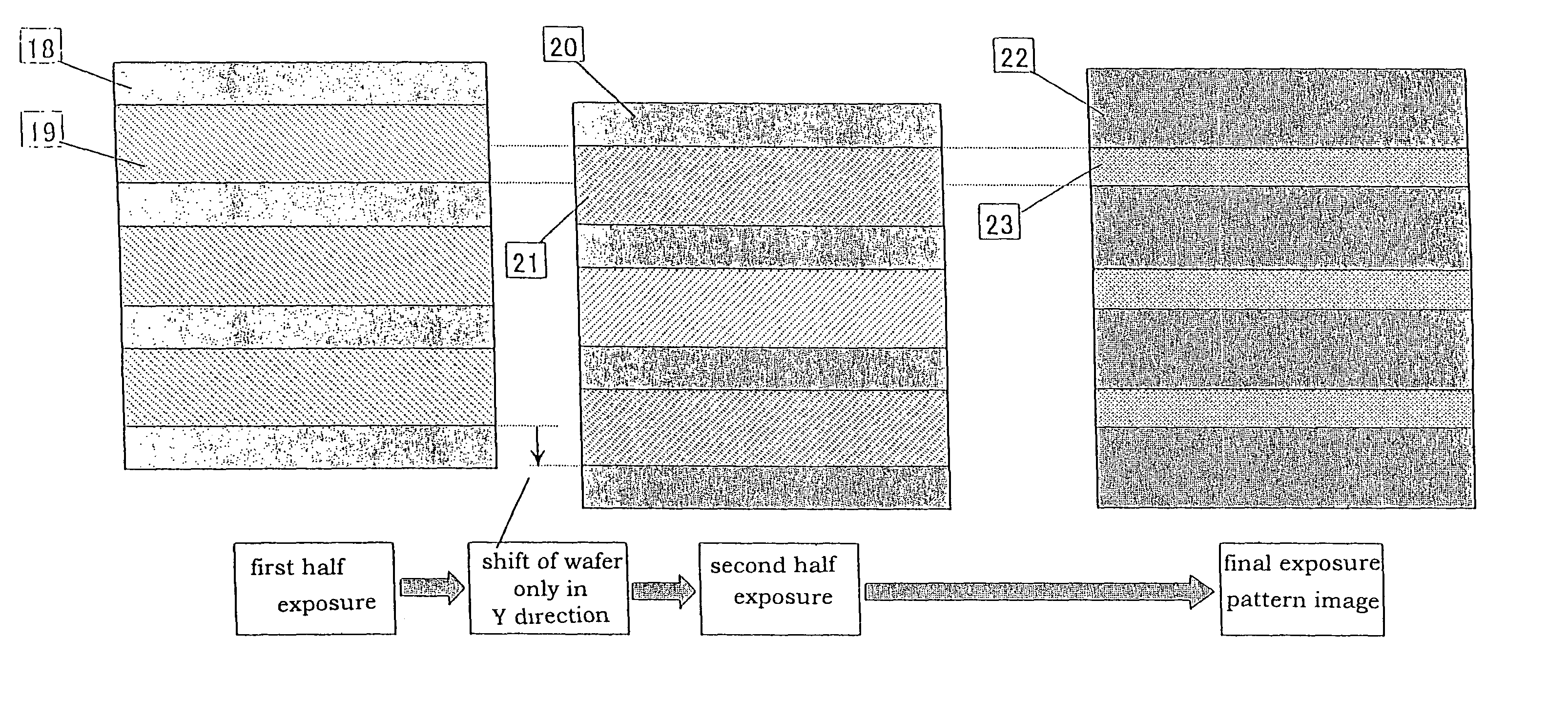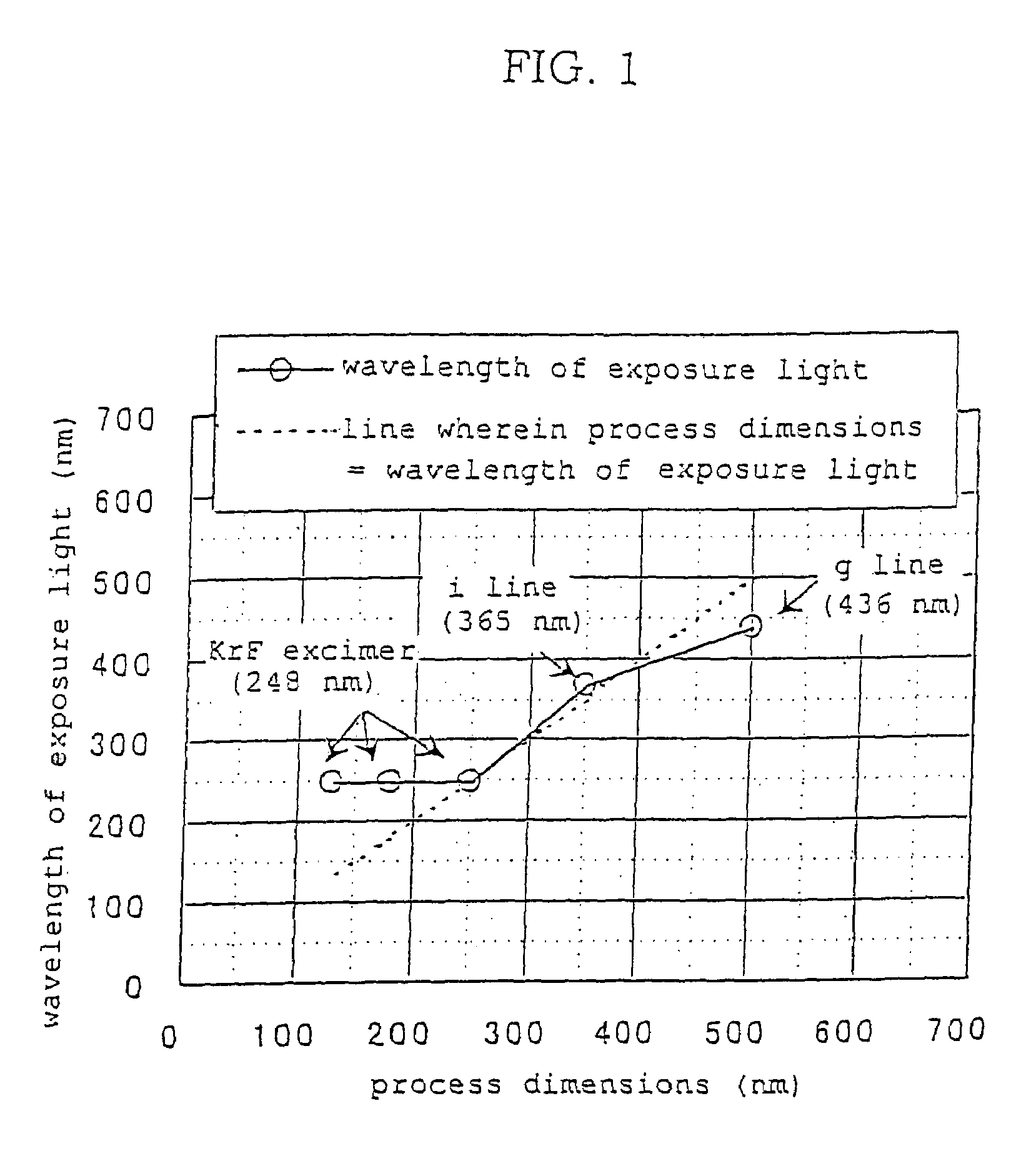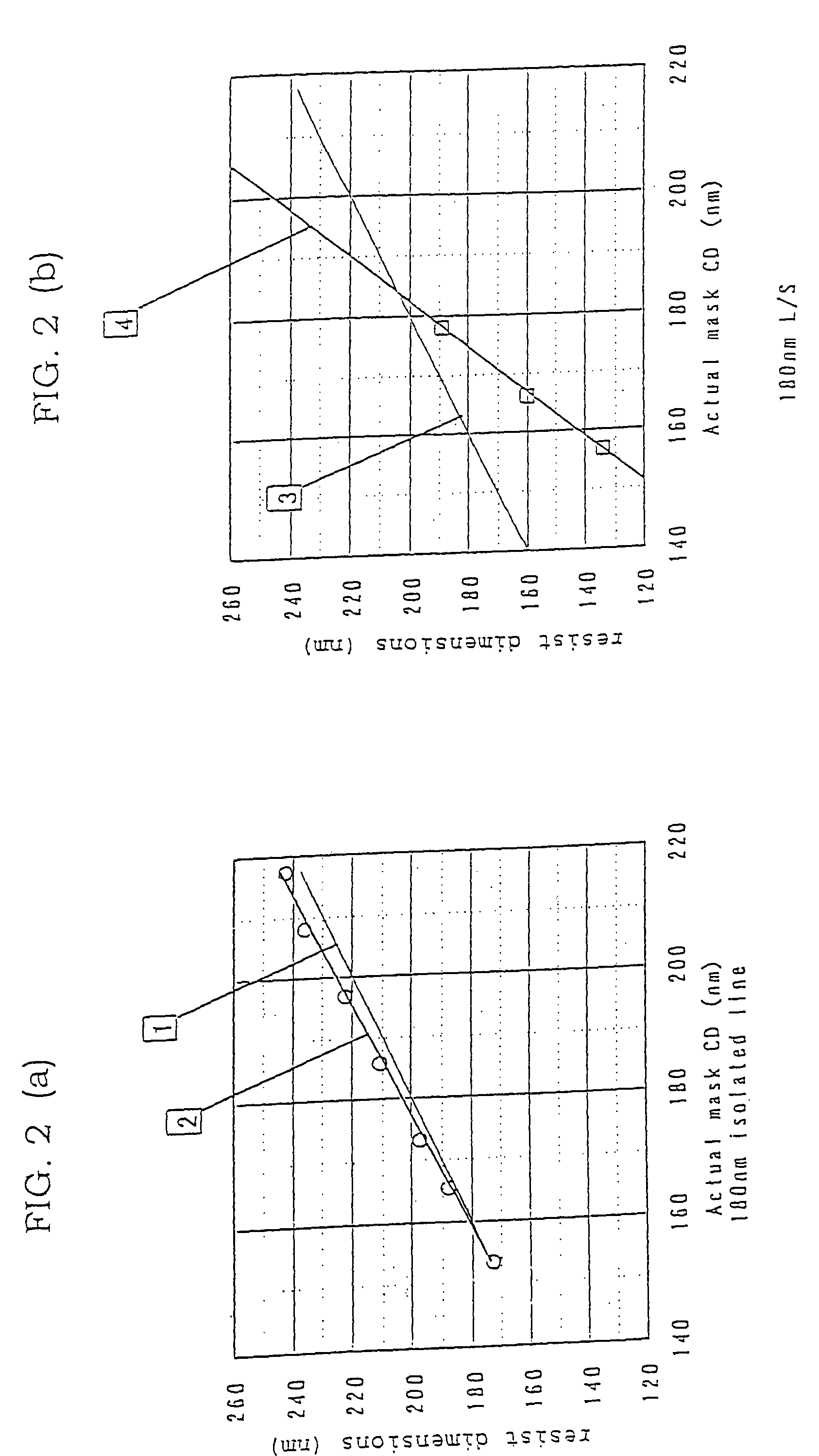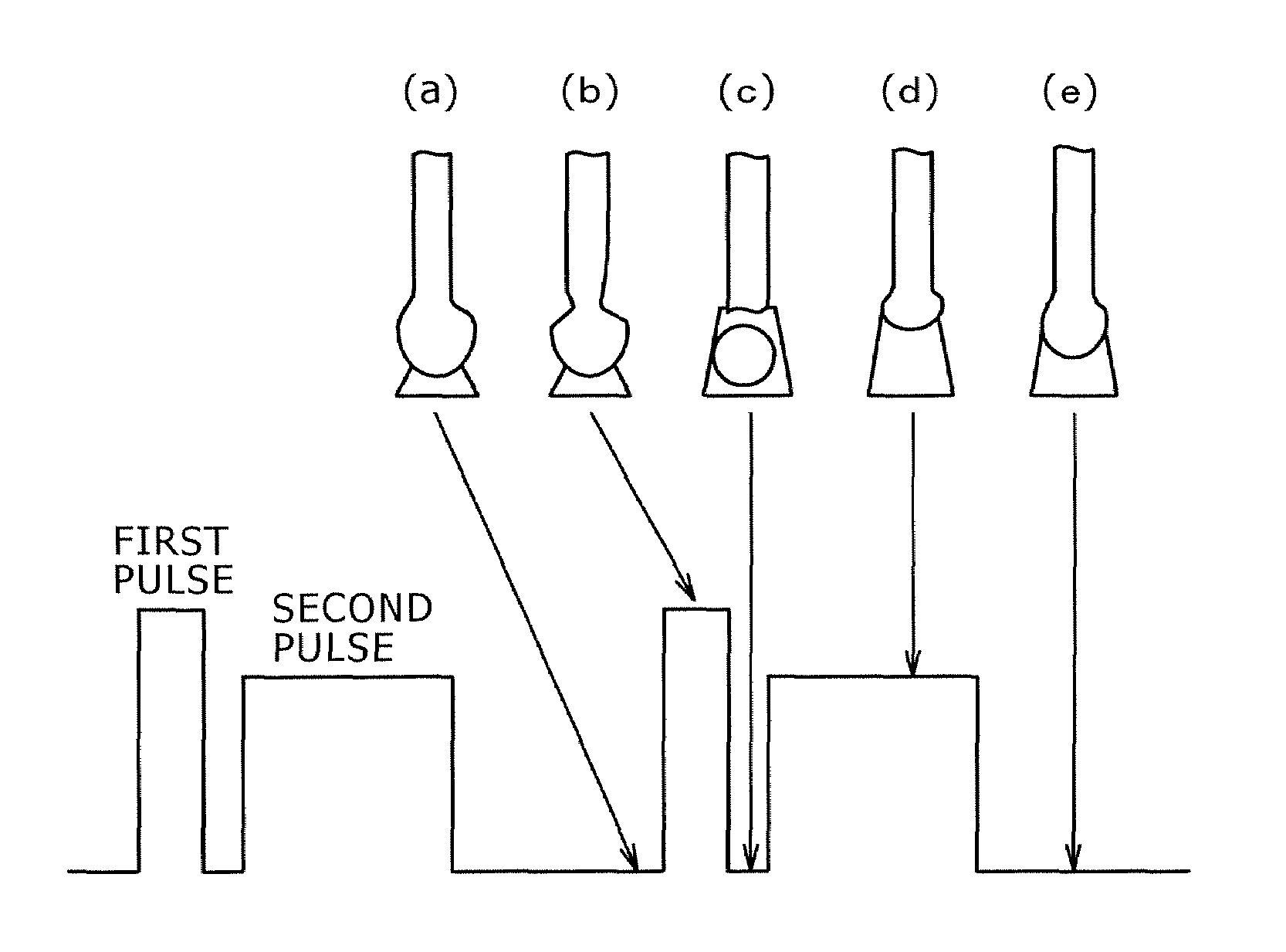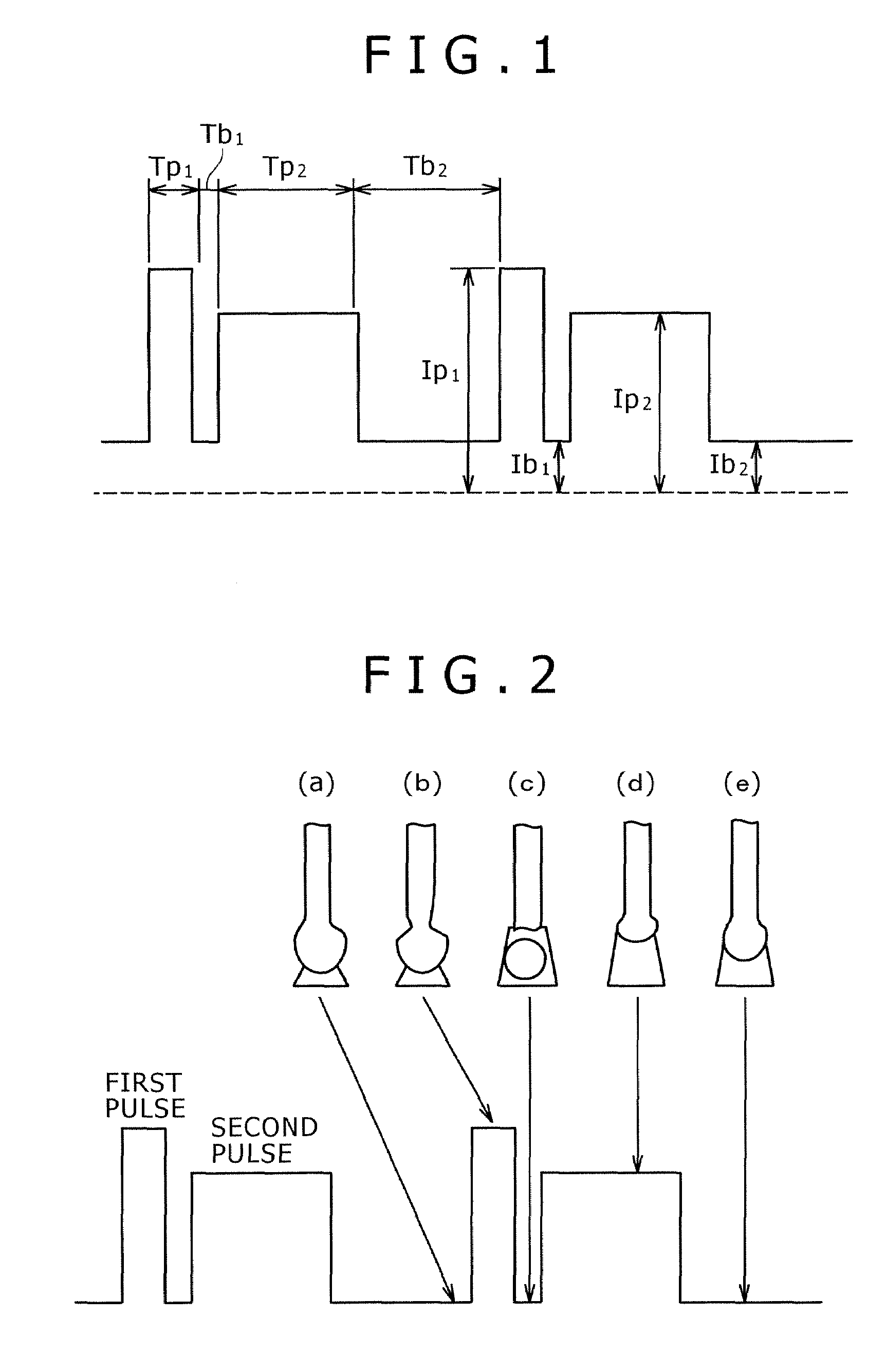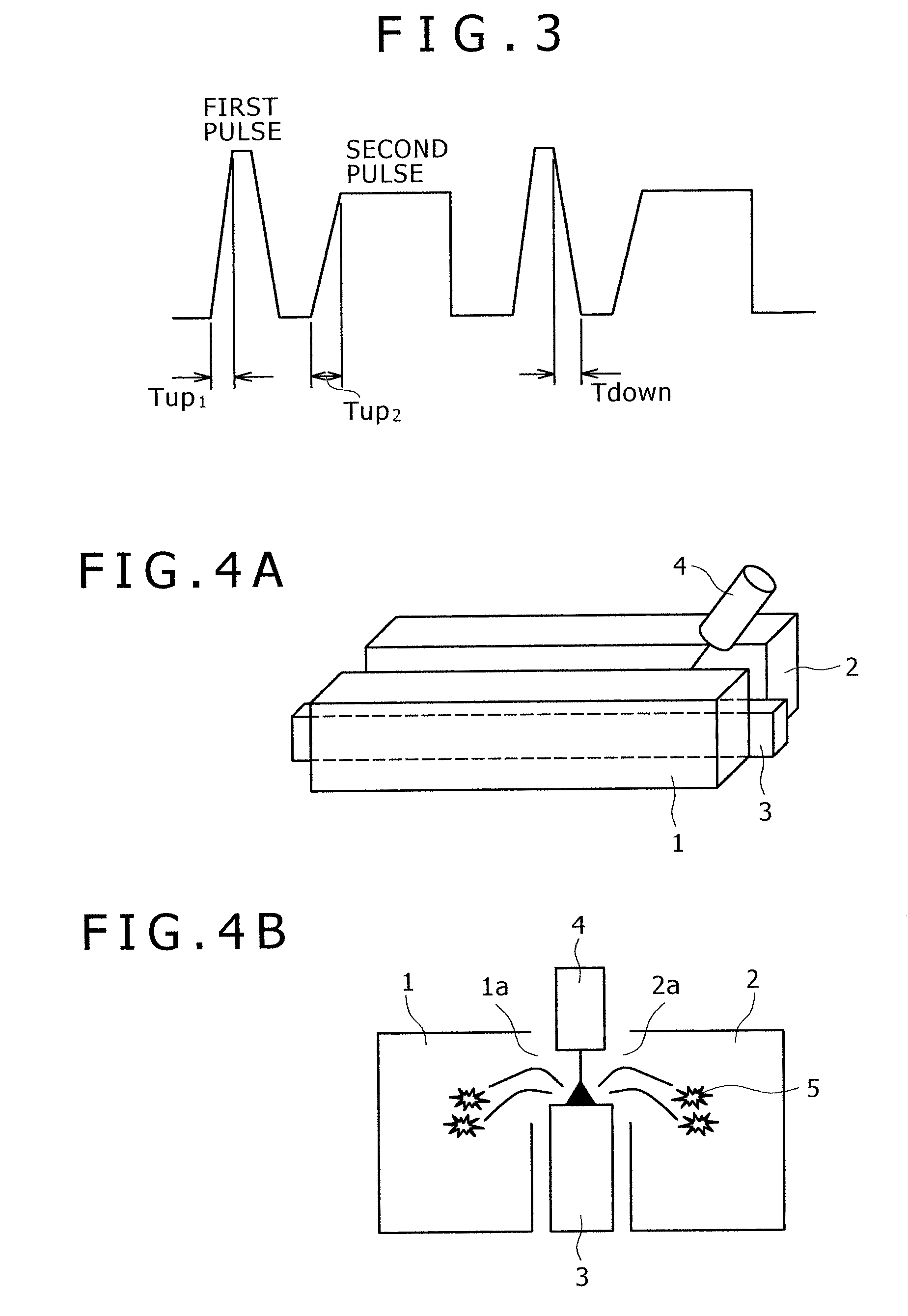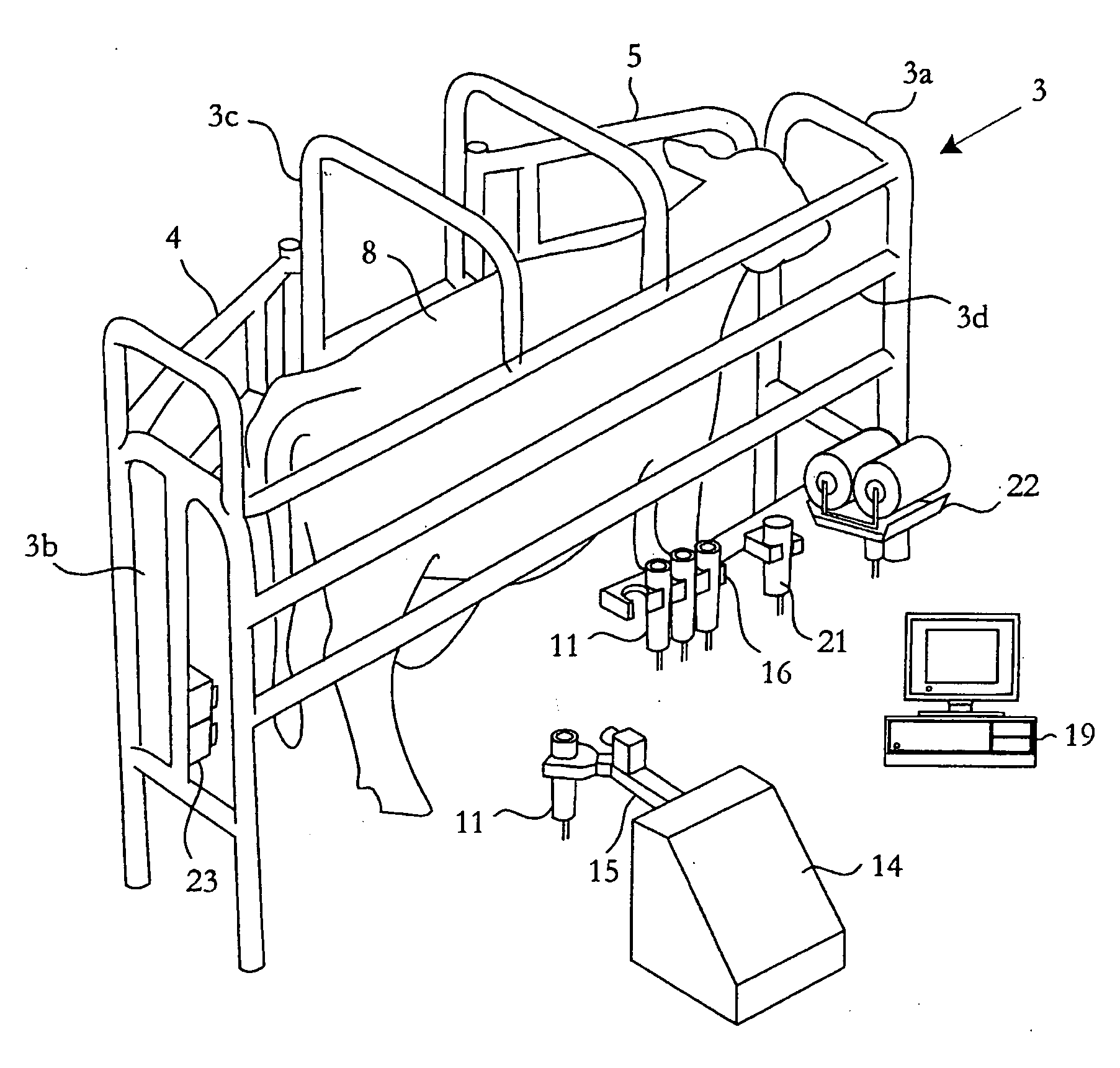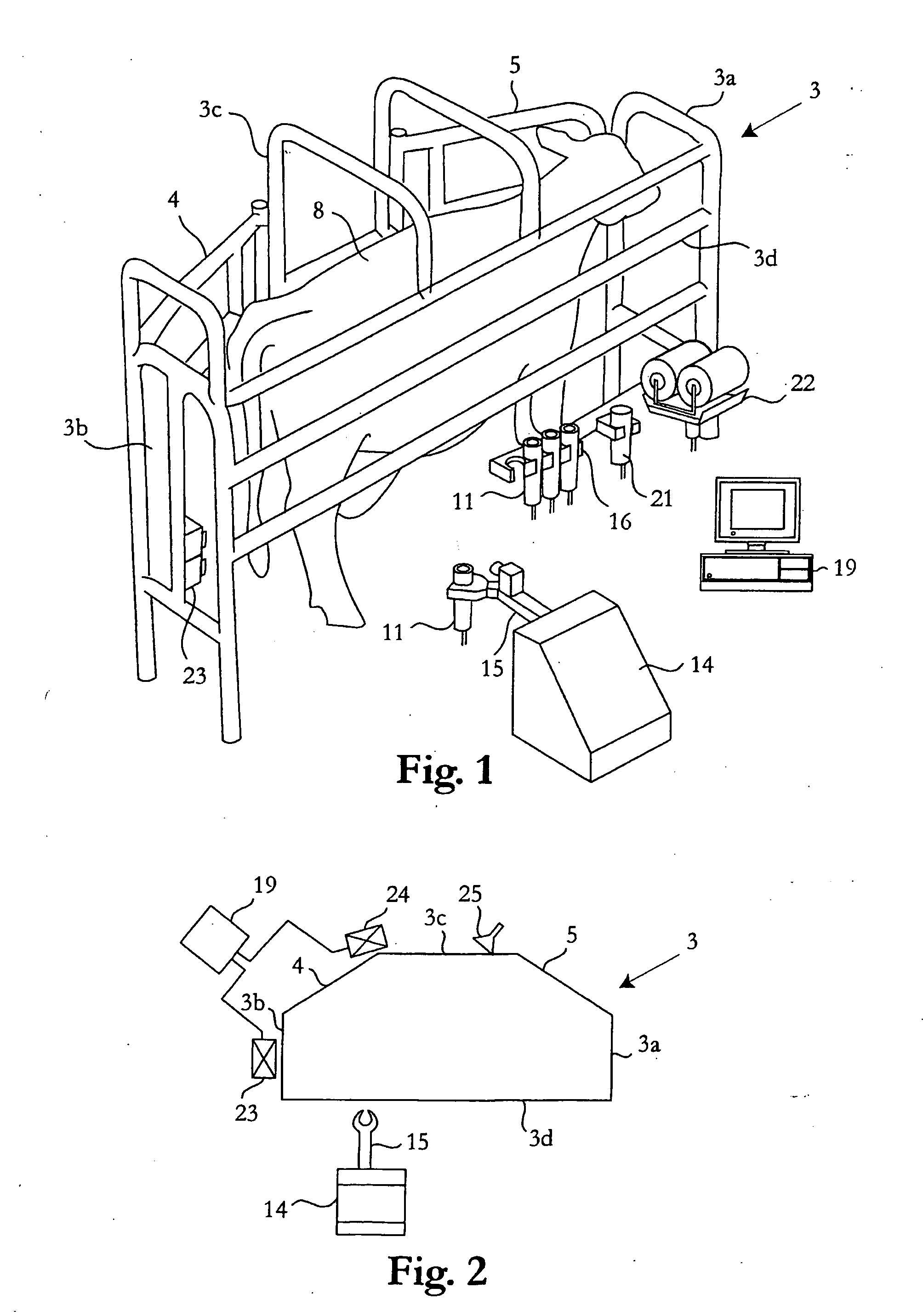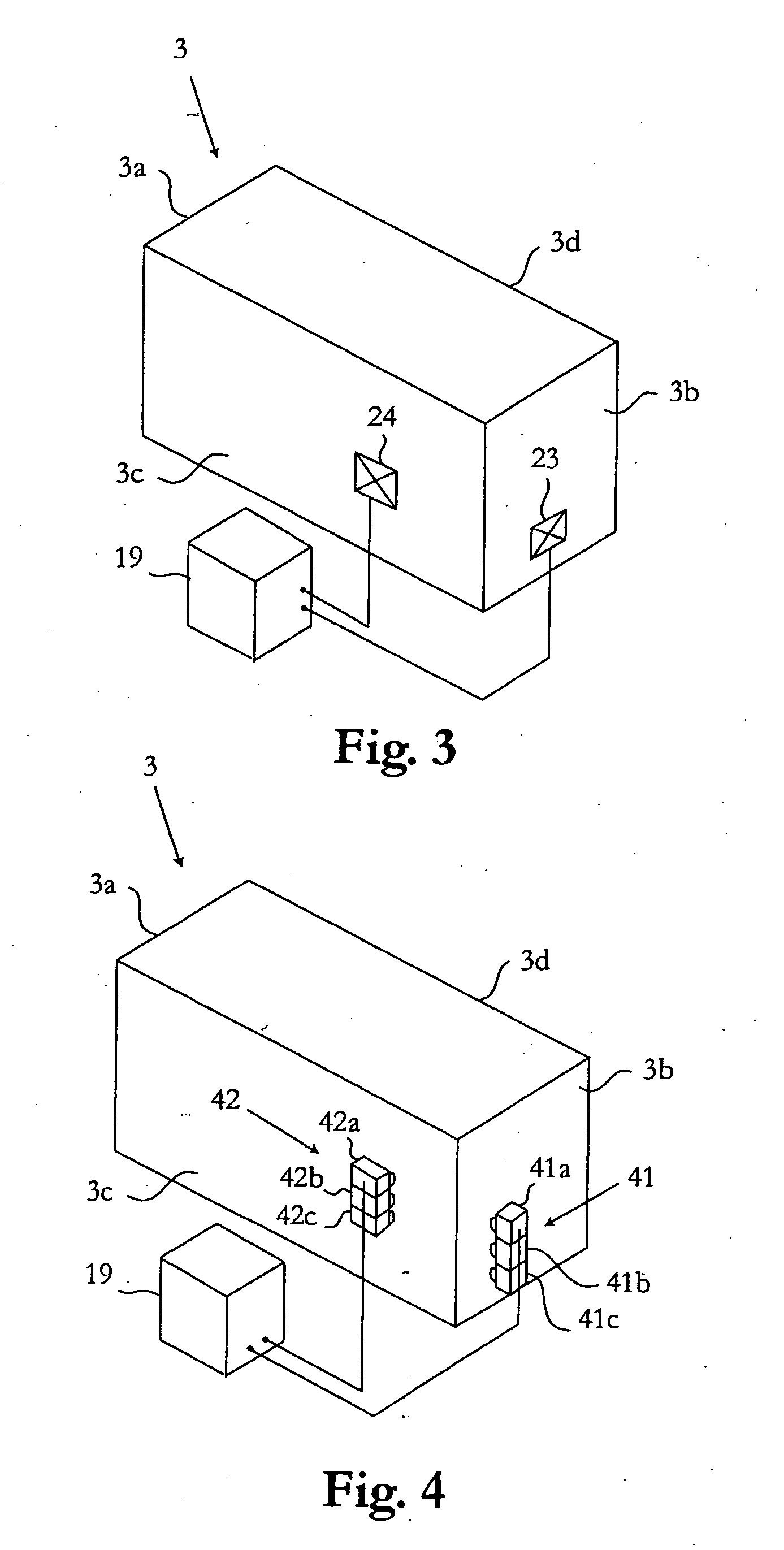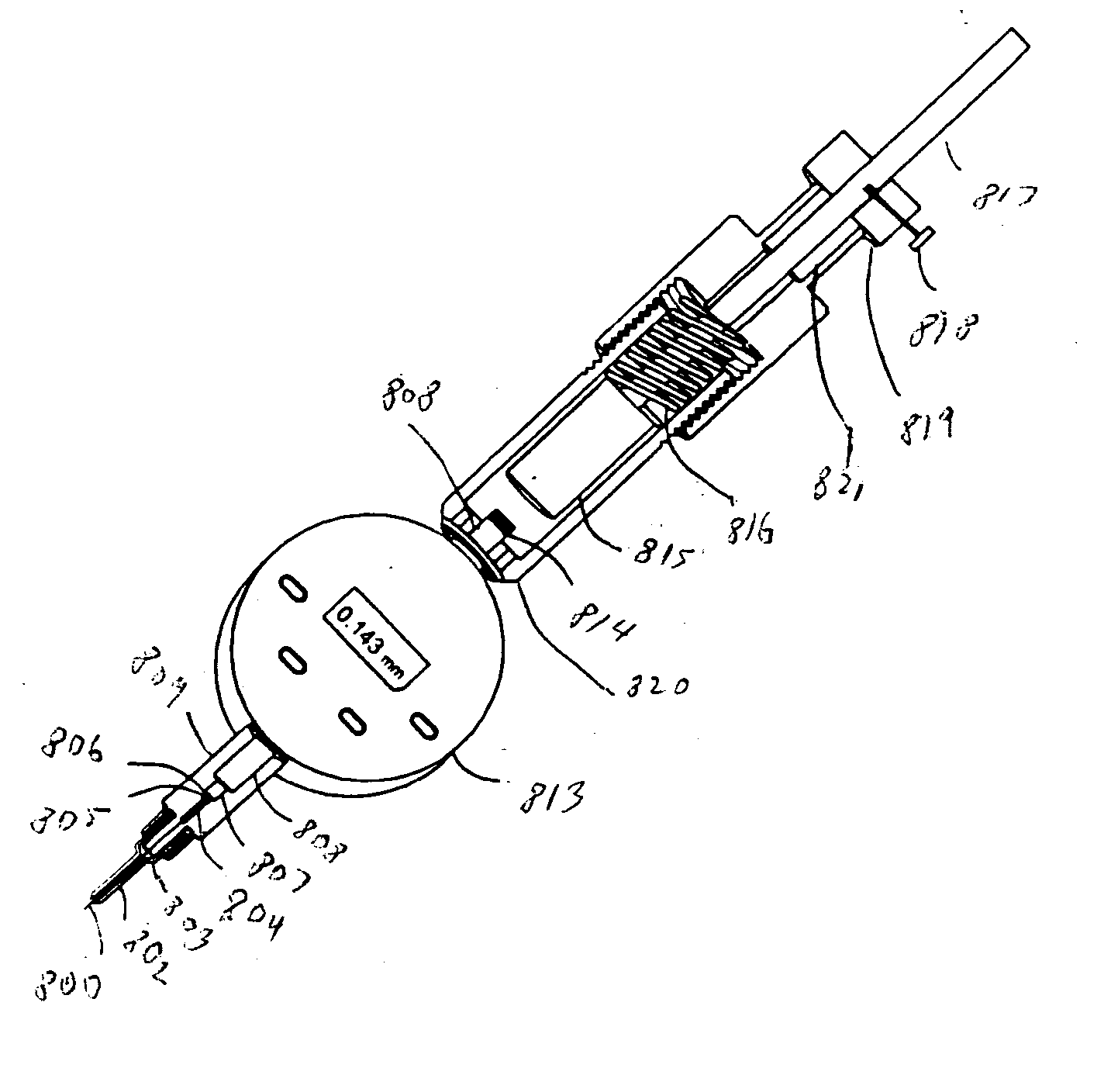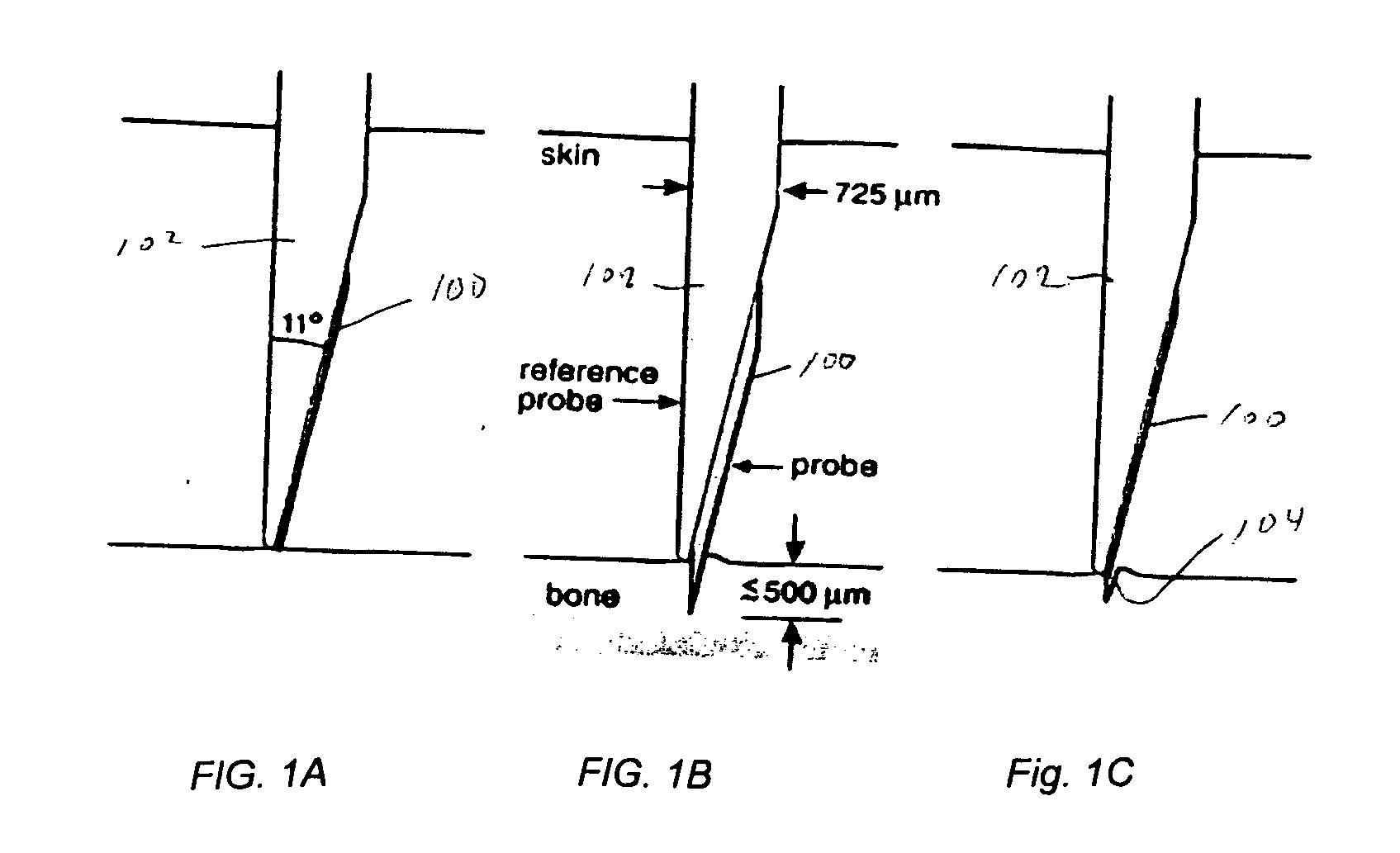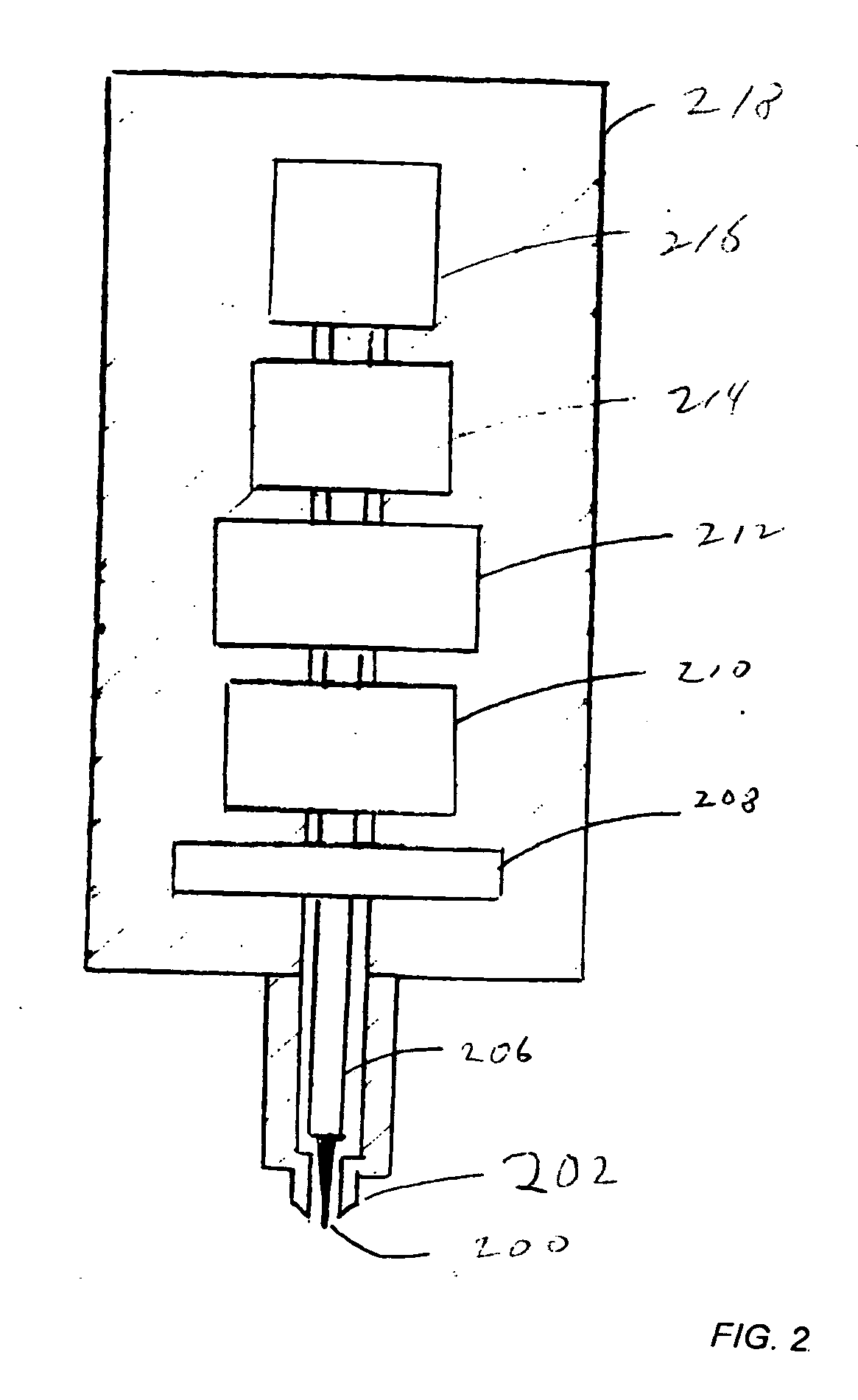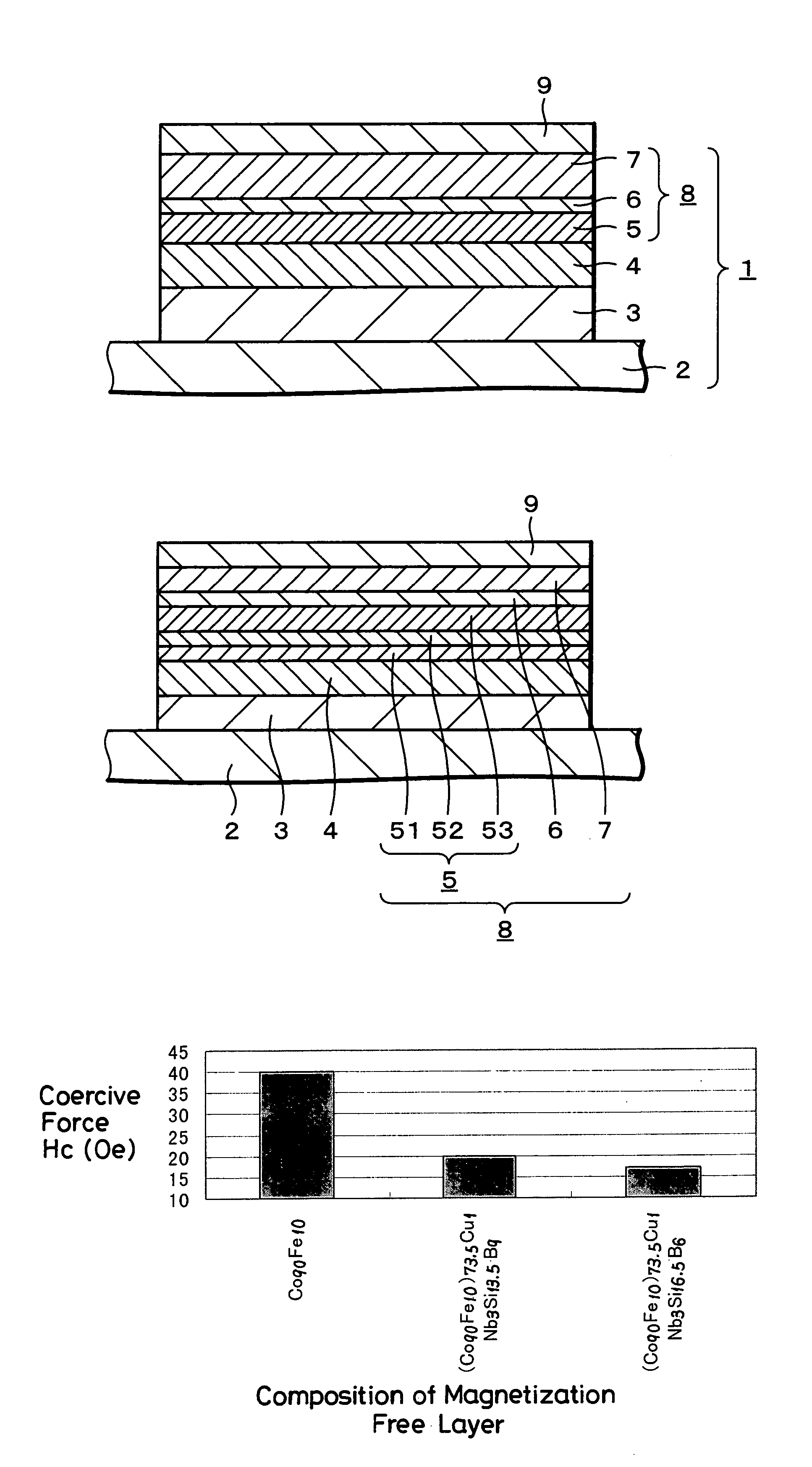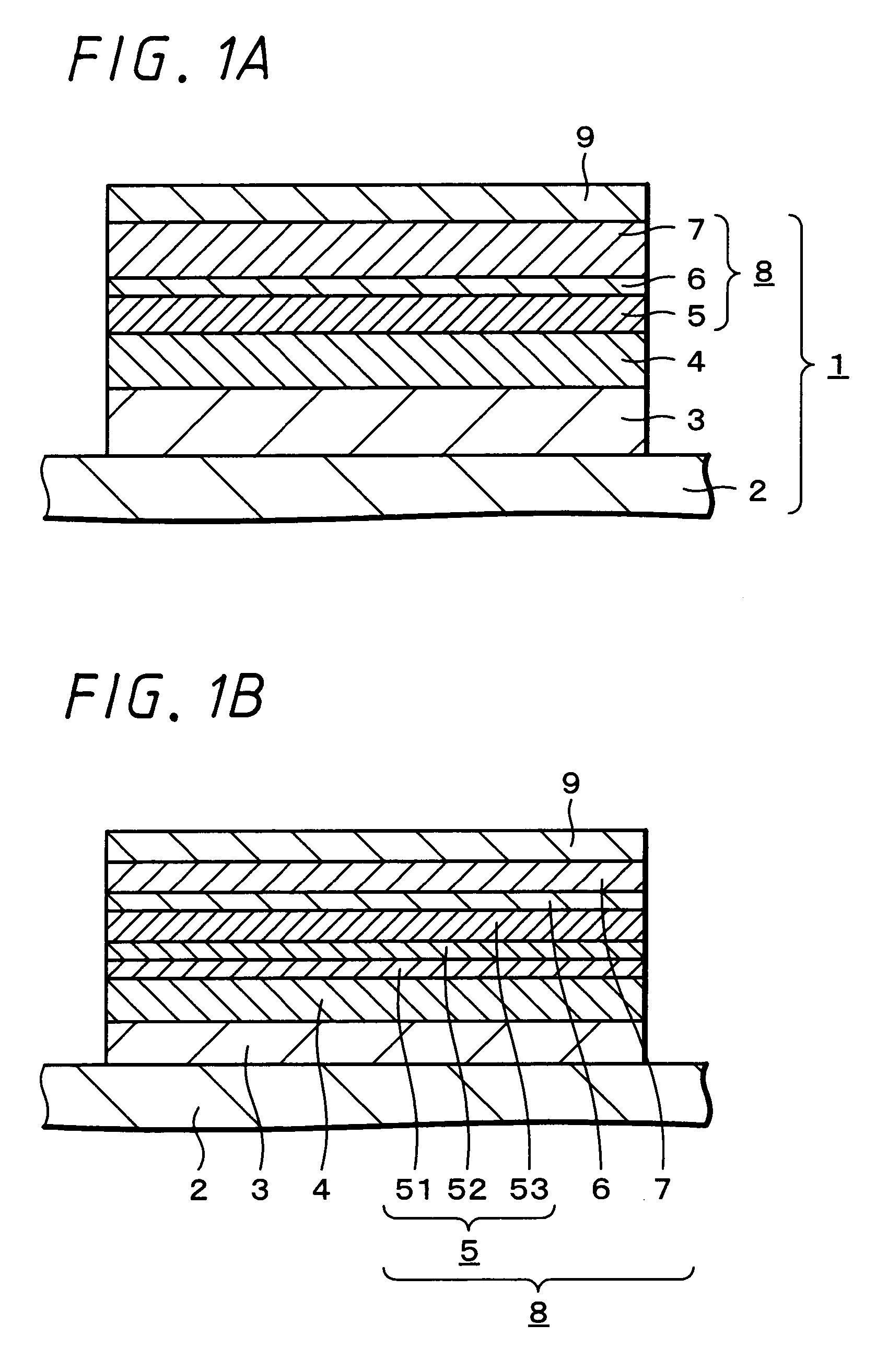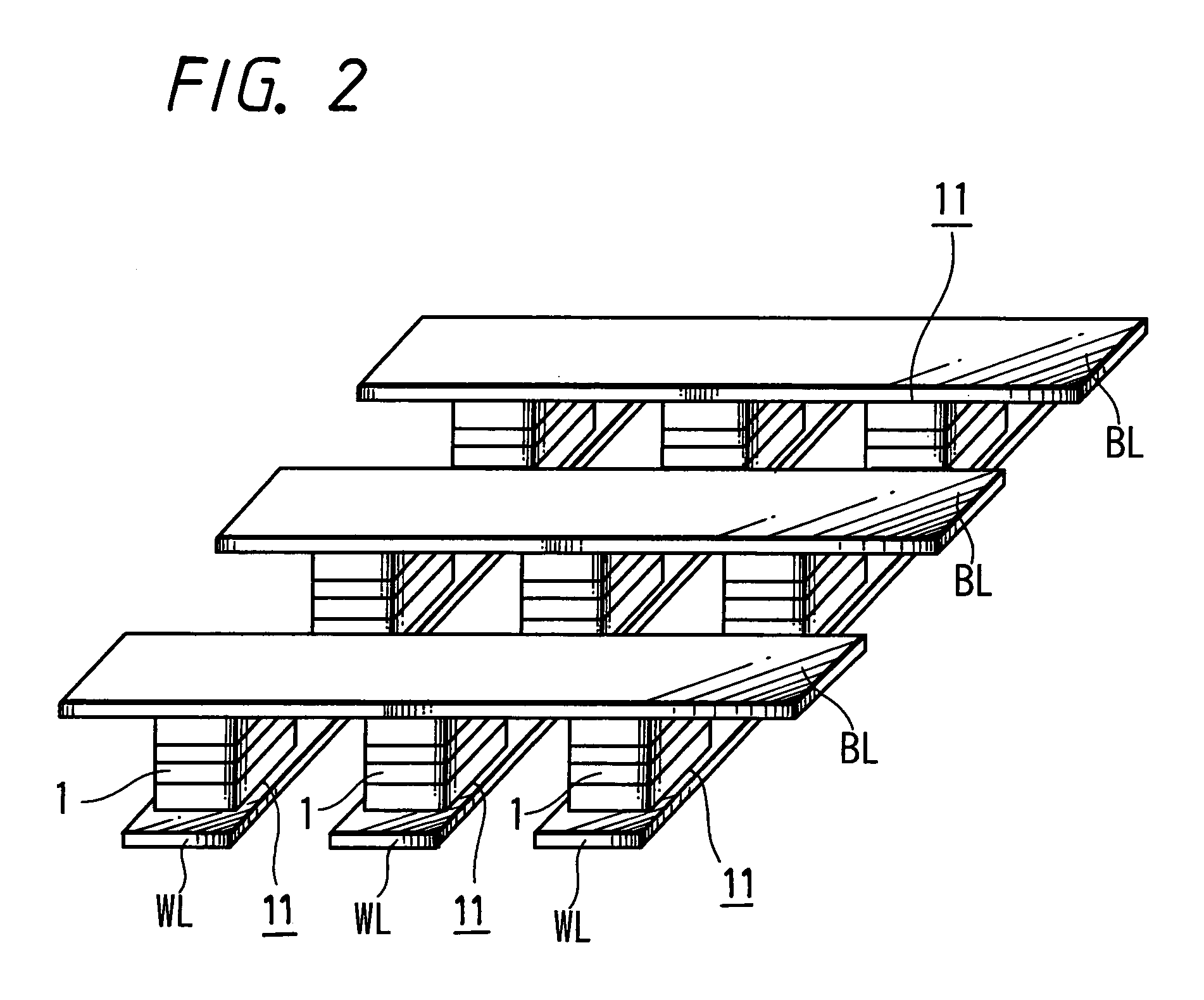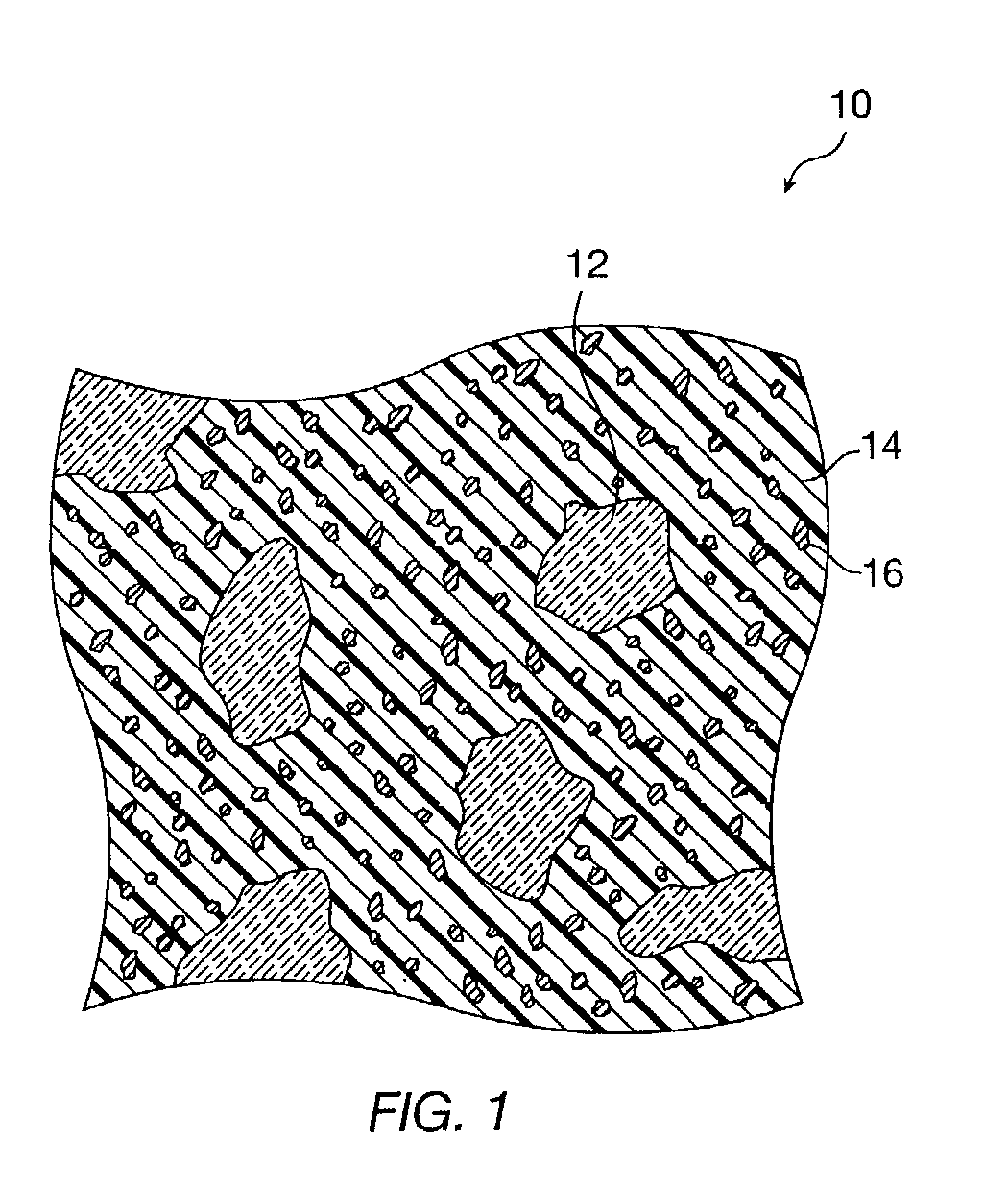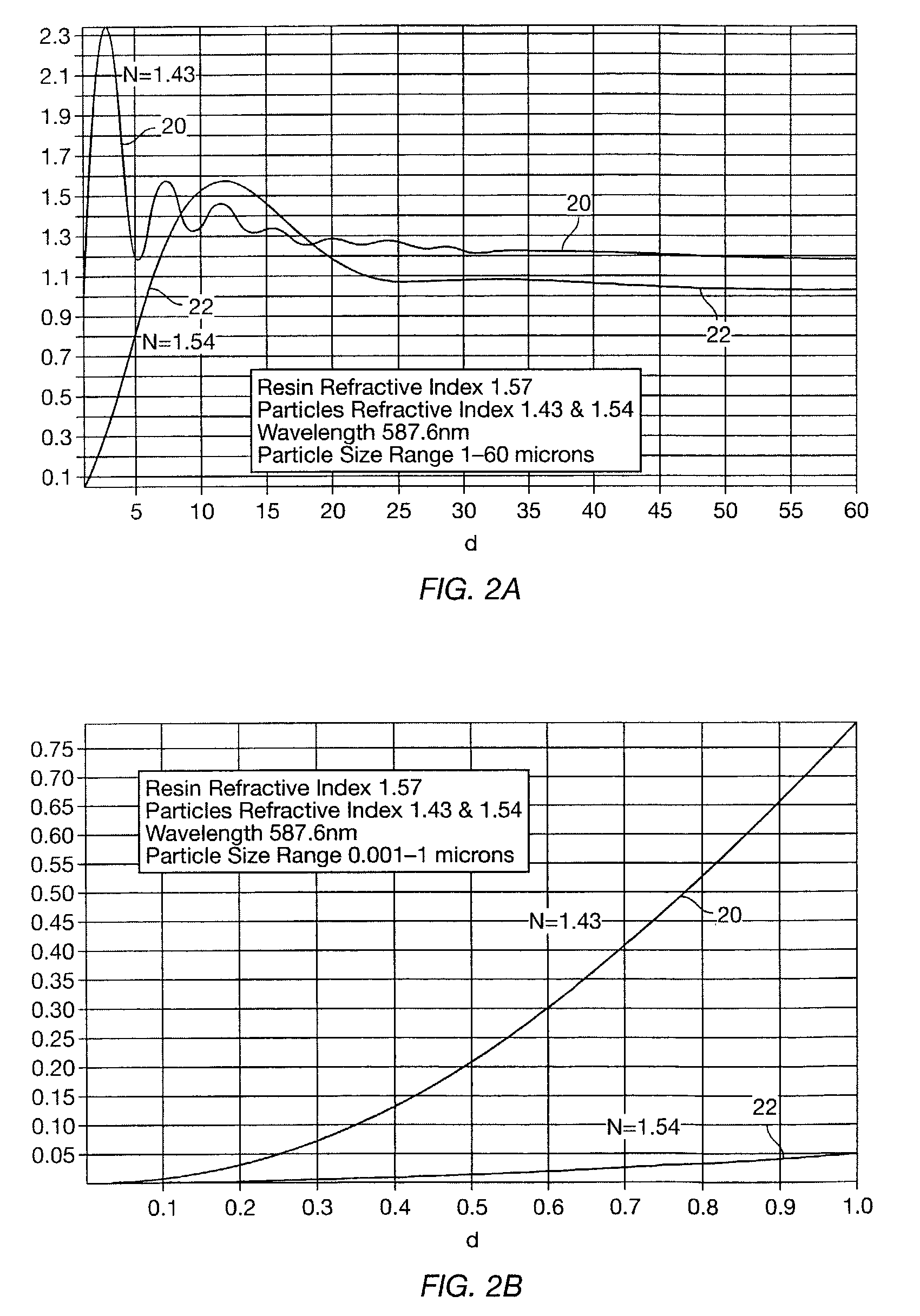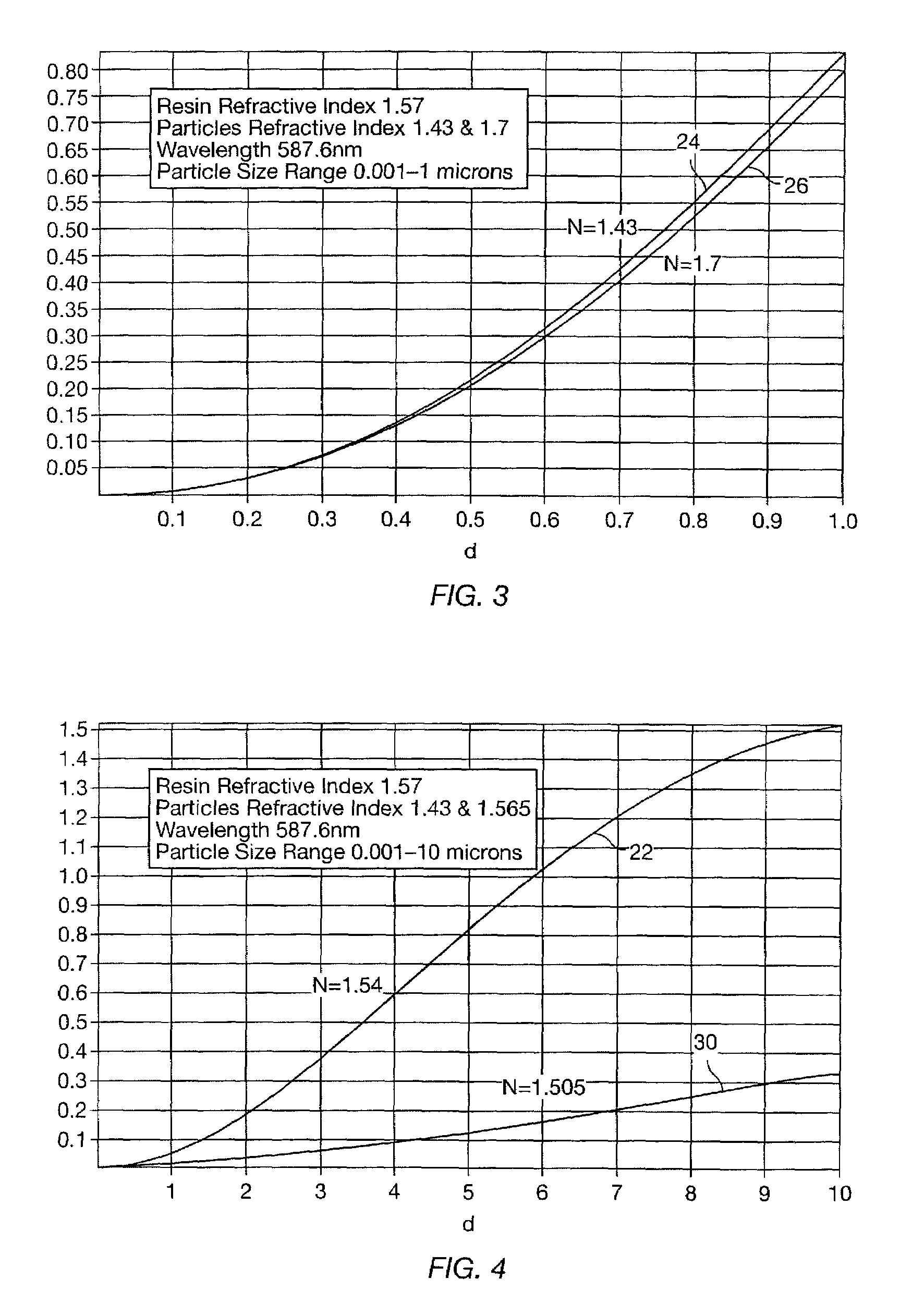Patents
Literature
1567results about How to "Reduce dispersion" patented technology
Efficacy Topic
Property
Owner
Technical Advancement
Application Domain
Technology Topic
Technology Field Word
Patent Country/Region
Patent Type
Patent Status
Application Year
Inventor
Optoelectronic element with a non-protruding lens
InactiveUS7067893B2Improve component performanceReduce reflectionSolid-state devicesDiagnostic recording/measuringCamera lensReduced size
An optoelectronic component has a lens that is formed in the surface of an encapsulant surrounding a semiconductor diode element. With respect to emitters, the lens reduces internal reflection and reduces dispersion to increase overall efficiency. With respect to detectors, the lens focuses photons on the active area of the detector, increasing detector sensitivity, which allows a detector having a reduced size and reduced cost for a given application. The lens portion of the encapsulant is generally nonprotruding from the surrounding portions of the encapsulant reducing contact surface pressure caused by the optoelectronic component. This non-protruding lens is particularly useful in pulse oximetry sensor applications. The lens is advantageously formed with a contoured-tip ejector pin incorporated into the encapsulant transfer mold, and the lens shape facilitates mold release.
Owner:JPMORGAN CHASE BANK NA
Spring retained end effector contact pad
ActiveUS8864202B1Reduce dispersionSecure attachmentGripping headsSemiconductor/solid-state device manufacturingContact padActuator
An end effector is disclosed for use in substrate processing. The end effector includes a effector body portion, a contact pad pocket formed in the end effector body, a spring retaining pocket formed in the end effector body adjacent the contact pad pocket and extending to an edge of the end effector body, and a pair of through-holes extending from the spring retaining pocket to the contact pad pocket. The end effector can include a contact pad seated within the contact pad pocket, the contact pad having at least one retaining channel formed therein, and a retaining spring having a pair of retaining arms extending from the retaining spring pocket through the through-holes and into the contact pad pocket. The retaining arms may extend at least partially into the at least one retaining channel of the contact pad and may thereby restrict movement of the contact pad.
Owner:VARIAN SEMICON EQUIP ASSOC INC
Method and apparatus for the selective targeting of lipid-rich tissues
InactiveUS7060061B2Desired treatmentSufficient durationSurgical instrument detailsSurgical pincettesHair removalLipid formation
A method and apparatus are provided for targeting lipid-rich tissue to effect a desired, the method / apparatus involving irradiating the lipid-rich tissue with energy at a wavelength preferentially absorbed by lipid cells, such wavelength being preferably in a band between 880 nm and 935 nm, 1150 nm and 1230 nm, 1690 nm to 1780 nm, or 2250 nm to 2450 nm with a fluence and duration sufficient to achieve a desired treatment. For preferred embodiments, the irradiation wavelength is between 900–930 nm, 1190–1220 nm, 1700–1730 nm, or 2280–2350 nm. The method and apparatus may for example be used to target one or more sebaceous glands for the treatment of acne or hair removal, to target subcutaneous fat for removal thereof or for targeting fat on anatomical elements for various purposes.
Owner:PALOMAR MEDICAL TECH
High spatial resolution X-ray computed tomography (CT) system
InactiveUS7099428B2Reduce dispersionMaterial analysis using wave/particle radiationRadiation/particle handlingComputed tomographyHigh spatial resolution
A high spatial resolution X-ray computed tomography (CT) system is provided. The system includes a support structure including a gantry mounted to rotate about a vertical axis of rotation. The system further includes a first assembly including an X-ray source mounted on the gantry to rotate therewith for generating a cone X-ray beam and a second assembly including a planar X-ray detector mounted on the gantry to rotate therewith. The detector is spaced from the source on the gantry for enabling a human or other animal body part to be interposed therebetween so as to be scanned by the X-ray beam to obtain a complete CT scan and generating output data representative thereof. The output data is a two-dimensional electronic representation of an area of the detector on which an X-ray beam impinges. A data processor processes the output data to obtain an image of the body part.
Owner:RGT UNIV OF MICHIGAN
Compact multi-band direction-finding antenna system
InactiveUS6480168B1Easy to transportEconomically manufacturedAntenna supports/mountingsAntenna adaptation in movable bodiesMulti bandNon symmetric
An compact and rugged antenna system particularly suited to direction finding includes a plurality of antenna arrays for receiving respective frequency bands and colocated on a mast with separation between antenna arrays along the mast. The mast includes a coil wound of an insulator and functioning as a loaded inductor to shift the mast resonance out of the frequency band of the antenna system. A VHF dipole array having elements shaped to reduce scattering to UHF and SHF arrays is supported on movable arms which allow retraction that reduces height and provides mechanical protection to one or more other arrays as well as damping against vibration by contacting the mast with shaped portions of the dipole elements. The bowtie elements of the UHF array are angled at a central region to optimize array diameter at low UHF frequencies. A finned RF electronics housing is preferably provided which reduces solar loading and dissipates heat from antenna electronics. Asymmetrically keyed fittings are provided to permit accurate antenna system, array and element positioning and replaceable components and wiring, both internally and externally of the housing, is held in position to allow field repairs without recalibration.
Owner:LOCKHEED MARTIN CORP
Stackable optoelectronics chip-to-chip interconnects and method of manufacturing
ActiveUS20050224946A1Minimize skewEasily stackable/mountableCircuit optical detailsSemiconductor/solid-state device detailsElectrical conductorEngineering
An optoelectronics chip-to-chip interconnects system is provided, including packaged chips to be connected on printed-circuit-board (PCB), multiple-packaged chip, optical-electrical(O-E) conversion means, waveguide-board, and PCB. Single to multiple chips interconnects can be possible using this technique. The packaged-chip includes semiconductor-die and its package based on the ball-grid array or chip-scale-package. The O-E board includes the optoelectronics components and multiple electrical contacts. The waveguide board includes electrical conductors transferring signal from O-E board to PCB and the flex optical waveguide easily stackable onto the PCB, to guide optical signal from one chip-to-other chip. The chip-to-chip interconnects system is pin-free and compatible with the PCB. The main advantages are that standard packaged-chip and conventional PCB technology can be used for low speed electrical signal connection. Also, the part of the heat from the packaged chip can be transmitted to PCB through conductors, so that complex cooling system can be avoided.
Owner:BANPIL PHOTONICS
Hexagonal ferrite magnetic particle and method of manufacturing the same, and magnetic recording medium
ActiveUS20110244272A1Improve coercive forceReduce particlesMaterial nanotechnologyMagnetic materials for record carriersHeat treatedMaterials science
An aspect of the present invention relates to a method of manufacturing a hexagonal ferrite magnetic particle comprising melting an Al-containing starting material mixture to prepare a melt and quenching the melt to obtain an amorphous material; subjecting the amorphous material to heat treatment to cause a hexagonal ferrite magnetic particle to precipitate in a product obtained by the heat treatment; collecting a hexagonal ferrite magnetic particle by subjecting the product to treatment with an acid and washing, wherein the hexagonal ferrite magnetic particle collected has a particle size ranging from 15 to 30 nm, comprises 0.6 to 8.0 weight percent of Al, based on Al2O3 conversion, relative to a total weight of the particle, and Al adheres to a surface of the hexagonal ferrite magnetic particle.
Owner:FUJIFILM CORP
Multiple input multiple output (MIMO) wireless communications system
ActiveUS7333455B1Minimize waterMinimize ground bounce nullPower managementModulated-carrier systemsPolarization diversityFrequency spectrum
A wireless broadband communications system that can transmit signals over communications links with multiple modes of diversity, thereby allowing signals having very low correlation to propagate over the link along multiple orthogonal paths. The system can be implemented as a non-line-of-sight (NLOS) system or a line-of-sight (LOS) system. The NLOS system employs orthogonal frequency division modulation (OFDM) waveforms to reduce multi-path interference and frequency selective fading, adaptive modulation to assure high data rates in the presence of channel variability, and spectrum management to achieve increased data throughput and link availability. The LOS system employs space-time coding and spatial and polarization diversity to minimize ground bounce nulls. The system achieves levels of link availability, data throughput, and system performance that have heretofore been unattainable in wireless broadband communications systems.
Owner:MOTOROLA SOLUTIONS INC
Magnetic recording medium
InactiveUS20130084470A1Good running durabilityGood dispersionMagnetic materials for record carriersRecord information storageInorganic particleNon magnetic
An aspect of the present invention relates to a magnetic recording medium comprising a magnetic layer containing a ferromagnetic powder and a binder on a nonmagnetic support, wherein the ferromagnetic powder has a hexagonal ferrite structure, the magnetic layer comprises a coefficient of friction-lowering component in the form of nonmagnetic inorganic particles, and a compound in which a substituent selected from the group consisting of a hydroxyl group and a carboxyl group is directly substituted on an aromatic ring.
Owner:FUJIFILM CORP
Optical fiber
ActiveUS7164835B2Lower refractive indexReduce dispersionOptical fibre with multilayer core/claddingOptical waveguide light guideRelative refractive indexMaterials science
An optical fiber includes: a core at a center; a first cladding layer; a second cladding layer; and a third cladding layer. A maximum refractive index of the core is greater than any of maximum refractive indices of the first cladding layer, the second cladding layer, and the third cladding layer, and the maximum refractive index of the second cladding layer is smaller than any of the maximum refractive indices of the first and the third cladding layer. Additionally, a ratio of a2 / a1 is not less than about 2.5 and not more than about 4.5, where a1 represents the radius of the core, and a2 represents the radius of an outer periphery of the first cladding layer, and a relative refractive index difference of the core with respect to a maximum refractive index of the third cladding layer is not less than 0.20% and not more than 0.70%.
Owner:FUJIKURA LTD
Optical fiber
ActiveUS20060039665A1Improve transmission performanceReduce nonlinear effectsOptical fibre with multilayer core/claddingOptical waveguide light guideOptoelectronicsRelative refractive index
An optical fiber includes: a core at a center; a first cladding layer; a second cladding layer; and a third cladding layer. A maximum refractive index of the core is greater than any of maximum refractive indices of the first cladding layer, the second cladding layer, and the third cladding layer, and the maximum refractive index of the second cladding layer is smaller than any of the maximum refractive indices of the first and the third cladding layer. Additionally, a ratio of a2 / a1 is not less than about 2.5 and not more than about 4.5, where a1 represents the radius of the core, and a2 represents the radius of an outer periphery of the first cladding layer, and a relative refractive index difference of the core with respect to a maximum refractive index of the third cladding layer is not less than 0.20% and not more than 0.70%.
Owner:THE FUJIKURA CABLE WORKS LTD
Equalisation apparatus and methods
InactiveUS7333540B2Reduce ISIIncrease the lengthMultiple-port networksResonant long antennasCovarianceComputer science
The invention relates to apparatus, methods and computer program code for equalisation. A soft-in-soft-out (SISO) equaliser for use in a receiver for receiving data from a transmitter configured to transmit data from a plurality of transmit antennas simultaneously is described. The equaliser comprises at least one received signal input for inputting a received signal; a plurality of likelihood value inputs, one for each transmit antenna, for inputting a plurality of decoded signal likelihood values from a SISO decoder; a processor configured to determine from said plurality of signal likelihood values an estimated mean and covariance value for a signal from each of said transmit antennas; an expected signal determiner coupled to said processor to determine an expected received signal value using said mean values; a subtractor coupled to said received signal input to subtract said expected received signal value from said received signal to provide a compensated signal; a filter coupled to said subtractor to filter said compensated signal to provide a plurality of estimated transmitted signal values, one for each said transmit antenna; a filter coefficient determiner coupled to said processor to determine coefficients of said filter using said covariance values; and an output stage coupled to said filter to output a plurality of transmitted signal likelihood values, one for each said transmit antenna, for input to said SISO decoder.
Owner:KK TOSHIBA
Colloidal silica composition
ActiveUS20040077768A1Reduce dispersionImprove suppression propertiesMaterial nanotechnologyPigmenting treatmentSilane compoundsColloidal silica
The invention relates to a method of producing a stable substantially aqueous silanized colloidal silica dispersion having a silica content of at least about 20 wt %, comprising mixing at least one silane compound and colloidal silica particles, wherein the weight ratio of silane to silica is from about 0.003 to about 0.2. The invention also relates to a dispersion obtainable by the method, and to a stable substantially aqueous silanized colloidal silica dispersion having a silica content of at least about 20 wt %, wherein the weight ratio of silane to silica is from about 0.003 to about 0.2. The invention further concerns the use of the dispersion for coatings applications and as an additive.
Owner:AKZO NOBEL CHEM INT BV
Optical detection system
InactiveUS6759662B1Reduce dispersionReduce light scatterPhotometryMaterial analysis by electric/magnetic meansPhotodetectorOpto electronic
An optical detection system comprising an electromagnetic radiation source, a source radiation focusing and collimating means, a photodetector, an emitted radiation focusing means and a source radiation blocking panel. The radiation source is used to direct source radiation onto a sample which is disposed in a sample platform. The source radiation focusing and collimating means is disposed between the radiation source and the sample for focusing and collimating the source radiation onto the sample. The photodetector is adapted for receiving radiation emitted from the sample which has been focused by the emitted radiation focusing means. The source radiation blocking panel, disposed between the source radiation focusing and collimating means and the sample, is unique in that it is capable of reducing light scattering and interference, such that a clear signal from each individual sample can be obtained by the photodetector.
Owner:CE RESOURCES
Non-volatile semiconductor memory device using differential start programming voltage and programming method thereof
ActiveUS7064986B2Reduce dispersionReduce in quantityRead-only memoriesDigital storageOperation modeComputer science
Owner:SAMSUNG ELECTRONICS CO LTD
Method of manufacturing a semiconductor device having a crystallized semiconductor film
InactiveUS6830994B2High densityChemical potential of the semiconductor film is increasedTransistorSolid-state devicesAtmospheric airNitrogen
The number of grains in active regions of devices can be made uniform by making the grains of crystalline semiconductor films, obtained by thermal crystallization using a metal element, smaller. The present invention is characterized in that a semiconductor film is exposed within an atmosphere in which a gas, having as its main constituent one or a plurality of members from the group consisting of inert gas elements, nitrogen, and ammonia, is processed into a plasma, and then thermal crystallization using a metal element is performed. The concentration of crystal nuclei1 generated is thus increased, making the grain size smaller, by performing these processes. Heat treatment may also be performed, of course, after exposing the semiconductor film, to which the metal element is added, to an atmosphere in which a gas, having as its main constituent one or a plurality of members from the group consisting of inert gas elements, nitrogen, and ammonia, is processed into a plasma.
Owner:SEMICON ENERGY LAB CO LTD
Light emitting device having TFT
InactiveUS7723721B2Channel conductance gd smallerConstant brightnessTransistorElectroluminescent light sourcesEngineeringGate voltage
The present invention provides a TFT that has a channel length particularly longer than that of an existing one, specifically, several tens to several hundreds times longer than that of the existing one, and thereby allowing turning to an on-state at a gate voltage particularly higher than the existing one and driving, and allowing having a low channel conductance gd. According to the present invention, not only the simple dispersion of on-current but also the normalized dispersion thereof can be reduced, and other than the reduction of the dispersion between the individual TFTs, the dispersion of the OLEDs themselves and the dispersion due to the deterioration of the OLED can be reduced.
Owner:SEMICON ENERGY LAB CO LTD
Solid electrolyte structure for all-solid-state battery, all-solid-state battery, and their production methods
InactiveUS20090226816A1Excellent charge and discharge characteristicsReduce contact resistanceFinal product manufactureSolid electrolyte cellsAll solid statePorous layer
A solid electrolyte structure (1) for all-solid-state batteries includes a plate-like dense body (2) formed of a ceramic that includes a solid electrolyte, and a porous layer (3) formed of a ceramic that includes a solid electrolyte that is the same as or different from the solid electrolyte of the dense body (2), the porous layer (3) being integrally formed on at least one surface of the dense body (2) by firing. The solid electrolyte structure can reduce the contact resistance at the interface between the solid electrolyte and an electrode.
Owner:NGK INSULATORS LTD +1
Method of manufacturing a semiconductor device
InactiveUS20020155706A1High densityChemical potential of the semiconductor film is increasedTransistorSolid-state devicesAtmospheric airNitrogen
The number of grains in active regions of devices can be made uniform by making the grains of crystalline semiconductor films, obtained by thermal crystallization using a metal element, smaller. The present invention is characterized in that a semiconductor film is exposed within an atmosphere in which a gas, having as its main constituent one or a plurality of members from the group consisting of inert gas elements, nitrogen, and ammonia, is processed into a plasma, and then thermal crystallization using a metal element is performed. The concentration of crystal nuclei1 generated is thus increased, making the grain size smaller, by performing these processes. Heat treatment may also be performed, of course, after exposing the semiconductor film, to which the metal element is added, to an atmosphere in which a gas, having as its main constituent one or a plurality of members from the group consisting of inert gas elements, nitrogen, and ammonia, is processed into a plasma.
Owner:SEMICON ENERGY LAB CO LTD
Display device
InactiveUS20070080918A1Reduce dispersionUniform representation free of unevennessTransistorStatic indicating devicesDriving currentDisplay device
A self-luminescence display device, in which dispersion in display among a plurality of pixels, caused by dispersion in characteristics among drive thin-film transistors, is decreased and uniform display free of unevenness can be obtained. The device includes a plurality of pixels having current drive type luminescent elements, and parallel-connected n (n≧2) thin-film transistors to feed a drive current to the respective current drive type luminescent elements. The transistors are arranged in different pixels, respectively, for example, in a first region of pixels adjacent to one another along a first direction. A second region of dummy pixels can be provided on at least one side of said first region along said first direction.
Owner:SAMSUNG DISPLAY CO LTD +1
Device for biopsy of tumors
InactiveUS7311672B2Avoid destructionReduce dispersionSurgical needlesVaccination/ovulation diagnosticsAbnormal tissue growthCombined use
A device and method of use for securing and coring of tumors within the body during a biopsy of the tumor, specifically breast tumors. An adhesion probe for securing the tumor is described. The probe secures the tumor by piercing the tumor and providing a coolant to the distal tip to cool the tip. The cooled tip adheres to the tumor. A coring instrument adapted for cutting a core sample of the tumor is described. The instrument is provided with a cannula that can cut a core sample of the tumor. The instrument is adapted for use with the probe with the probe fitting within the cannula. The instrument can be used in conjunction with the probe to secure and core a sample of the tumor for biopsy.
Owner:SCION MEDICAL
System and methods for driving an electro-optical device
InactiveUS6885029B2Good-display-quality display unitReduce dispersionTransistorElectroluminescent light sourcesCouplingEngineering
The invention provides an electronic circuit, a driving method for an electronic circuit, an electro-optical device, a driving method for an electro-optical device, and an electronic apparatus which can reduce the dispersion of the threshold voltages of transistors. A driving transistor, first and second switching transistors, an adjustment transistor, a coupling capacitor, and a holding capacitor form a pixel circuit. The threshold voltage of the adjustment transistor is applied to the gate of the driving transistor. According to the present invention, the luminance gradation of a display element, such as an organic EL element, can be precisely controlled according to a data voltage.
Owner:INTELLECTUAL KEYSTONE TECH LLC
Particle-optical device and detection means
InactiveUS6972412B2High resolutionEasy to detectThermometer detailsStability-of-path spectrometersOptical axisLight beam
A particle-optical apparatus comprising a sample holder for receiving a sample, a particle source embodied to produce a primary beam of first electrically charged particles along an optical axis for the purpose of irradiating the sample, first detector embodied to detect second electrically charged particles that emanate from the sample as a result of the irradiation thereof, a detection space that at the least is formed by the sample holder and the first detector, and an immersion lens embodied to produce a magnetic field for the purpose of focusing the primary beam in the vicinity of the sample holder. The first detector are embodied to produce an electric field in the detection space, and the detection space is embodied to comprise a gas.
Owner:FEI CO
Stackable optoelectronics chip-to-chip interconnects and method of manufacturing
ActiveUS7271461B2Easily stackable/mountableImprove toleranceCircuit optical detailsFinal product manufactureLow speedElectrical conductor
An optoelectronics chip-to-chip interconnects system is provided, including packaged chips to be connected on printed-circuit-board (PCB), multiple-packaged chip, optical-electrical(O-E) conversion means, waveguide-board, and PCB. Single to multiple chips interconnects can be possible using this technique. The packaged-chip includes semiconductor-die and its package based on the ball-grid array or chip-scale-package. The O-E board includes the optoelectronics components and multiple electrical contacts. The waveguide board includes electrical conductors transferring signal from O-E board to PCB and the flex optical waveguide easily stackable onto the PCB, to guide optical signal from one chip-to-other chip. The chip-to-chip interconnects system is pin-free and compatible with the PCB. The main advantages are that standard packaged-chip and conventional PCB technology can be used for low speed electrical signal connection. Also, the part of the heat from the packaged chip can be transmitted to PCB through conductors, so that complex cooling system can be avoided.
Owner:BANPIL PHOTONICS
Mask pattern and method for forming resist pattern using mask pattern thereof
InactiveUS7032209B2Reduce dispersionReduce the valueSemiconductor/solid-state device manufacturingPhotomechanical exposure apparatusResistSingle exposure
A mask pattern for multiple exposure for forming a resist pattern with an unvarying pattern pitch on a semiconductor wafer, which is utilized as in case where a mask pattern under a design having the width of an aperture pattern smaller than the width of a light-shielding pattern is used at one exposure, wherein the mask pattern for multiple exposure has a pattern pitch that is the same as that of the mask pattern under design and has the width of an aperture pattern greater than the width of a light-shielding pattern.
Owner:SHARP KK
Pulsed arc welding method
ActiveUS20070210048A1Good saveImprove stabilityArc welding apparatusShielding gasCarbon Dioxide / Helium
Disclosed is a pulsed arc welding method using a pulse current of alternately repeating first and second pulses as a weld current, wherein the first pulse and the second pulse have a pulse waveform of a different pulse peak current level and a different pulse width, respectively, and the following conditions are satisfied: peak current of the first pulse (Ip1)=300 to 700A; peak period (Tp1)=0.3 to 5.0 ms; base current Ib1=30 to 200A, base period (Tb1)=0.3 to 10 ms; peak current of the second pulse (Ip2)=200 to 600A; peak period (Tp2)=1.0 to 15 ms; base current (Ib2)=30 to 200A; and base period (Tb2)=3.0 to 20 ms. In this manner, the consumable electrode arc welding using carbon dioxide gas alone or a mixed gas made mainly of carbon dioxide gas as a shield gas can benefit from stabilized welding arc, improved regularity of droplet transfer, and significantly reduced generation rates of spatters and fumes.
Owner:KOBE STEEL LTD
Arrangement and method for determining positions of the teats of a milking animal
InactiveUS20100199915A1Easy and efficientReduce dispersionImage enhancementImage analysisImaging processingEngineering
An arrangement for determining positions of the teats of an animal is provided in a milking system comprising a robot arm for automatically attaching teat cups to the teats of an animal when being located in a position to be milked, and a control device for controlling the movement of the robot arm based on determined positions of the teats of the animal. The arrangement comprises a camera pair directed towards the teats of the animal for repeatedly recording pairs of images, and an image processing device for repeatedly detecting the teats of the animal and determining their positions by a stereoscopic calculation method based on the repeatedly recorded pairs of images, wherein the cameras of the camera pair are arranged vertically one above the other, and the image processing device is provided, for each teat and for each pair of images, to define the position of the lower tip of the teat in the pair of images as conjugate points, and to find the conjugate points along a substantially vertical epipolar line.
Owner:DELAVAL HLDG AB
Methods and instruments for assessing bone fracture risk
ActiveUS20070276292A1Quick and inexpensive testRisk of fracturePerson identificationSensorsHealth riskFracture risk
Methods and instruments for assessing bone, for example fracture risk, in a subject in which a test probe is inserted through the skin of the subject so that the test probe contacts the subject's bone and the resistance of the test bone to microscopic fracture by the test probe is determined. Macroscopic bone fracture risk is assessed by measuring the resistance of the bone to microscopic fractures caused by the test probe. The microscopic fractures are so small that they pose negligible health risks. The instrument may also be useful in characterizing other materials, especially if it is necessary to penetrate a layer to get to the material to be characterized.
Owner:RGT UNIV OF CALIFORNIA
Magnetoresistive effect element, magnetic memory element magnetic memory device and manufacturing methods thereof
InactiveUS7262064B2Low coercivityBarkhausen noise increaseNanostructure applicationNanomagnetismMagnetic memoryTunnel junction
In a magnetoresistive effect element using a ferromagnetic tunnel junction having a tunnel barrier layer sandwiched between at least a pair of ferromagnetic layers, a magnetization free layer comprising one of the ferromagnetic layers is composed of a single layer of a material having an amorphous or microcrystal structure or a material layer the main portion of which has an amorphous or microcrystal structure. The magnetoresistive effect element can produce excellent magnetic-resistance characteristics, and a magnetic memory element and a magnetic memory device using the magnetoresistive effect element as a memory element thereof can improve both of write and read characteristics at the same time.
Owner:SONY CORP
Optical polymer blend with bimodal particle sizes
ActiveUS6979704B1Reduce CTEReduce light scatterMaterial nanotechnologySpecial tyresAdhesiveOptical polymers
An optical polymer blend includes sub-wavelength particles to modify the refractive index of a polymer to match the refractive index of micro-particles added to adjust the bulk coefficient of thermal expansion of the blend. A relatively large amount of material may be added to the resin to adjust the bulk coefficient of thermal expansion without unduly increasing the viscosity of the blend before setting. In some applications blends are used for molded or extruded optical elements, in other applications, blends are used for optical adhesives with low coefficients of thermal expansion.
Owner:VIAVI SOLUTIONS INC
Features
- R&D
- Intellectual Property
- Life Sciences
- Materials
- Tech Scout
Why Patsnap Eureka
- Unparalleled Data Quality
- Higher Quality Content
- 60% Fewer Hallucinations
Social media
Patsnap Eureka Blog
Learn More Browse by: Latest US Patents, China's latest patents, Technical Efficacy Thesaurus, Application Domain, Technology Topic, Popular Technical Reports.
© 2025 PatSnap. All rights reserved.Legal|Privacy policy|Modern Slavery Act Transparency Statement|Sitemap|About US| Contact US: help@patsnap.com
